Last December, I got the wild idea to publish a short review of every book I’d read in 2022. It turned out to be a terrible idea: it was ten times as much work as I’d expected, and the whole time I kept wondering who would even care enough to read it.
I was wrong, though! The resulting piece became one of the most-read posts on this blog, and if there’s anything the movie industry has taught us, it’s that once you figure out what works, you should keep doing it, over and over, forever, because no one (no one!) will ever get tired of superheroes or Toy Story sequels.
Or something!
So here’s What I Read This Year 2: Electric Boogaloo, ranked roughly in order of my favorite to my least favorite, with each book reviewed in three sentences or less. I only included stuff I read for the first time; anything I didn’t bother finishing is asterisk’d.
Also, I’m not gonna act like I have better taste than I do—I won’t pretend to like something I didn’t, no matter how award-winning it was.
All right! List commences after the break:
Hey there, stranger! Welcome to my newsletter. If you sign up to receive it in your email inbox, I’ll send you e-copies of both my published books for free, and enter you in a drawing to win a signed paperback copy of each. You can scroll to the bottom of this post for more info, or else just enter your email address here:
The ones I loved:
1. Now It’s Dark (Lynda E. Rucker, 2023)
If you told me Rucker is a bit of a one-trick pony, I’m not sure I could argue with you too much—but man, is it a great trick. That trick, in case you didn’t know is “writing seriously creepy short stories about hauntings, obsessions, and the unknown.” I only “discovered” Rucker last year, but she’s fast becoming my favorite writer—her previous book hit #2 on last year’s list, and this year, she’s at the top.
(Wrote a bit more here.)
2. Muses from the Moon (W. Scott, 2023)
A collection of free verse poetry from the perspective of a gay black man struggling with his mental health and his faith. Picked this one up in part because the publisher’s a friend, but I ended up tearing through the whole collection in a day. If there’s such a thing as un-put-down-able poetry, this is it.
3. How Star Wars Conquered the Universe: The Past, Present, and Future of a Multibillion Dollar Franchise (Chris Taylor, 2014)
These days, Star Wars seems pretty haggard, but there were a solid forty years (well—maybe twenty-five nonconsecutive years) when it was the biggest thing in history. Taylor’s book recounts its story, from its conception to the moment Disney bought LucasFilm, and it’s all pretty fascinating. Sort of a bummer that this book is too old to discuss the dumpster fire Disney’s made of things, but either way, it’s a must-read if you’re curious about how media franchises happen.
(Wrote a bit more here.)
4. Metamorphoses (Ovid, A.D. 8)
Thanks to my friend Gina Dalfonzo for recommending this one—I’d never really thought of epic poetry as one of my favorite genres, but Ovid’s opus (and specifically Stephanie McCarter’s 2022 translation) proved vivid, gripping, and hard to put down. All your favorite Greek and Roman myths are here, and Ovid caps it all off with some mind-bending thoughts from triangle-enthusiast-turned-cult-leader Pythagoras.
5. Howard the Duck: The Complete Collection, Vol. 1 (Steve Gerber et. al., 1974–76)
If you had asked me back in January what I thought would dominate my reading this year, I don’t think the correct answer—seventies Marvel comics—would have even crossed my mind. I always thought I wasn’t a comics guy, but it turns out I’m just not a superhero guy; when the star of your comics is a cranky, cigar-chomping duck with zero spandex or heroic instincts, I’m all-in. It also didn’t hurt that Gerber’s satire of seventies America was spot-on—and the current cultural moment feels (to me, at least!) a lot like the exhausted seventies.
(Wrote a bit more here.)
6. Breaking the Two-Party Doom Loop: The Case for Multiparty Democracy in America (Lee Drutman, 2019)
Drutman lays out the case that most of the US’s current political problems are caused by the deadlock of a two-party system—and that the only way to foster more viable parties is to switch to a ranked-choice voting system with multimember Congressional districts. I was already inclined to agree with Drutman’s premises and conclusions, so I might be a biased source on this one, but I think he makes the case pretty well. Worth a look for anyone frustrated with current political realities (so…everyone?).
7. 101 Horror Books to Read Before You’re Murdered (Sadie Hartmann, 2023)
I remember once hearing podcaster Jack O’Brien say that he never skips the trailers when he goes to the movies, because “the trailer is when I’m the most excited about a movie I’ll probably ever be” (or something like that). That’s sort of how I felt about this book—Hartmann did a phenomenal job of getting me psyched up about these 101 recommended novels and short story collections, but are they actually good, or is she just a great pitchwoman? The ones I’ve actually read mostly rated “meh” for me (see, e.g., #34 below)—but either way, I really enjoyed reading her pitches for them.
8. The True Confessions of Charlotte Doyle (Avi, 1990)
Thirteen-year-old daughter of a wealthy merchant finds herself at the center of a mutiny halfway across the Atlantic. I guess you’re supposed to read this Newberry honoree when you’re in sixth grade, or something, but I hadn’t. It’s a thrilling adventure, and Avi has clearly done his homework on researching nineteenth-century sailing vessels.
9. Fun Home: A Family Tragicomic (Alison Bechdel, 2006)
Bechdel’s “graphic memoir” about growing up as a lesbian with a closeted gay father. This one’s strength lies in Bechdel’s refusal to villainize a man she clearly found repressive and controlling; instead, she spends the whole book struggling to understand him, and the result is a mesmerizing alchemy. A must-read.
10. The Catcher in the Rye (J. D. Salinger, 1954)
This is one of those “classics” that I’ve put off reading forever, mainly because it sounded pretty dull (it’s just about a kid wandering around New York???), but now that I’ve read it, I absolutely understand what the big deal is. I don’t know if I like the protagonist, but I think his cry against the tyranny of adulthood is a vital one—and the détente suggested by the final scene will probably live rent-free in my head forever.
(Wrote a bit more here.)
11. The Man-Thing by Steve Gerber: The Complete Collection, Vol. 2 (Steve Gerber et. al., 1973–74)
Gerber’s tenure on Howard the Duck turned out to be frustratingly short (see #32 below), so I went seeking his work elsewhere and landed on the Man-Thing (so to speak). I found the title character eminently relatable: A half-conscious muck-monster doomed to wander the earth and impotently feel other people’s emotions for all eternity? It me.
(Inspired this poem.)
12. The Man-Thing by Steve Gerber: The Complete Collection, Vol. 3 (Steve Gerber et. al., 1974–2012)
If a half conscious muck-monster sounds like a difficult character to write stories about, that’s just because you’re not Steve Gerber. Gerber wisely uses the Man-Thing as a sort of silent Greek chorus, allowing him to channel and focus the vibes of the characters more central to the stories (which range from grisly horror to slice-of-life stories about rural Florida to multiverse-spanning sci-fi and everything in between), rather than constantly forcing him into the spotlight. Perhaps in these post-2020 days, we’re all the Man-Thing—wrecked, exhausted, and surrounded by crazies, but forced to keep shambling on.
13. Ripe (Sarah Rose Etter, 2023)
Read this one shortly after The Catcher in the Rye (#10 above), and I found the parallels striking. Etter’s protagonist Cassie is just as trapped by her own biology and disillusioned with the phony-filled world as Holden Caulfield, but she’s also trapped in a “prestigious” (i.e., soul-killing) Silicon Valley job, so she can’t just rage-quit everything. She’s also-also dogged by an unwanted pregnancy and a miniature black hole that follows her everywhere; it’s about as bleak as it sounds, and maybe even a touch sophomoric, but I found it deeply, weirdly compelling.
14. Murder at Midnight (Avi, 2009)
The title sounds like the most hardcore Magic Treehouse book of all time,1 but nah—this is another historical novel from our guy Avi, this time about a kid who gets mixed up in a conspiracy in a small, fifteenth-century Italian city-state. My daughter and I picked it up because we’d both loved Charlotte Doyle (#8 above), and I think we both liked it, but not quite as much. Turns out a strong protagonist goes a long way: while Charlotte had been charmingly headstrong and brave, Murder’s Fabrizio was a touch on the whiny side.
15. The Queen of Ebenezer (K. B. Hoyle, 2023)
Dreamy tale in which a young woman awakens to find herself the “queen” of an enchanted swamp. K. B.’s a good friend of mine, and the whole time I was reading this, I imagined her hunched over her keyboard, thinking I MUST write something Luke will like! Or maybe I’m just a narcissist—but either way, she did a good job.
16. Piranesi (Susanna Clarke, 2020)
It’s really hard to write a one-sentence pitch for this one, which is probably why I avoided reading it for several years despite the acclaim. The gist is that it’s the journal of an explorer who lives in a “universe” that appears to consist entirely of an enormous, half-flooded mansion filled with statues—and things sort of spiral from there. There are a lot of surprising twists, but I’m loath to spoil them—just do yourself a favor and pick this one up, if you haven’t.
17. The Metamorphosis (Franz Kafka, 1915)
We all like to think we’re in control of our bodies, but the reality is that you can do everything “right” and still wake up with cancer tomorrow. Or, y’know, as a cockroach. Basically, you’re screwed, and Dr. Kafka is the only one willing to tell you the truth.
18. On Getting Out of Bed: The Burden and Gift of Living (Alan Noble, 2023)
A Christian lament for the reality of living with depression—and the modern world’s seeming determination to cultivate it. I heard author Skye Jethani describe this one as a “modern-day Psalm,” which I think is about right, in the least-cheesy sense of those words. Worth a look for anyone wondering why they need to bother going on.
19. Out There Screaming: An Anthology of New Black Horror (ed. Jordan Peele, 2023)
As with any anthology, this one’s a bit of a mixed bag—there were several stories I loved, and a few I wasn’t into, but I enjoyed most of them. Standouts include a Lovecraftian tale of a crooked cop by N. K. Jemisin, a weird Civil Rights–era story from Tanarive Due, and the tale of a Nigerian expat lost in a sea of technology by Nnedi Okorafor. I’ve had mixed feelings on Jordan Peele’s horror output (Get Out was great; Us was kind of a mess; I haven’t gotten around to Nope yet), but I absolutely don’t begrudge the guy his success, and I’m thrilled that he’s used it to elevate other black voices in the genre.
20. Good Bones (Maggie Smith, 2017)
If you’ve been on the internet in the last seven years, you’ve almost definitely seen the title poem from this collection, which was seemingly custom-built to go viral any time something bad hits the headlines. The difference between “Good Bones” and other social media–friendly poems, though, is that “Good Bones” is actually really good—as is its eponymous collection. Nothing else here quite rises to the transcendence of “Bones,” but it’s all pretty quality, and all eminently relatable to the stay-at-home parents among us.
21. Sir Gawain and the Green Knight (Anonymous, c. 1300)
The medieval morality play (well—technically a chivalric romance) about the knight of the Round Table whose chivalry is put to the ultimate test when he loses the “beheading game.” I remember feeling a bit miffed about how the poet glossed over Gawain’s “many adventures” before spending countless lines on his hanging out out in a pretty chill castle—but, of course, it turns out I was just an idiot for missing the point of the poem. Gonna blame that A24 adaptation (which really missed the point, but I thought was still pretty good, taken on its own terms) for screwing with my expectations.
22. The New Puritans: How the Religion of Social Justice Captured the Western World (Andrew Doyle, 2022)
Comedian and commentator Andrew Doyle’s book on how you end a witch hunt: just ignore the narcissists screaming the accusations. I wonder if the British Doyle is aware of how apt the comparison of wokescolds to Puritans is, seeing as the gravitational center of this stuff is Ivy League schools—which were (surprise!) founded by Puritans. Over the centuries, the Puritans have shed their religious beliefs, but they’ve maintained their intolerance, lust for power, and sense of self-righteousness—none of us is ever as free from our own history as we imagine ourselves to be.
23. Impossible Histories: The Soviet Republic of Alaska, the United States of Hudsonia, President Charlemagne, and Other Pivotal Moments of History That Never Happened (Hal Johnson, 2023)
What if Freud had never come up with the “Oedipus complex” or Rome had never converted to Christianity? Johnson looks at all the worlds that could have been. Found this one equal parts erudite and hilarious; if you liked my Murder-Bears book, you might appreciate it.
24. The Pallbearers Club (Paul Tremblay, 2022)
You ever had the feeling that your friend you’ve known since high school might be a centuries-old vampire? Just me, huh? Anyway, Tremblay wrote a novel about that, and I thought it was a fun read (particularly with its conceit that the accused vampire is editing the manuscript), but the ending undercut things a bit—not everything has to end with a big, shocking finale, Paul.
25. The Man Thing by Steve Gerber: The Complete Collection, Vol. 1 (Steve Gerber et. al., 1970–72)
It took the Man-Thing a few issues to hit his stride, but y’all know I live for this adorable, mushy, tentacley green guy. If anyone wants to buy me this Man-Thing plushie for Christmas, I won’t complain.
The ones I liked:
26. Bright Lights, Big City (Jay McInerney, 1984)
Jay McInerney’s sadboi “voice of a generation” novel, in which a New Yorker finds himself adrift in a sea of sex, drugs, and a stable career in the publishing industry (the eighties were a different time). Notable mainly for its use of the second-person for the main character, which elevates it quite a bit. Worst thing I can say about it is that its quasi-Freudian just-so story for the main character’s neuroses is a little too tidy.
27. Das Kapital, Vol. 1 (Karl Marx, 1867)*
them: don’t call yourself a Marxist if you don’t read theory
me: ok ¯\_(ツ)_/¯
(I do plan to give this one another try sometime)
28. The Dorito Effect: The Surprising New Truth about Food and Flavor (Mark Schatzker, 2015)
Schatzker drops the food truthbomb we all need to hear: the problem with junk food isn’t that it’s low in nutrients or high in calories (though those are obviously bad!); the problem is that it tastes like something it isn’t. In nature, the flavor and aroma of food are a handy signal to your brain of what nutrients are present in the food; added artificial and natural flavors (which, chemically, are identical to one another) highjack that system to trick you into eating a ton of calories your body doesn’t need (and this isn’t even a secret, really—farmers deliberately pump up the animal feed with carbs and added flavors when they want their livestock to gain weight). The key to health, Schatzker argues, isn’t to eat low-fat or low-carb or anything else; it’s just to eat real food.
29. Man, Fuck This House (Brian Asman, 2021)
Profane title aside, this book felt about as close to a warm hug as a haunted house story can—more than anything, it reminded me of the spooky, domestic vibe of the Goosebumps series. The ending leaned a little too hard into its own wackiness for my taste, but the first two-thirds were a shockingly pleasant read.
30. Republic (Plato, c. 375 B.C.)
In a series of dialogs, Socrates lays out the case for monarchy, virtue, and the soul. Book One was can’t-put-it-down for me, but it started to drag a bit after that—mainly because Socrates’s interlocutors stopped disagreeing with him in the later volumes. You can insert your own “echo chamber” joke here.
(Briefly alluded to here.)
31. On the Road: The Original Scroll (Jack Kerouac, 1957)*
There were several “classics” I’m not proud of failing to finish this year (see also: #27 above), and this was one of them. My guess is if I’d pushed myself through this one, I’d be glad I had, but I was distracted by other books and this one just sort of fell off my stack. I might head back down the Road sometime in the future.
32. “Things Have Gotten Worse Since We Last Spoke” and Other Misfortunes (Eric LaRocca, 2021)
A collection of three horror novellas: a lesbian romance takes a dark turn; a middle-aged couple is visited by the angel of death; a man subjects his neighbor to some sadistic games. I find religion a lot more interesting than sex (born in the wrong century, I know), so I liked the middle story more than the other two, but they were all pretty good.
33. Howard the Duck: The Complete Collection, Vol. 2 (Steve Gerber et. al., 1976)
Man, Howard the Duck went south (get it? lol, duck jokes) fast after Marvel fired Steve Gerber. Thankfully, Vol. 2 still mostly consists of Gerber-penned material, but once he’s gone, the series just becomes aimless. Gone is the satire, and in its place is just a lot of quacks and feathers signifying nothing.
34. Come Closer (Sara Gran, 2003)
Psychological thriller from the perspective of a woman slowly becoming possessed by a demon. I liked this one, but I thought it was held back by some of its stylistic choices—primarily its use of the past tense for narration. If you lost your mind to demonic possession…how are you narrating this, exactly? 🤔
35. How Elites Ate the Social Justice Movement (Frederik deBoer, 2023)
I sort of wonder if deBoer’s publisher pushed this book’s title on him (I remember him first announcing it as No Justice, No Progress, No Peace, or something like that), since the text doesn’t quite deliver on what the title promises: while it does talk a bit about how cultural and economic powers managed to redirect Trump-era leftist fervor toward reinforcing their own power, much of the meat of it reads more like a how-to manual for activists wondering how they can be effective instead of just righteous. I’m honestly not sure how big the audience for something like that is, but that might say more about my own cynicism than reality.
36. Between Us: How Cultures Create Emotions (Batja Mesquita, 2021)
Things you probably assume: (1) an emotion is an internal mental state; (2) everyone around the world experiences the same basic emotions. Nope; turns out your emotions are programmed into you by your culture—and most cultures don’t even conceive of them as internal (regarding them instead as things created “between” people). Some languages don’t even have a word for “happy” or “angry”—and a lot have words for emotions English speakers have never heard of (or experienced!).
37. The Essential Dykes to Watch Our For (Alison Bechdel, 1983–2008)
The complete-ish collection of Bechdel’s long-running underground comic about bohemian lesbians living in the Twin Cities (though, weirdly, the episode that gave the world the vaunted “Bechdel Test” isn’t included???). Bechdel’s art is superb, and it was fun to watch her grow into it over a quarter-century; I also appreciated her tendency to make her self-insert character the butt of most of the jokes. A good reminder of what we lost when “PC” gave way to “woke”—at least PC was able to laugh at itself.
(Briefly alluded to here.)
38. The Capybara Conspiracy: A Novel in Three Acts (Erica Perl, 2016)
Fun kidnap-the-mascot caper presented as a play. Picked it up at the library for my eight-year-old because she likes capybaras, and she made me act the whole thing out with character voices and everything. I get some sort of dad award for that, right?
39. Not since Carrie: 40 Years of Broadway Musical Flops (Ken Mandelbaum, 1991)
Thought this one would be fun, and it sort-of was, but not quite as much as I’d hoped. Part of the problem was that Mandelbaum front-loaded the book with the biggest fiascos, leaving the reader to slog through several chapters of “This flopped, but it was really good, actually” at the end—which…not that that isn’t interesting in its own way, but shouldn’t a Broadway expert know to go out with a bang?
The ones I thought were okay:
40. Anna Karenina (Leo Tolstoy, 1878)
Made it through this one via audiobook, but…man. I try so hard, but much to my mother’s eternal disappointment, I just can’t get into nineteenth-century fiction (’cept my boi Victor Hugo, obvs). Maybe I’ll give it another go when I’m older and more patient and (hopefully) have an epic Tolstoyesque beard.
41. Virtue Hoarders: The Case against the Professional Managerial Class (Catherine Liu, 2021)
Liu says what we’re all thinking: most “social justice” talk is fundamentally right-wing, since its only purpose is to keep the powerful in power. It’s a short ninety pages, but the language is pretty academic, so it’s not a super-easy read. Mostly left me wondering who it was written for.
42. The Mysterious Disappearance of Leon (I Mean Noel) (Ellen Raskin, 1971)
My ten-year-old and I picked this one up because we’d both loved Raskin’s The Westing Game (everyone loves The Westing Game, right?), but it was hard to believe this one was written by the same author. Its central mystery never made much sense, and she could have cut 100 pages from the middle without changing anything. It’s not hard to see why Raskin never wrote another novel after Westing—after four tries, she finally nailed it, dropped the mic, and walked away (and also she died tragically young, but still).
43. Lincoln in the Bardo (George Saunders, 2017)*
One of several Big, Important Award Winners™️ I attempted and failed to enjoy this year (see also: #’s 48 and 68 below). I liked the first couple of chapters, but then I realized Lincoln was going to take far more effort to follow than it was actually worth to me. Put this one on the ol’ “should probably give it another chance sometime” list.
44. I Am Still Alive (Kate Alice Marshall, 2018)
A teen girl is stranded in the Yukon after her mountain-man father is offed by the mob. The main lesson I learned from this one is that, if you’re going to write a survival story, your main character’s head better be an interesting place to spend 300 pages. That’s easier said than done, though, which is why I’m still struggling mightily with my own work-in-progress. :(
45. The Only One Left (Riley Sager, 2023)
Gothic thriller set in the eighties (the eighties!) in which a home caregiver finds herself assigned to a reclusive Lizzie Borden type. Mystery-thrillers are far from my favorite genre, and I thought a lot of this book veered between slow and silly, but credit where credit’s due: there were actually some great plot twists I didn’t see coming.
46. The Hero with a Thousand Faces (Joseph Campbell, 1945)
I gotta say I expected more going into this one, knowing that it gave birth to pretty much every blockbuster since Star Wars, but I ended up finding much of it pretty hollow. A lot of Campbell’s “all myths are the same” argument depends on long-discredited ideas (Jesus mythicism, e.g.) and a Jungian hand-wave of “every symbol means the same thing, across all times and cultures, ’cuz I say so.” Which means I can pretty much pin the blame for Dan Brown on this guy, and that I can’t forgive.
47. Life between Seconds (Douglas Weissman, 2022)
I actually recommended this one back in March, but I’ve sorta come to regret that. There’s an early-on gag in this book that made me laugh out loud (leading to my recommendation)…but then I read the rest of the book, and it turned out that it was the only funny, or interesting, moment in the whole thing. The rest was just extremely Freshman Fiction 101 stuff—sadboi mourns his mother, hooks up with a middle-aged woman, “finds himself,” ships off to Nepal, etc.—so anyway, if you picked it up based on my recommend, I apologize.
48. Beloved (Toni Morrison, 1987)
Look…I’m not denying that Toni Morrison is a great writer, but I really don’t feel like Beloved represents her best work. She took an idea that was worth maybe a short story (“What if slavery WAS A GHOST”) and stretched it out to novel-length for no clear reason. This one was a bit of a slog for me.
49. How to Sell a Haunted House (Grady Hendrix, 2023)
I’ve got a complicated relationship with Grady Hendrix—his horror-comedies are alway pretty good at keeping me turning the pages, but they never reach for anything more challenging thematically than “Friendship sure is nice!” This tale of a successful woman and her loser brother desperately trying to rid themselves of their hoarder mother’s creepy-puppet-filled home is no exception—it was a lot of fun, but it also left me feeling kind of empty. Still, it got me through three miserable days of backpacking through Death Valley (long story), so there’s that.
(Wrote a bit more here.)
50. The Silent Bride (Shalini Boland, 2023)
pages 1–10: on her wedding day, the bride SUDDENLY DOESN’T RECOGNIZE THE GROOM, OMG WHAT’S HAPPENING
pages 11–290: rejected scripts from Friends
pages 291–300: really contrived, unsatisfying explanation for the mystery introduced at the beginning (which actually turns out to be a fake-out, and is immediately followed by a second, even more contrived and unsatisfying explanation) ¯\_(ツ)_/¯
51. The Song Machine: Inside the Hit Factory (John Seabrook, 2015)
This was a case of me adding a book to my to-read list way back when it came out, and then not getting around to it for years, which sort of colored my experience of it. This probably would have been a great read in 2015, but music has changed a lot in eight years, and now the anecdotes about Swedish songwriters and Katy Perry just feel dated. Who knew pop culture was so ephemeral?
52. You Could Make This Place Beautiful (Maggie Smith, 2023)
It’s really frustrating when a brilliant poet tries her hand at prose and it’s like watching Michael Jordan play baseball. I feel bad ragging on this one, since it’s a pretty heartfelt account of how Smith worked through what sounds like a genuinely painful divorce, but her approach to prose composition seems to be “poetry, but with a bunch of unnecessary words added.”
53. Everything, Everything (Nicola Yoon, 2015)
Teen romance where a “bubble girl” falls in love with the boy next door. Sounds like the setup for a wacky comedy, but it’s surprisingly maudlin. If you’re looking for a sweet romance, though, you could do worse.
54. The Iliad (Homer, c. 700 B.C.)
I’m starting to realize one of my weirdest quirks is that I find violence kinda boring. I love the Odyssey because it’s full of magic and adventure, but its predecessor is just bros killin’ bros for 16,000 grisly lines. I know a lot of people are into that, which is why the History Channel used to be a twenty-four-seven World War II network, but it just leaves me cold (it also left Achilles pretty cold, ooooh burrrrnn).
55. The Great Exception: The New Deal and the Limits of American Politics (Jefferson Cowie, 2016)
Cowie explains why something like the New Deal will never happen again, barring massive social change: the American working class is just far too divided against itself. I agree with his thesis, but I’d already read a much better version of this book.
56. For Colored Girls Who Have Considered Suicide / When the Rainbow Is Enuf (Ntozake Shange, 1976)
Shange’s hit “choreopoem” (i.e., free verse written to be performed on stage) about the experience of being a black woman in America. This one clearly wasn’t written “for me,” so it’s okay to admit I didn’t fully connect with it…right? …guys?
57. Scary Book of Christmas Lore: Forget about Jingle Bells and Jolly Old Saint Nick—50 Terrifying Yuletide Tales from around the World (Tim Rayburn, 2023)
This one popped up when I checked Amazon for the latest horror releases, and I immediately knew I had to read it—but it wasn’t quite what I’d hoped for. It’s clearly aimed at a younger audience, and the stories all start to feel the same pretty quick (how many variations of Krampus can there be?); still, it’s a pretty nice book, with high-quality stitching and some harrowing full-color artwork. If you’ve got a hard-to-shop-for spookykid on your Christmas list, this isn’t a bad option.
58. Time to Think: The Inside Story of the Collapse of the Tavistock’s Gender Service for Children (Hannah Barnes, 2023)
This one is about an important issue, and I hope more people will read it for that reason alone, but it’s kind of a slow read. Chalk that one up, I think, to Barnes’s dedication to doing serious journalism: she’s here to report the facts, only the facts, and alllllllll of the facts. The result is a book that starts to feel repetitive pretty quick, with each of its twenty-one chapters being a slight variation on “Yep, the place was stretched beyond its budget, and caregivers were being reckless, and a lot of people voiced concerns, but things just kept chugging along.”
59. An Ugly Truth: Inside Facebook’s Battle for Domination (Sheera Frankel and Cecilia Kang, 2021)
Thought this one might be interesting, but I guess I’m just super over social media these days—it feels like a bad dream I’ve woken up from, and it’s time to move on. Also, it’s weird how much these authors take it for granted that censorship is a good thing—how is it we live in an era when journalists are leading the charge against free speech?
60. Foundation (Isaac Asimov, 1951)*
Picked this one up mainly because I mostly enjoyed season one of the AppleTV+ series,2 but I found the book annoying in the same ways the series is (it introduces two fascinating characters and then does away with them almost immediately), with none of the series’s strengths (a great cast, dreamscape visuals, an endless clone dynasty that I absolutely intend to become, etc.). Asimov is a writer I aspire to like, because the cool (?) kids like him, but someone in the comments will have to explain to me why he’s good.
61. We Believe the Children: A Moral Panic in the 1980s (Richard Beck, 2015)
Richard Beck’s account of the Satanic panic and the recovered memory movement. It was…fine…but it started to get on my nerves around the moment that Beck tried to interpret these events through the exact sort of Freudian lens that had gotten us into the mess in the first place: “Women were inventing multiple personalities for themselves because the modern world expected them to be multiple people!!!” Yeah, okay, Richard—or maybe it’s just that social contagion is a thing. ¯\_(ツ)_/¯
The ones I didn’t like (sorry):
62. Spontaneous (Aaron Starmer, 2016)
Started reading this one (a YA novel about a high school senior class that starts spontaneously exploding, student-by-student) mainly because I enjoyed the 2020 movie adaptation—but man, the book is not always better. The movie managed to distill the book down to its horror-comedy-meets-romcom essence, but the book kept charging down rabbit trails that went nowhere (“I’m so obsessed with this FBI agent!” Okay, and?). Add in a cringy sex scene from the perspective of a teen girl but written by a middle-aged man who may or may not have been wearing pants at the time, and it’s a no from me, dawg.
63. Catlow (Louis L’Amour, 1963)*
So…late last year, I realized my work-in-progress novel is kinda-sorta a western, and ever since then I’ve been trying so hard to like westerns in hopes of getting my book to work, but it turns out I absolutely do not like westerns. Sorry, guys—if even L’Amour and Leone couldn’t get me into them, I’m thinking there’s no hope for me.
64. The Influencer Industry: The Quest for Authenticity on Social Media (Emily Hund, 2023)*
me: *picks up book*
book: “Since the dawn of time, there have been influencers…”
me: *throws book across the room*
65. The Ink Black Heart: A Cormoran Strike Novel (Robert Galbraith, 2022)*
Thought I’d give J. K. “Robert Galbraith” Rowling’s detective series a try, since she seems to annoy all the worst fundamentalists (whether of the “religious” or “woke” variety), but it turns out that (1) I don’t really like detective fiction, and (2) despite my degree of admiration for her, Rowling still just isn’t that good of a writer. ¯\_(ツ)_/¯
66. Soul Boom: Why We Need a Spiritual Revolution (Rainn Wilson, 2023)
I’m not sure why I expected Dwight from The Office to have interesting thoughts on spirituality. Wilson’s Baha’i faith strikes me as sincere, but the way this book treats religion as a means to an end (“We need religion so we can fix global warming!”) just feels generally ick to me—is this really any less cynical than when right-wing politicians do it? I’m clearly not the target audience for this book, but when you lead with “Let’s just invent our own religion!” and then that religion turns out to be…warmed-over nineties New Ageism…that’s when you’ve really lost me.
67. The Edge of Sleep (Jake Emanuel and Willie Block with Jason Gurley, 2023)*
What if (almost) the whole world went to sleep and never woke up? Apparently this book is based on a hit podcast I’d never heard of, and maybe the podcast is good, but I found the book pretty hard to take—the main characters are equal parts foulmouthed and moronic, and maybe they have redeeming qualities too, but I didn’t get far enough in to find out.
68. Demon Copperhead (Barbara Kingsolver, 2022)*
For the record, I gave up on this book before it won the Pulitzer, so I can still claim to have good taste. Right? I love Kingsolver’s early stuff, but she hasn’t written anything that’s caught my attention in a while, and while some of my friends (mainly those who share the main characters’ Appalachian roots) have expressed a deep appreciation for this book, I just couldn’t get into it.
69. Atalanta (Jennifer Saint, 2023)*
Of all the characters to appear in Metamorphoses (#4 above), the one that stuck in my mind the most was the huntress Atalanta (known for her presence on the Argo and her ability to beat any man in a footrace), so when I saw there was a new novel about her, I had to check it out. Unfortunately, this one was a case of me just really not jibing with the prose style—I’d get to the bottom of the page, realize I had no idea what had happened, re-read it, and realize I still had no idea what had happened. Sorry, Jennifer—I’m sure a lot of people liked this book, but it wasn’t for me.
70. Howard the Duck: The Complete Collection, Vol. 3 (Bill Mantlo et. al., 1979–81)*
I’ve already said this, but Howard the Duck comics really lost their way after they fired Howard creator Steve Gerber. They expanded it into a black-and-white magazine format (à la Mad Magazine), allowing (per the official announcement) for stories to be “four times as long!” but sadly, there was nothing of substance to fill all that space—just a lot of unfunny noise. Couldn’t even make it to the halfway point on this one.
71. Happy-Go-Lucky (David Sedaris, 2022)*
I’d never read Sedaris before, but I’d always heard people talk about him in awed, hushed tones, like he was America’s fun gay uncle or something. I finally got around to him with his latest essay collection, and…I don’t get it? He strikes me as completely insufferable—what am I missing?
72. Dead Silence (S. A. Barnes, 2022)
I’ve never seen a book start with so intriguing a premise (haunted cruise ship, in space) and then squander it so quickly. I wrote a full review of this one, so I won’t belabor the point, but it really bugged me.
73. American Cannibal (ed. Rebecca Rowland, 2023)*
I was excited for this one—a collection of historical cannibal horror short stories, set throughout American history??? Sign me up. But alas—it turns out there are only so many variations (specifically, one variation) on “We ate some delicious meat…but it turned out it wuz people!”
74. Black Creek (Gregory Lamberson, 2016)*
Back when my debut novel won the bronze for horror at the IPPY Awards, this was the one that took gold; I added it to my to-read list back then, but then forgot about it for six years (oh well). Finally got around to it this year, and it just wasn’t my type of book at all—highly plot-driven, stuffed with dozens of characters I couldn’t keep straight from each other, extremely functional prose. Gave up after about 100 pages, when I hit the cringiest sex scene I’ve ever read (yes, even worse than Spontaneous).
75. Conflict Is Not Abuse: Overstating Harm, Community Responsibility, and the Duty of Repair (Sarah Schulman, 2016)
Soooo…the thesis here is good, and it’s something that needs to be said, but the book itself is kind of a mess. Schulman leads with a bunch of trendy factual inaccuracies, constantly falls back on Twitter-slogan clichés, and pads out the page count by copying and pasting endless inane conversations from her Facebook wall, and I just…I don’t know, man. If you live on a radical pagan lesbian alpaca farm, think your opinion on Israel/Palestine is somehow interesting, and think social media is real life, this book might be for you, but it wasn’t something I enjoyed reading.
***
And that’s a wrap! What books did you read this year? Which was the best? The worst? The okayest? Let me know in the comments!
Have a safe and happy Christmas, and I’ll see you all in the new year. 🕹🌙🧸
CORRECTION: An earlier version of this post identified The True Confessions of Charlotte Doyle as a Newberry Award Winner. In fact, it was an honorable mention. The New York Times regrets the error. Or they will, after I blame them for it and subsequently send my hired thugs to their offices.
Deck the hall with an endless book giveaway
Hey, thanks for reading! If you’re new to this newsletter, here’s how it works: everyone who signs up to receive it in their email inbox gets free e-book copies of both my published books, plus you get entered in a monthly drawing for a free signed paperback copy of each! Why? Because I like you.
So, just for signing up, you’ll get:
Ophelia, Alive: A Ghost Story, my debut novel about ghosts, zombies, Hamlet, and higher-ed angst. Won a few minor awards, might be good.
Murder-Bears, Moonshine, and Mayhem: Strange Stories from the Bible to Leave You Amused, Bemused, and (Hopefully) Informed, an irreverent tour of the weirdest bits of the Christian and Jewish Scriptures. Also won a few minor awards, also might be good.
…plus:
a monthly update on my ✨glamorous life as an author✨ (i.e., mostly stories about me lying around the house, playing videogames, petting my dogs, etc.)
my monthly thoughts on horror, the publishing industry, and why social media is just the worst.
Just enter your email address below, and you’ll receive a biweekly reminder that I still exist:
Congrats to last month’s winners, thaddaeus.william.harrington and tony! I’ll run the next drawing on Jan. 1! 🕹🌙🧸
Thank you to the four people who got this joke
For whatever it’s worth, I gave up on season two after a single episode




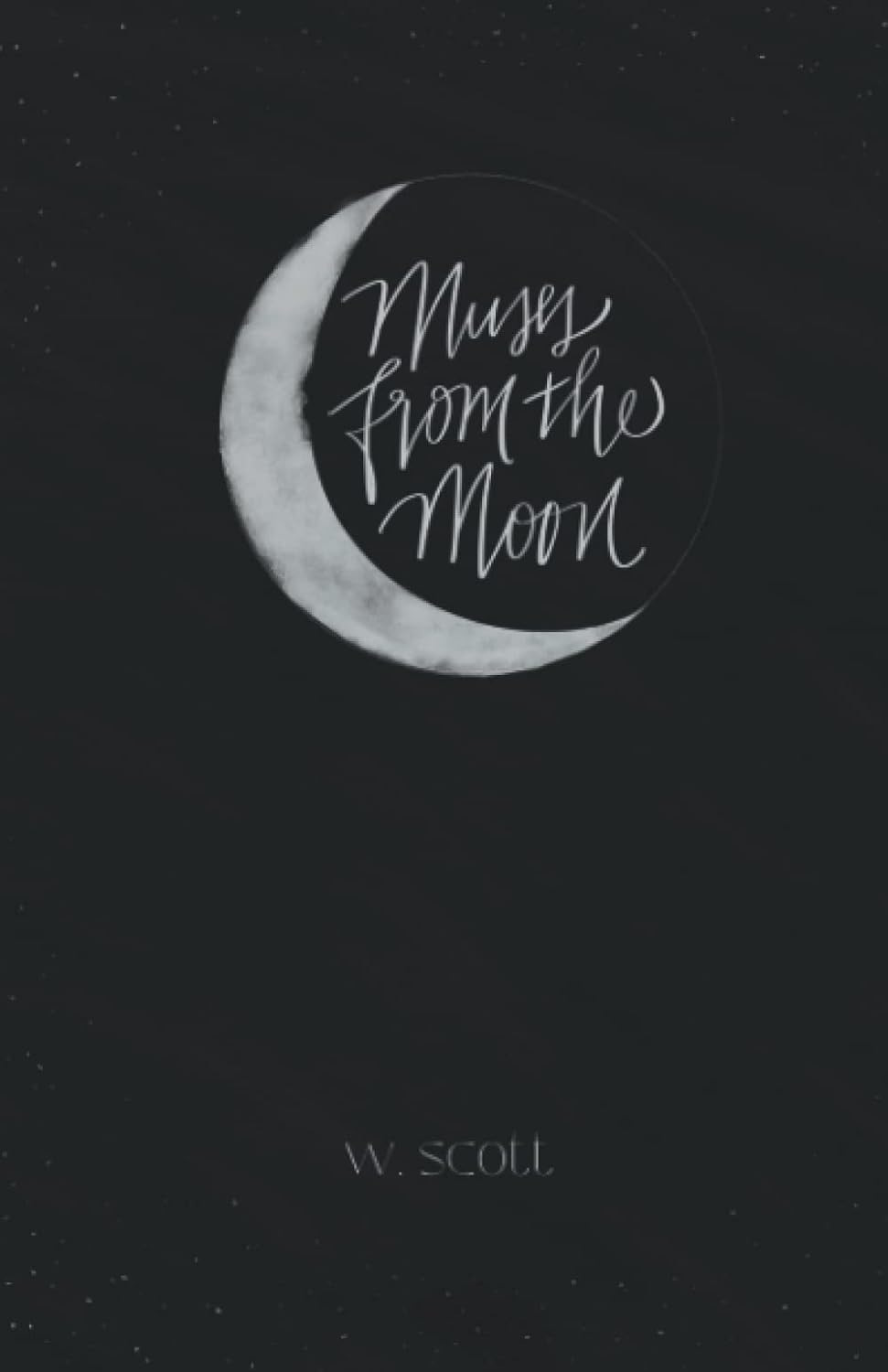
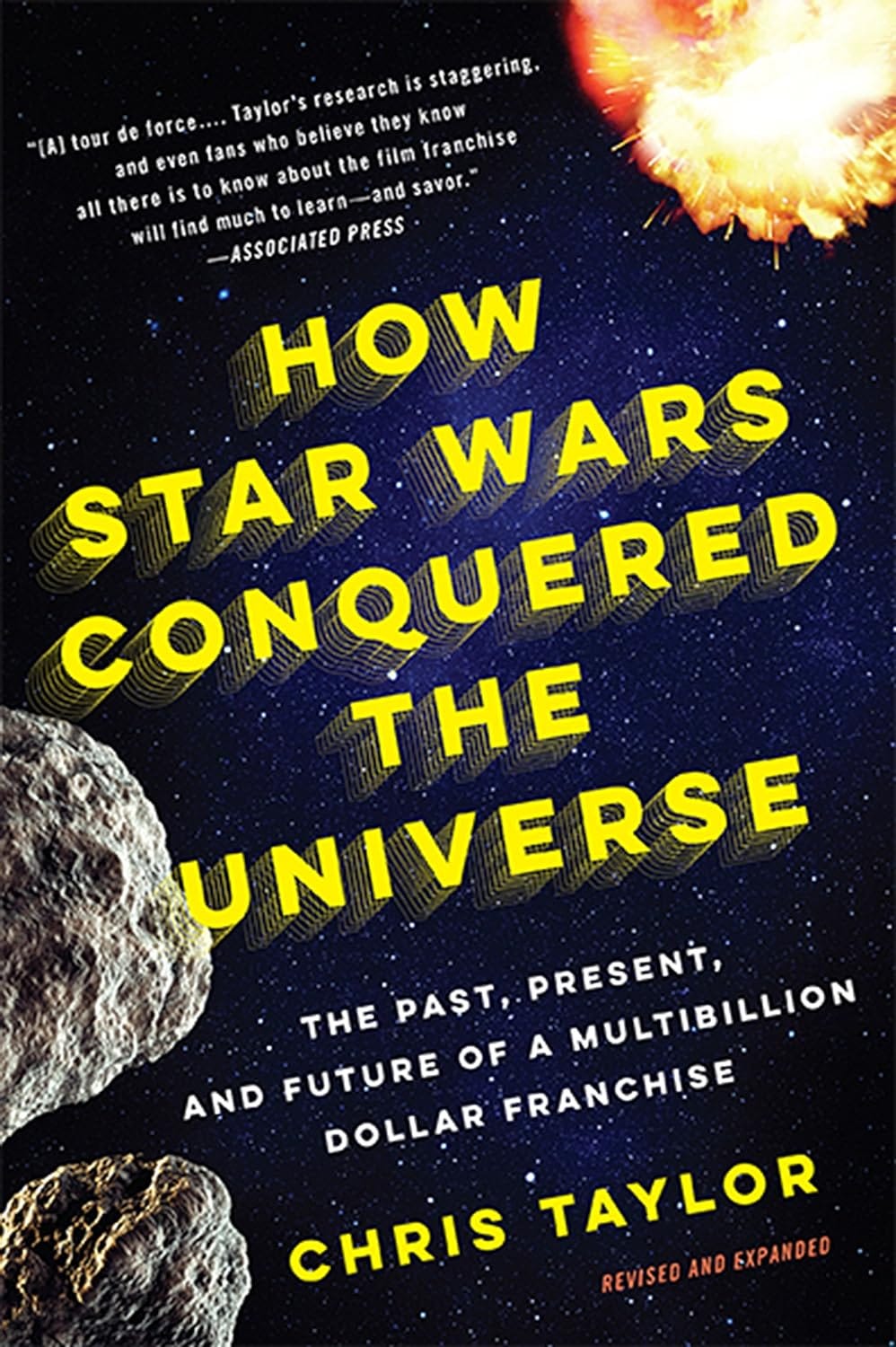
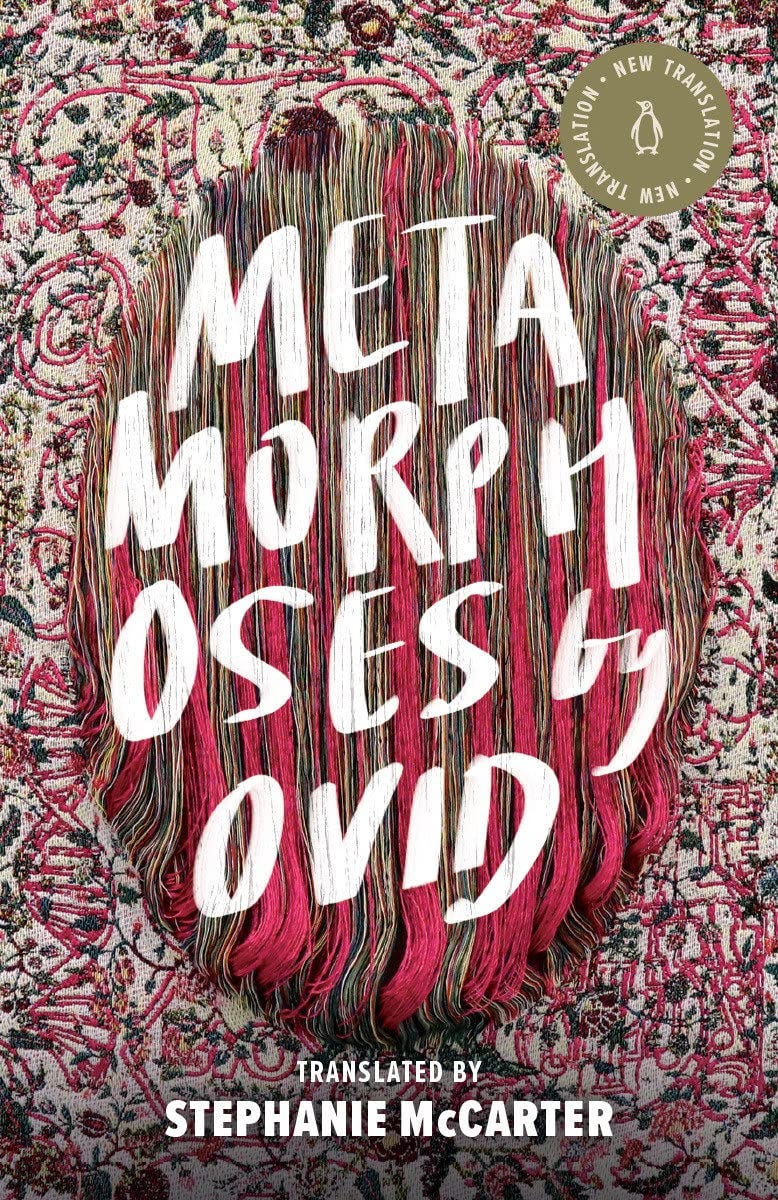
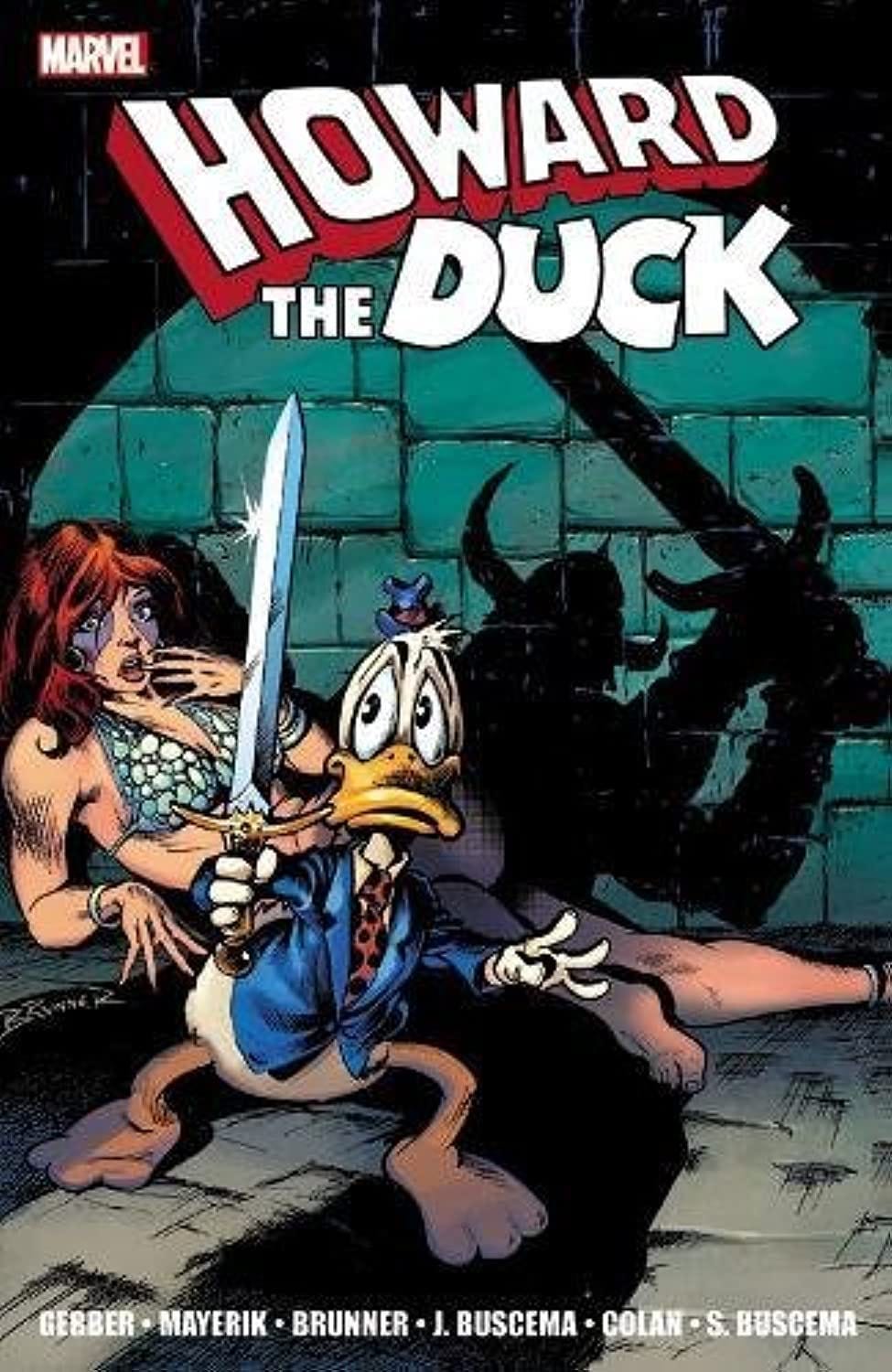
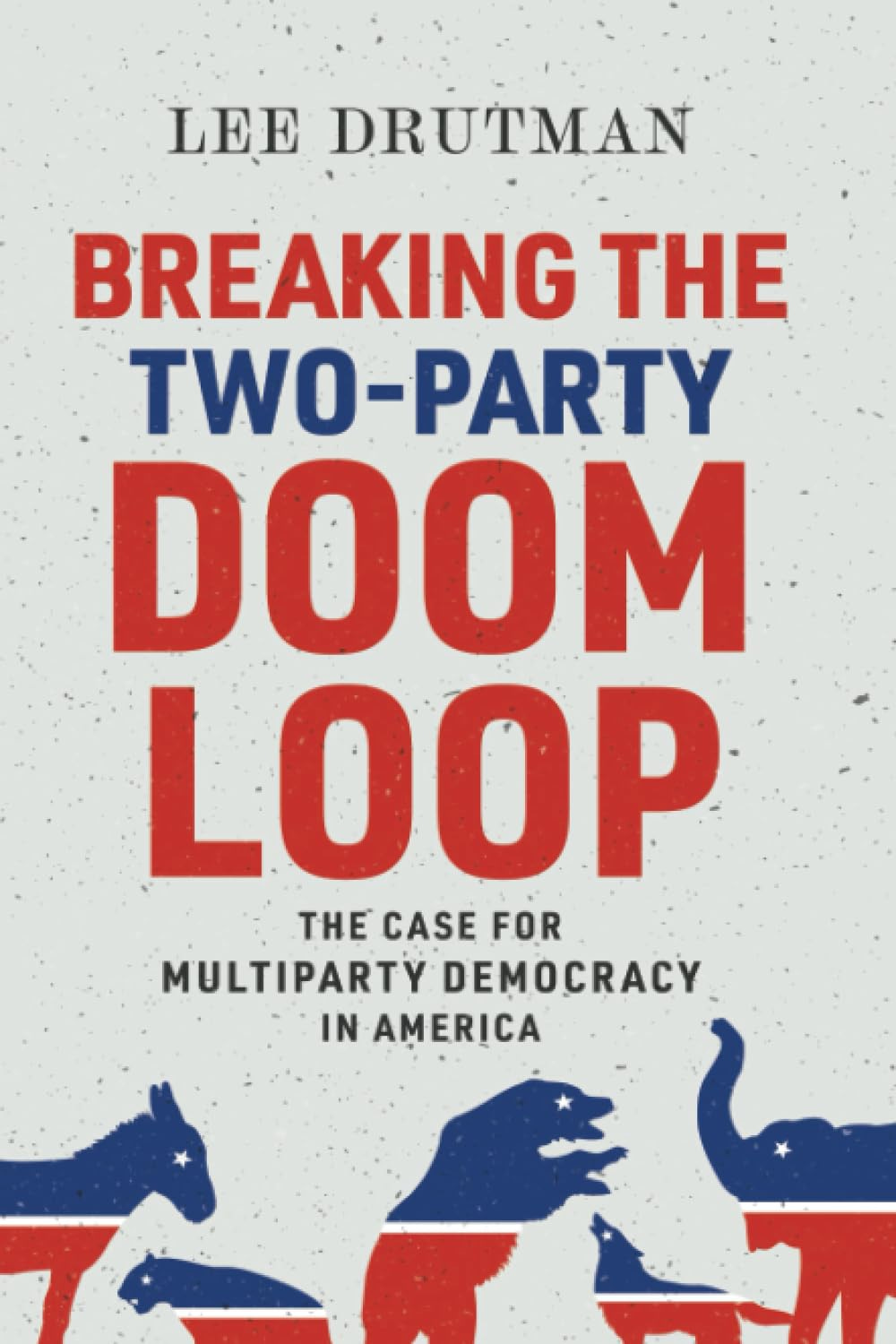
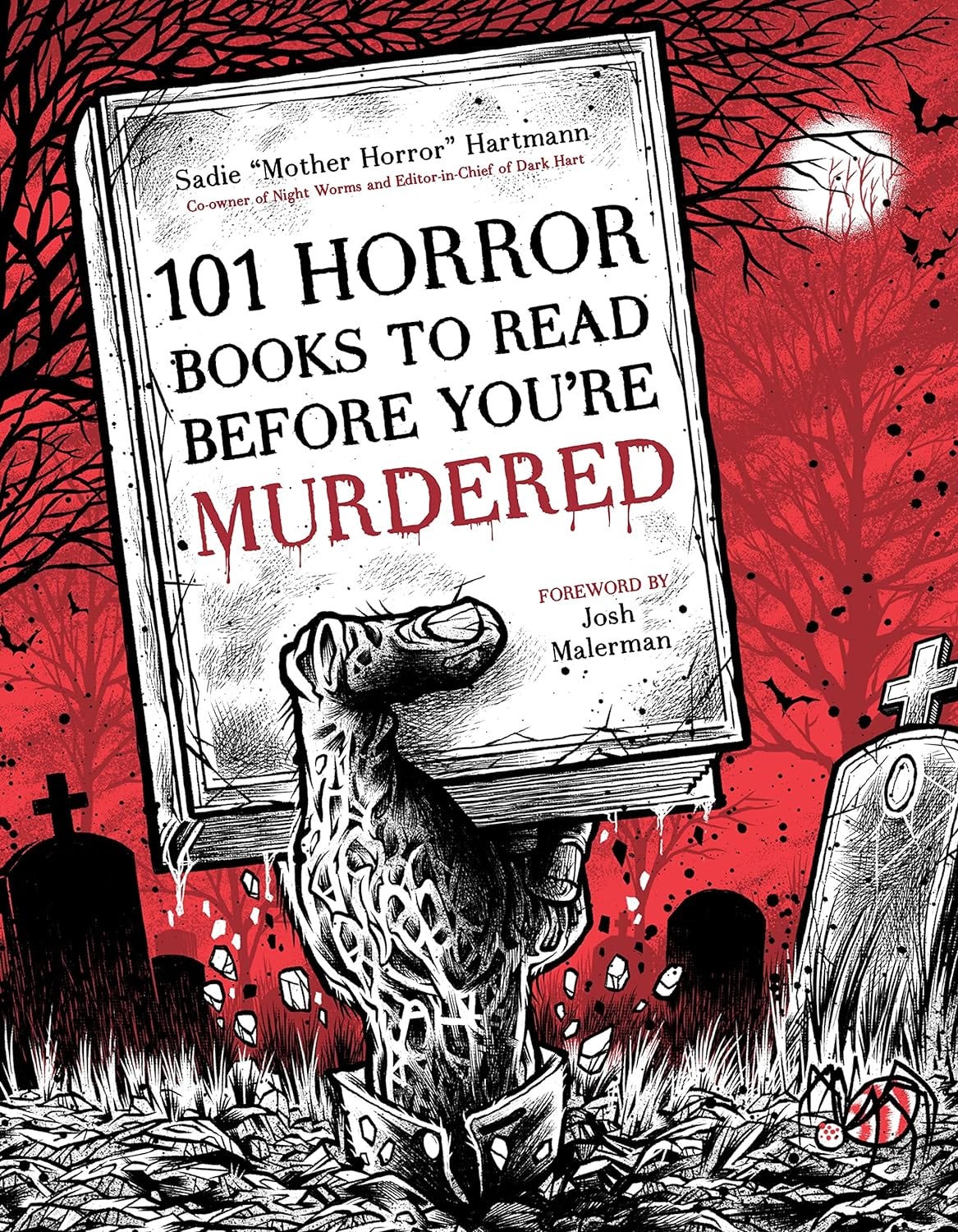
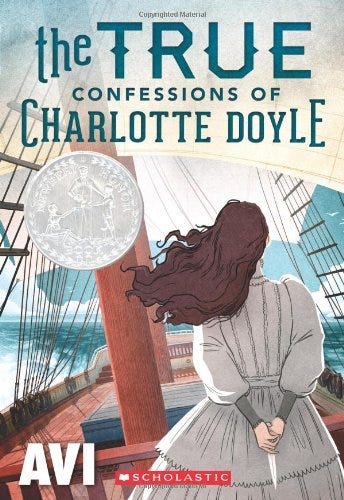
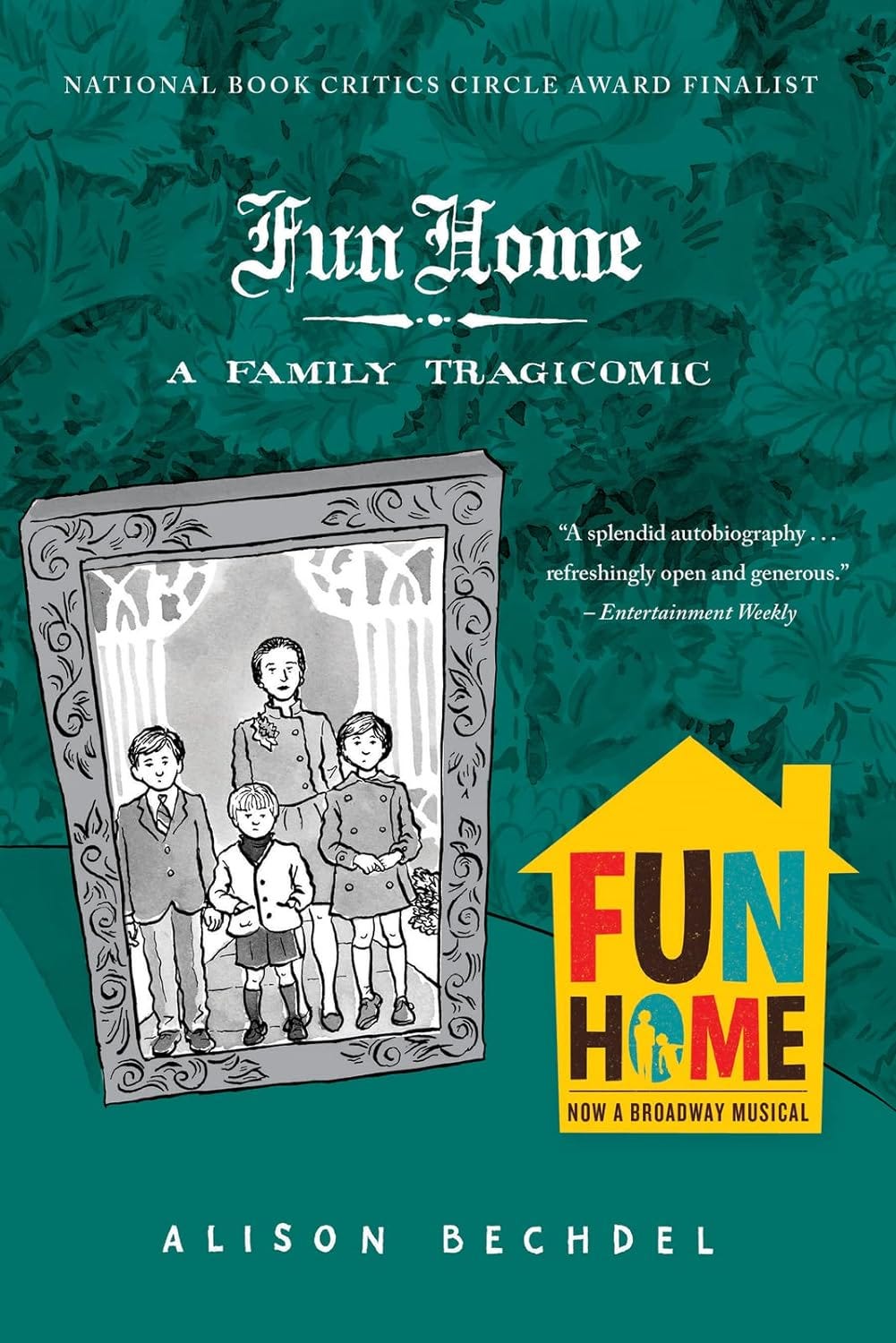
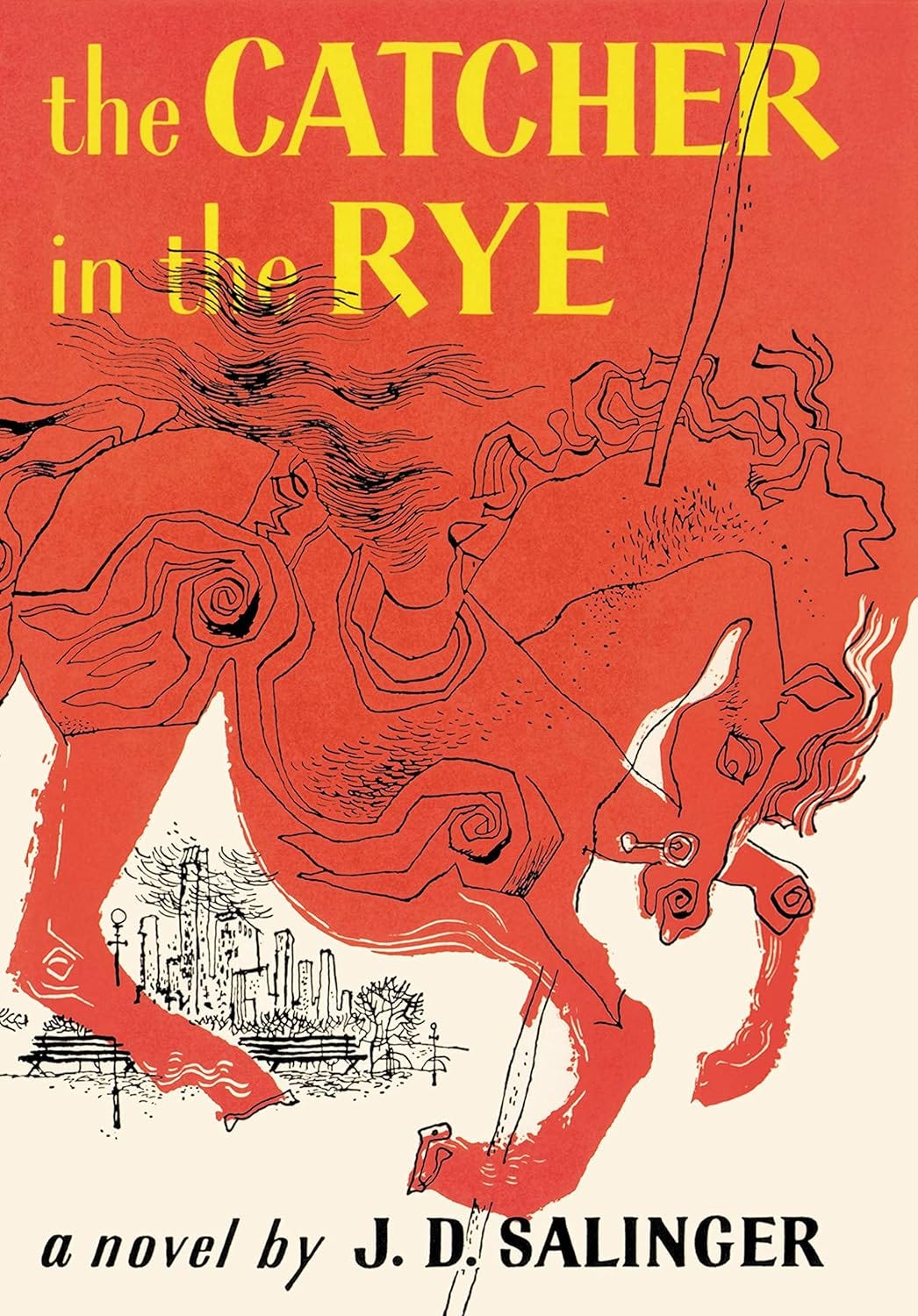
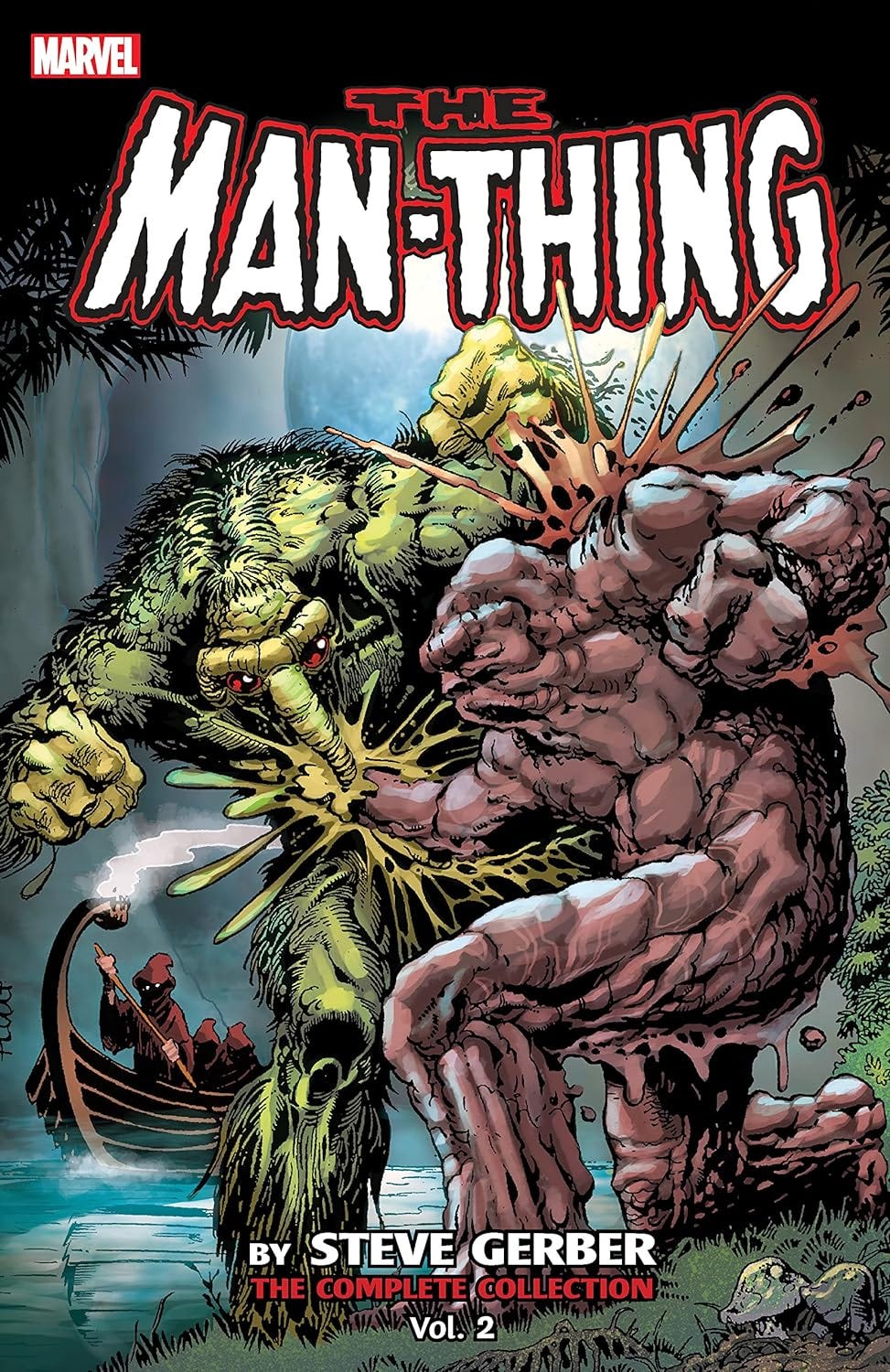
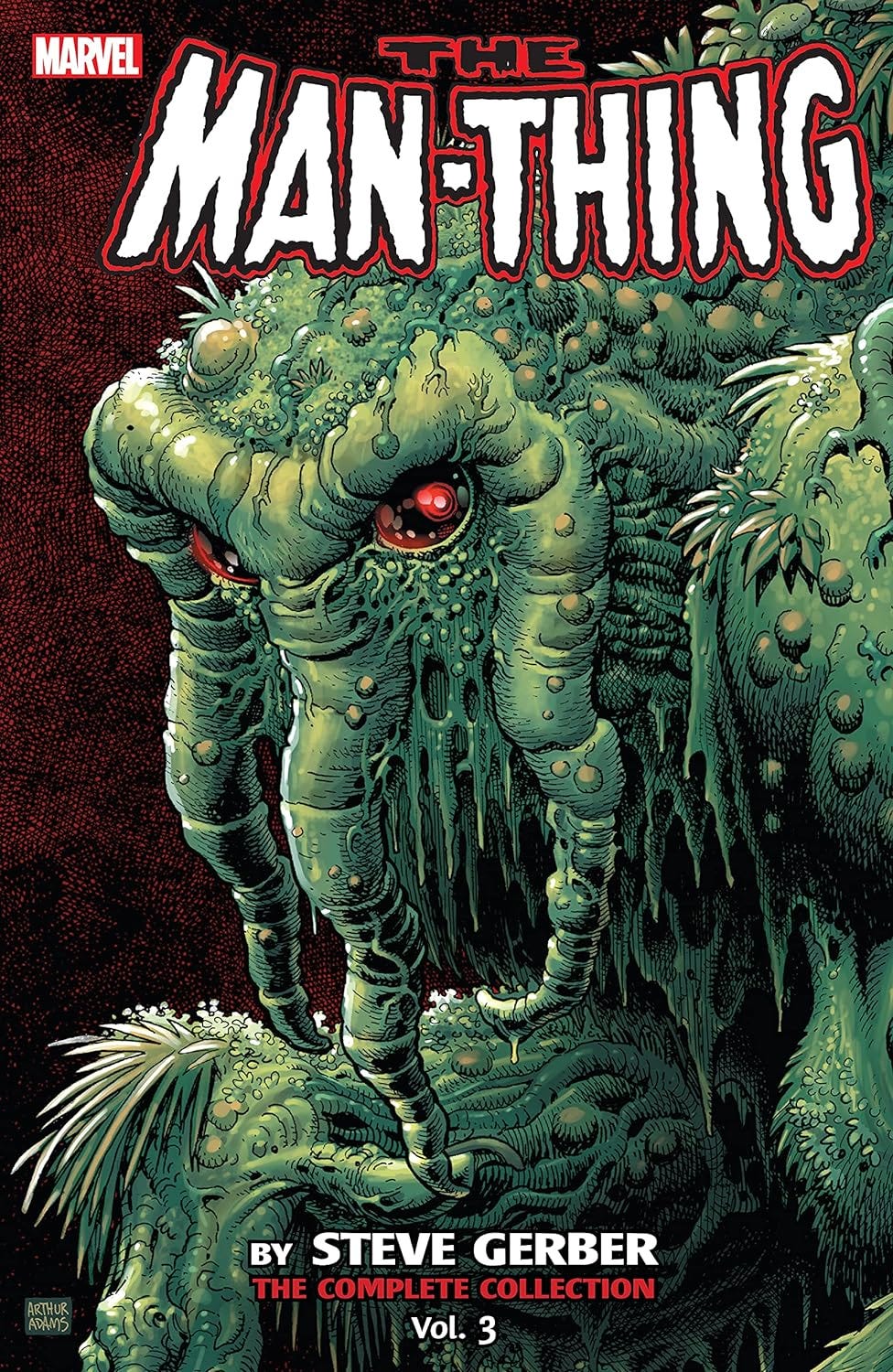
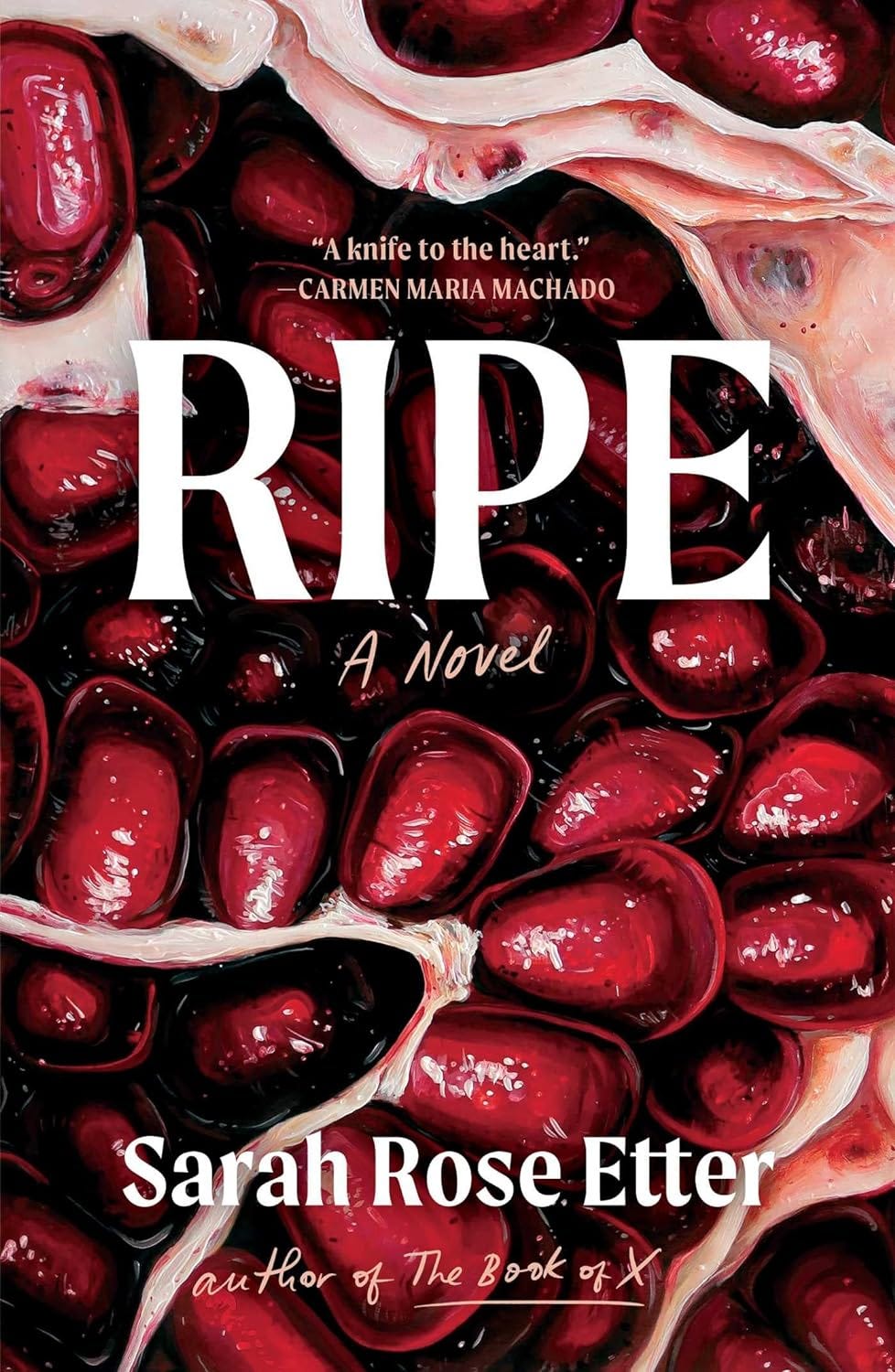
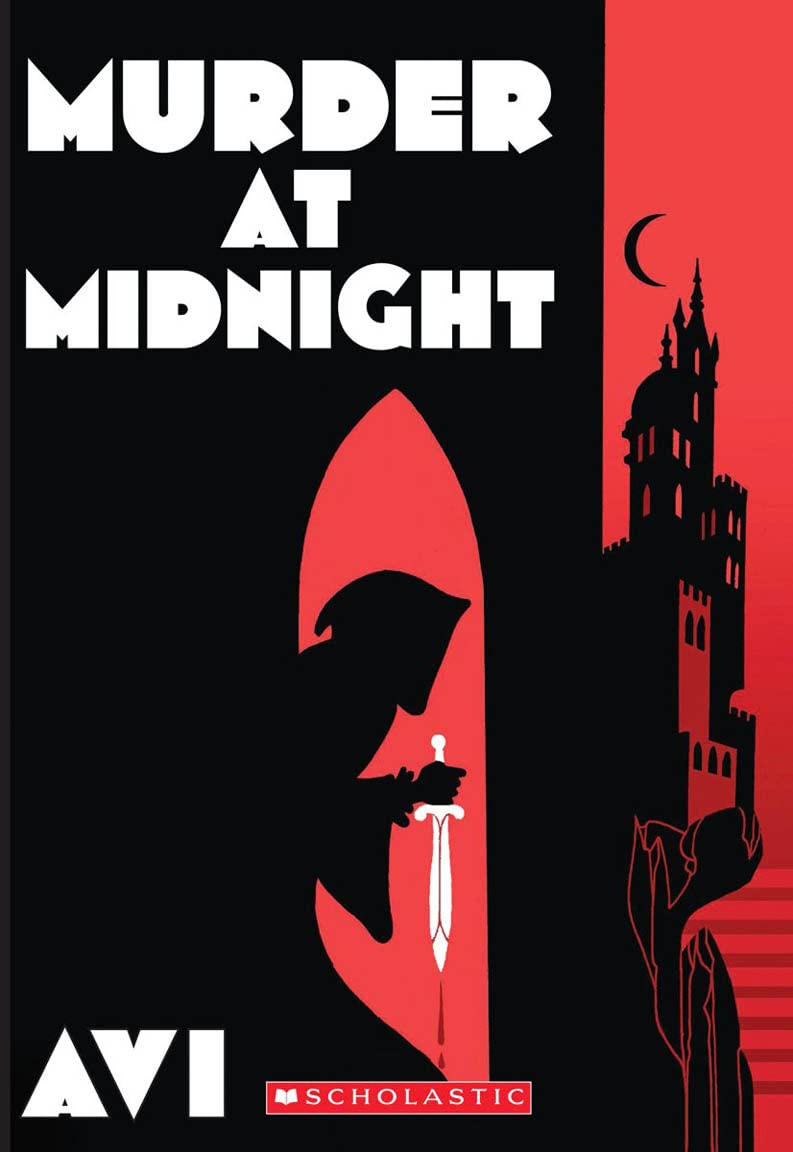
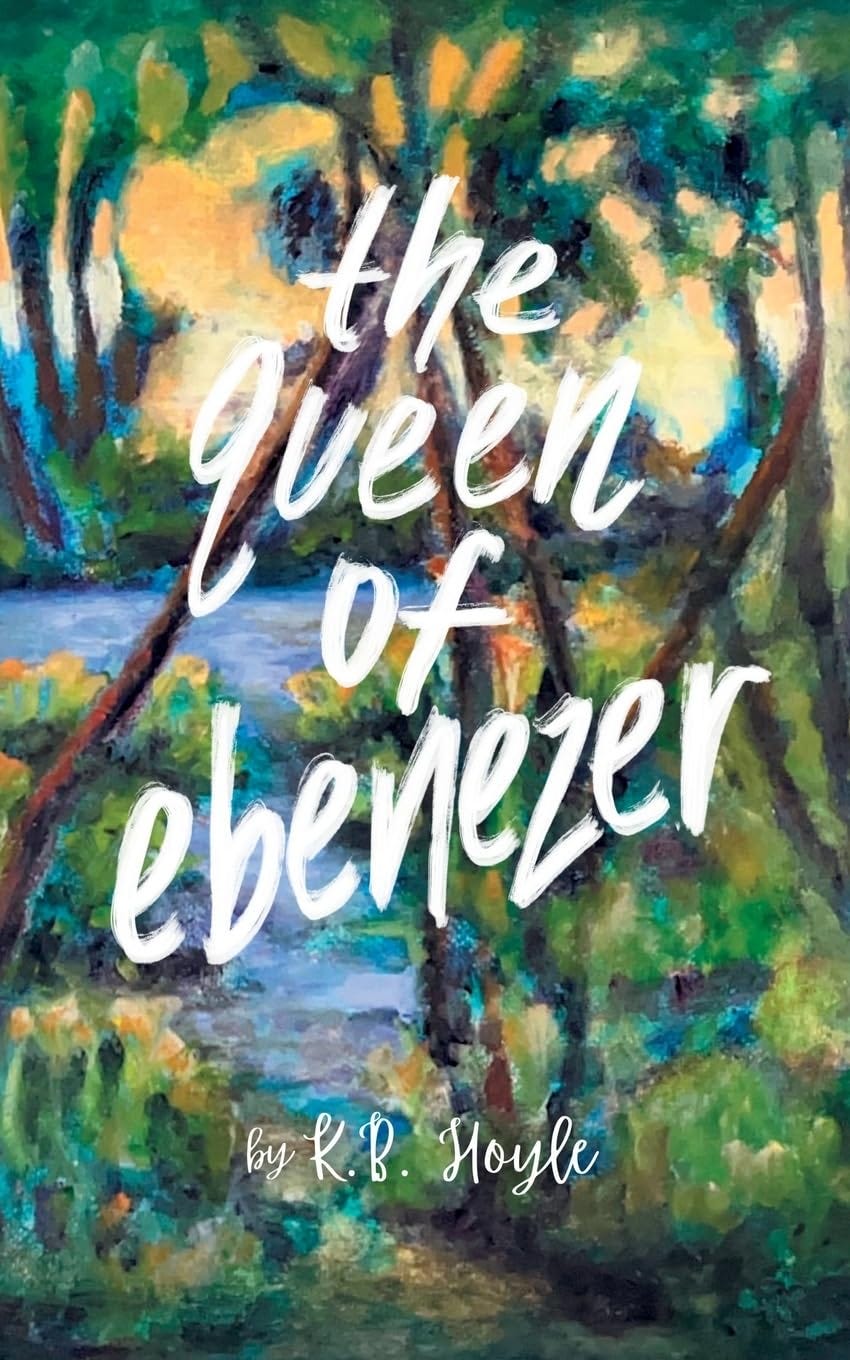
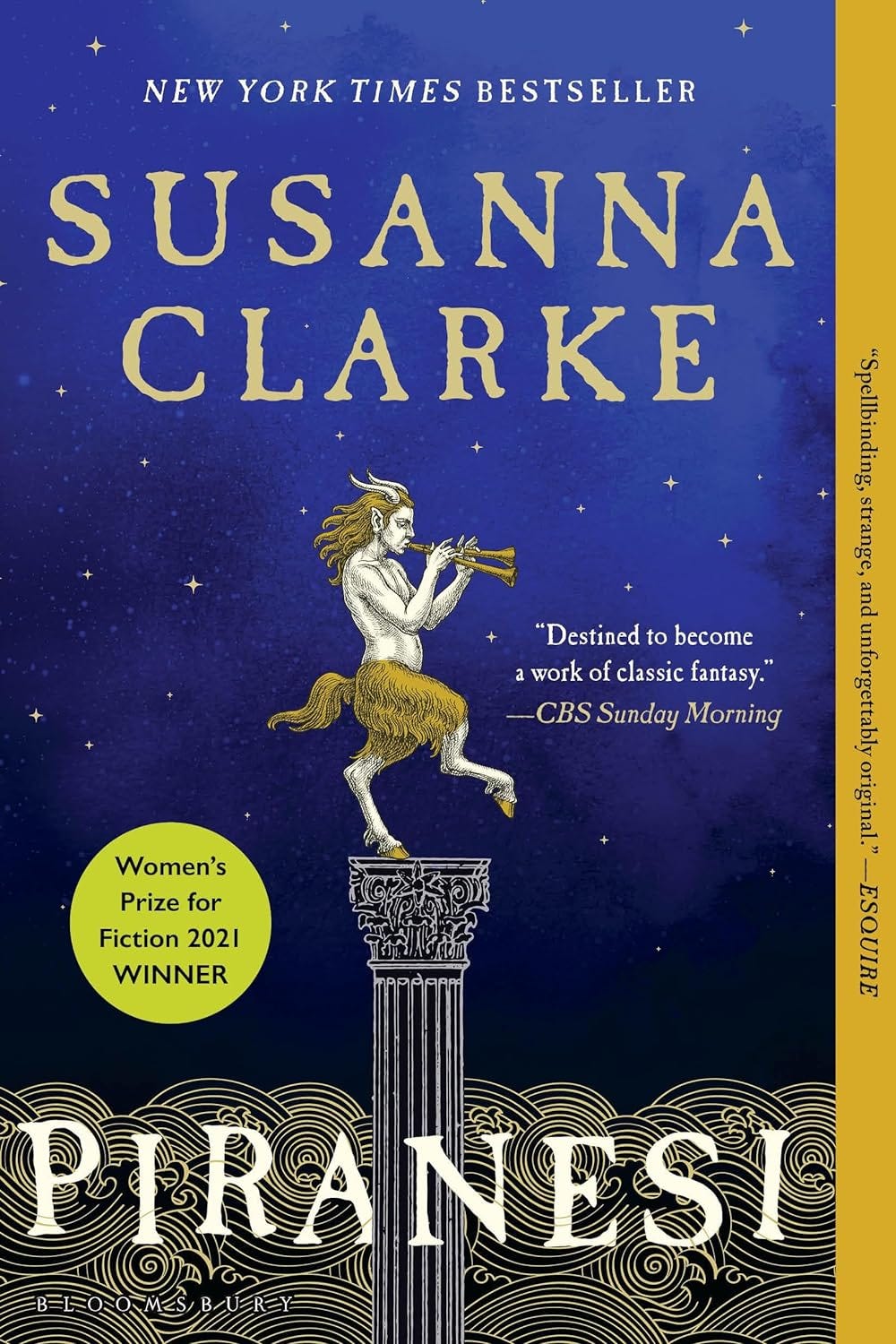
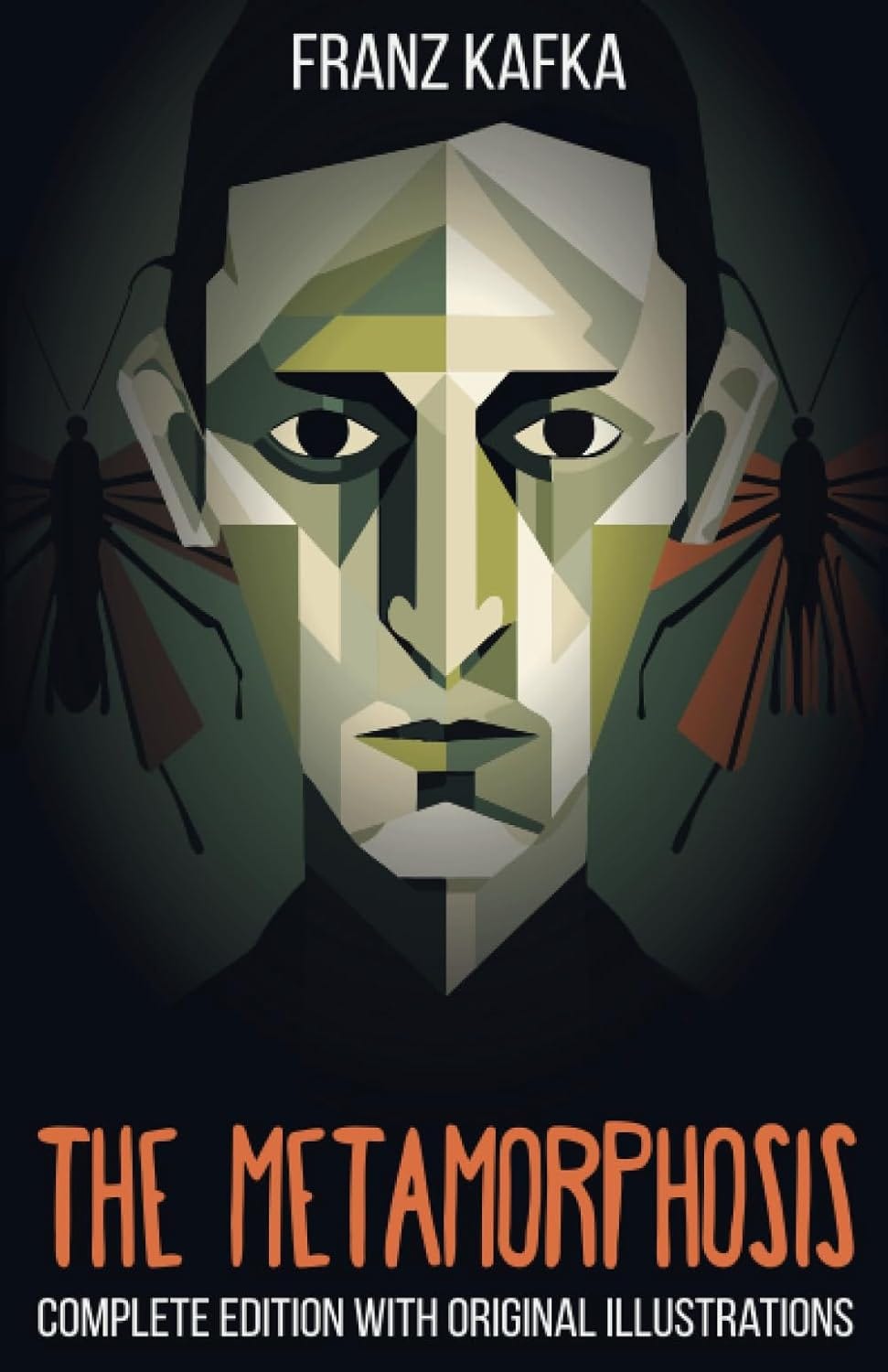
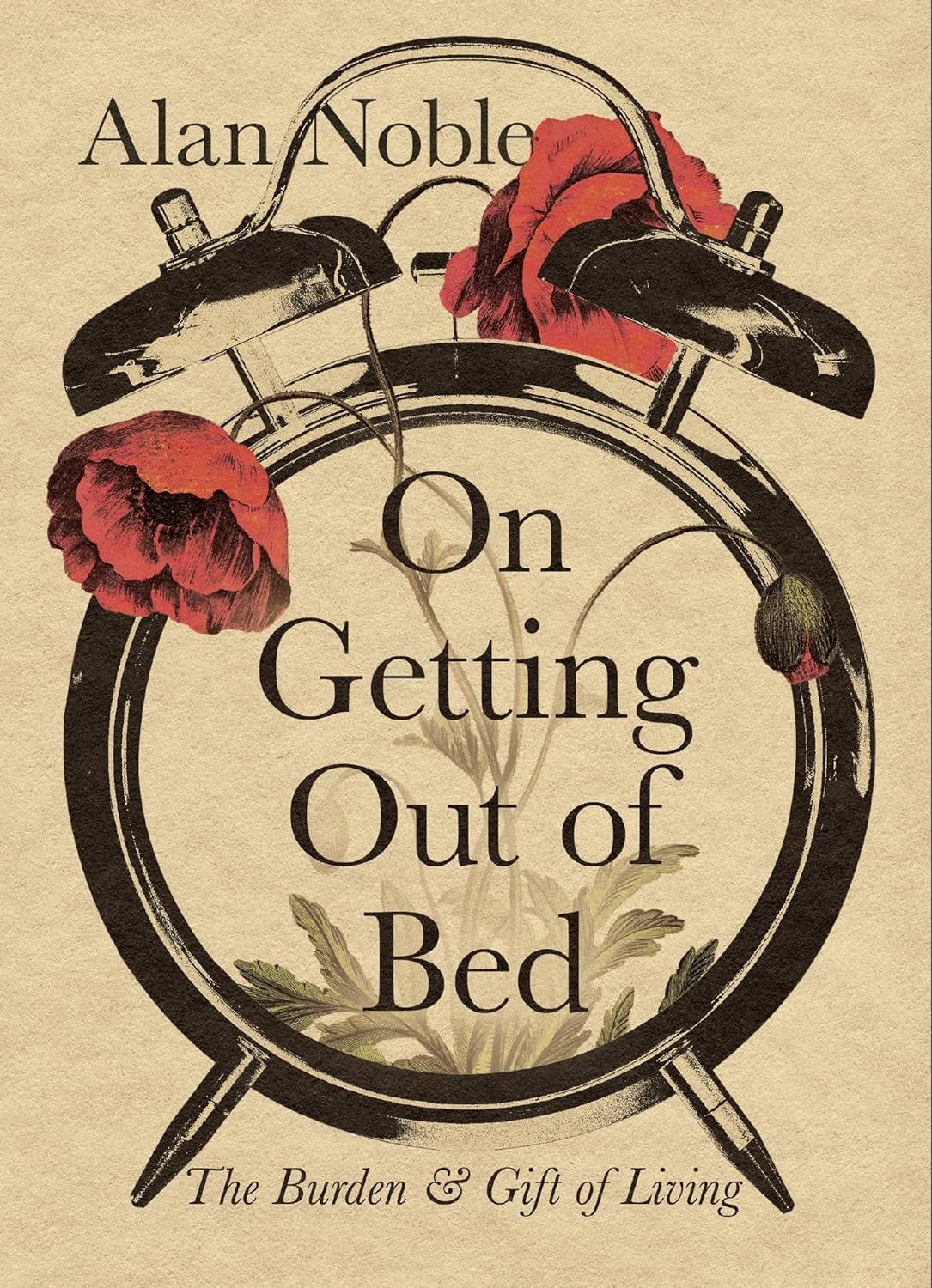
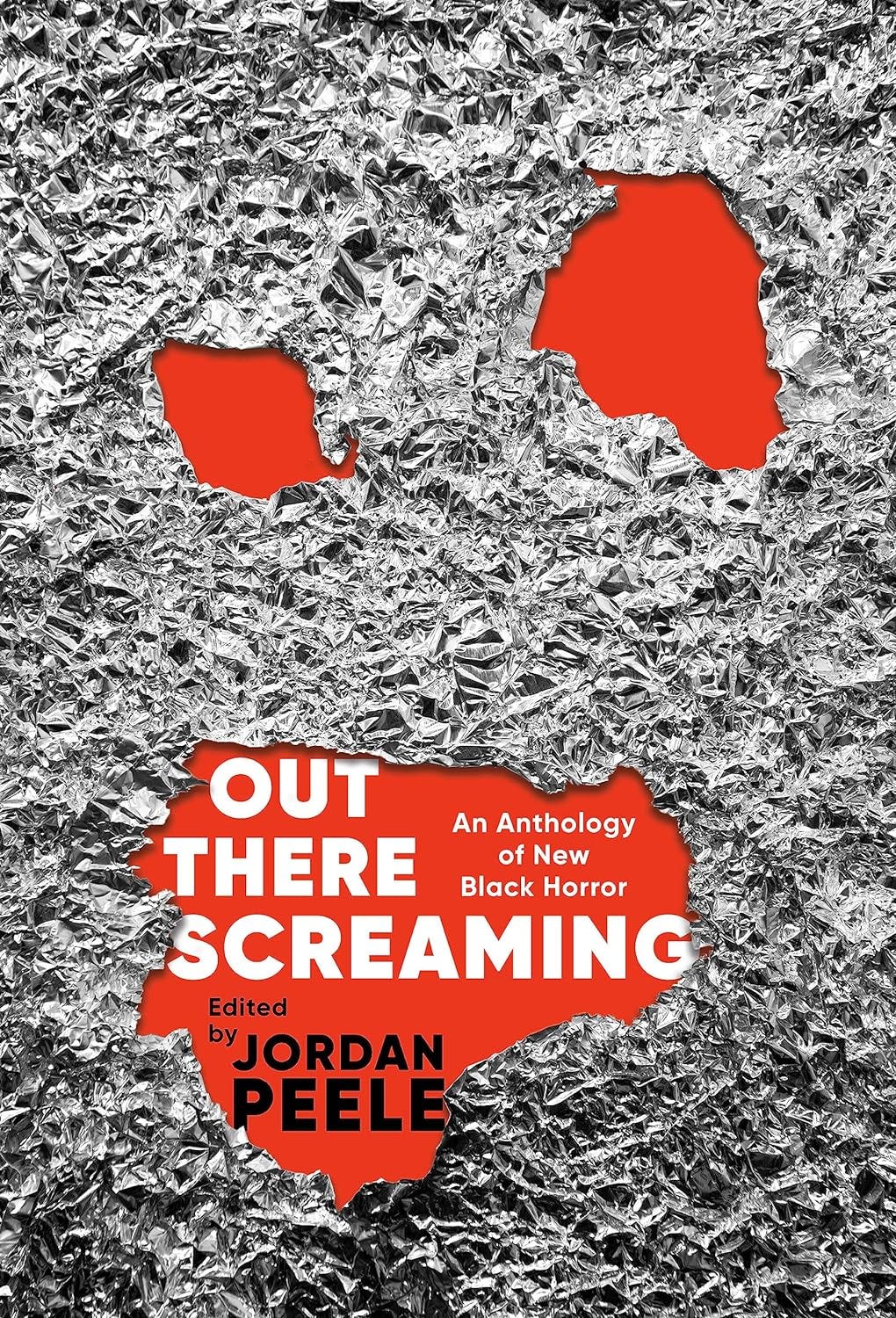
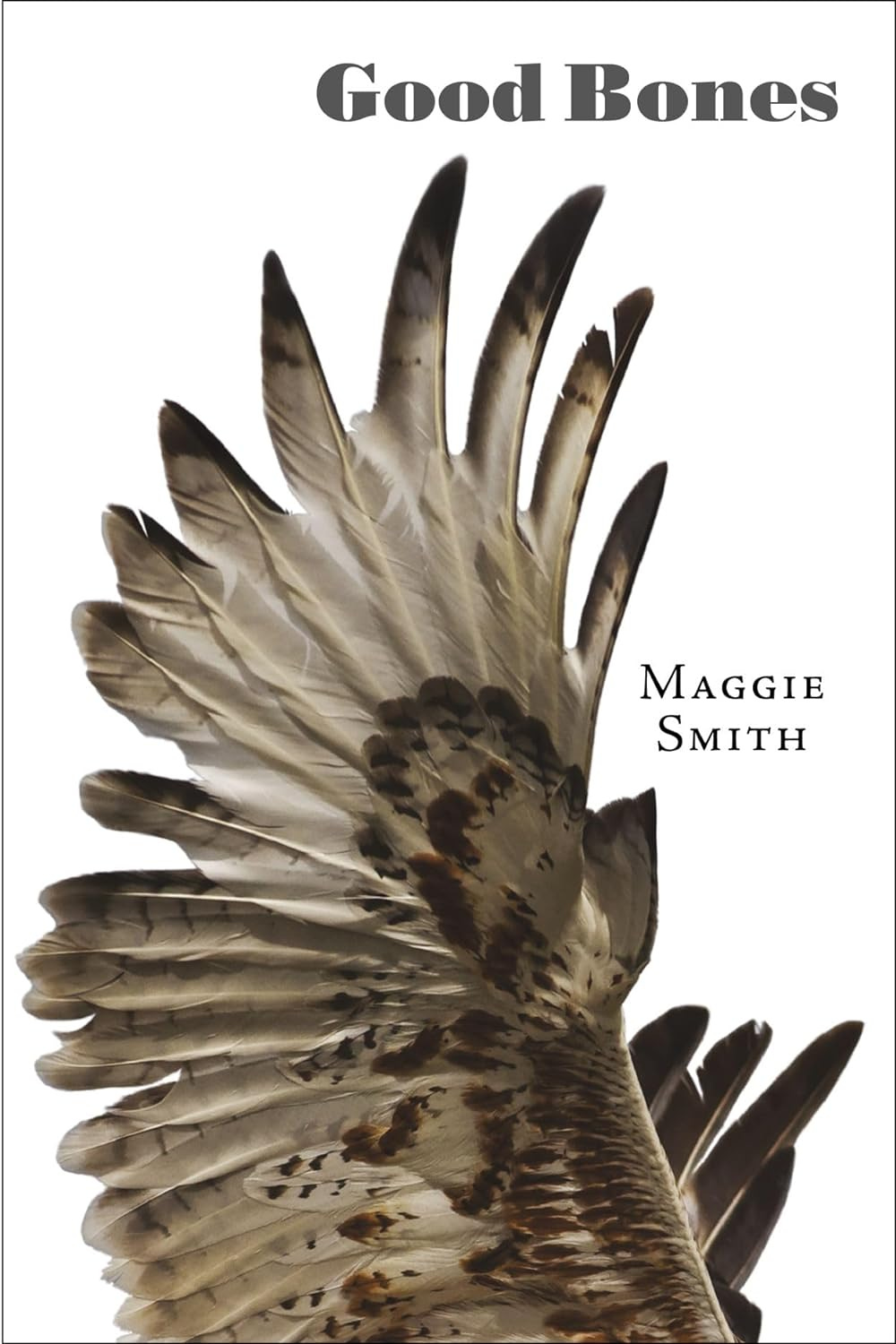
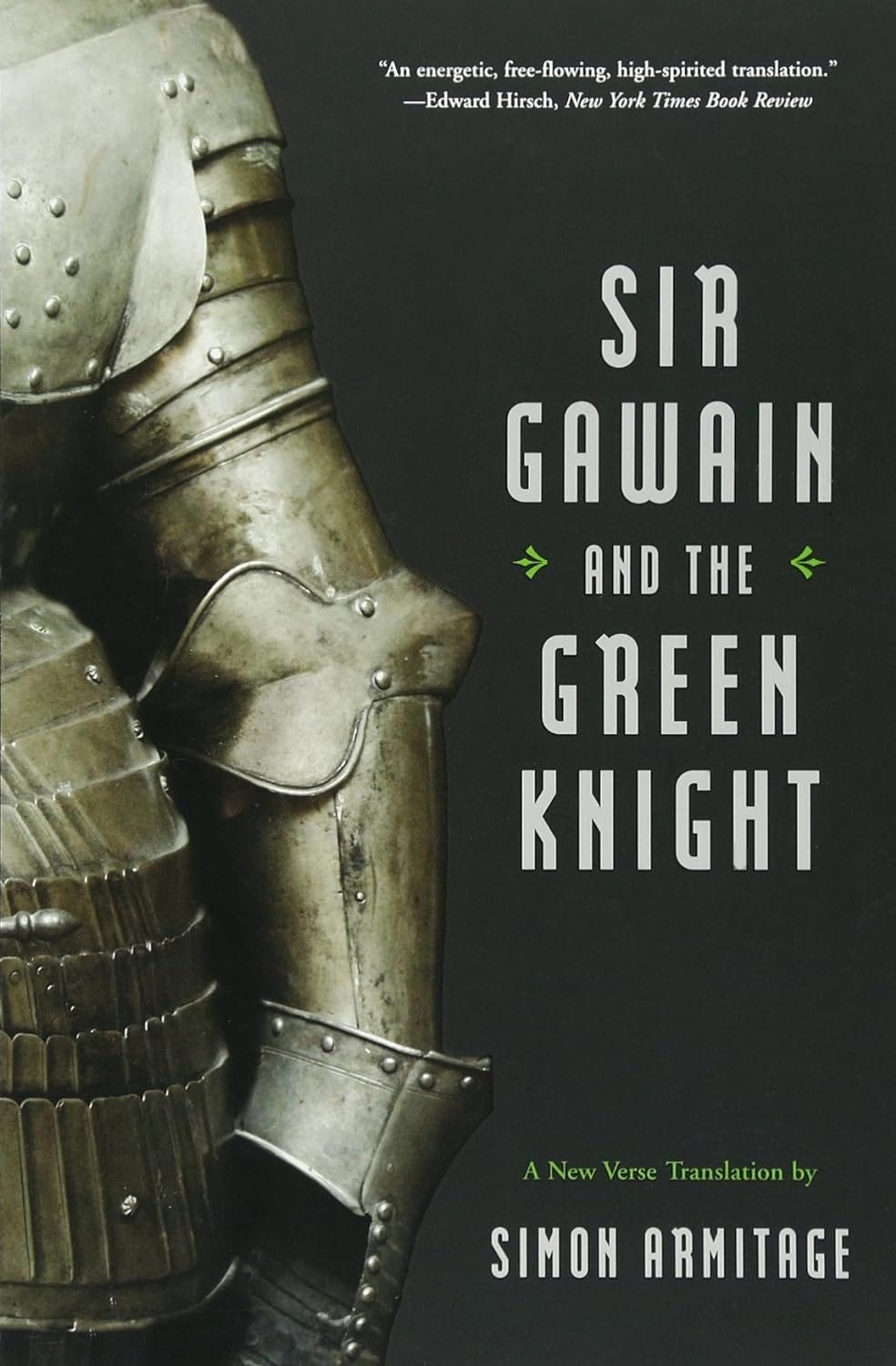
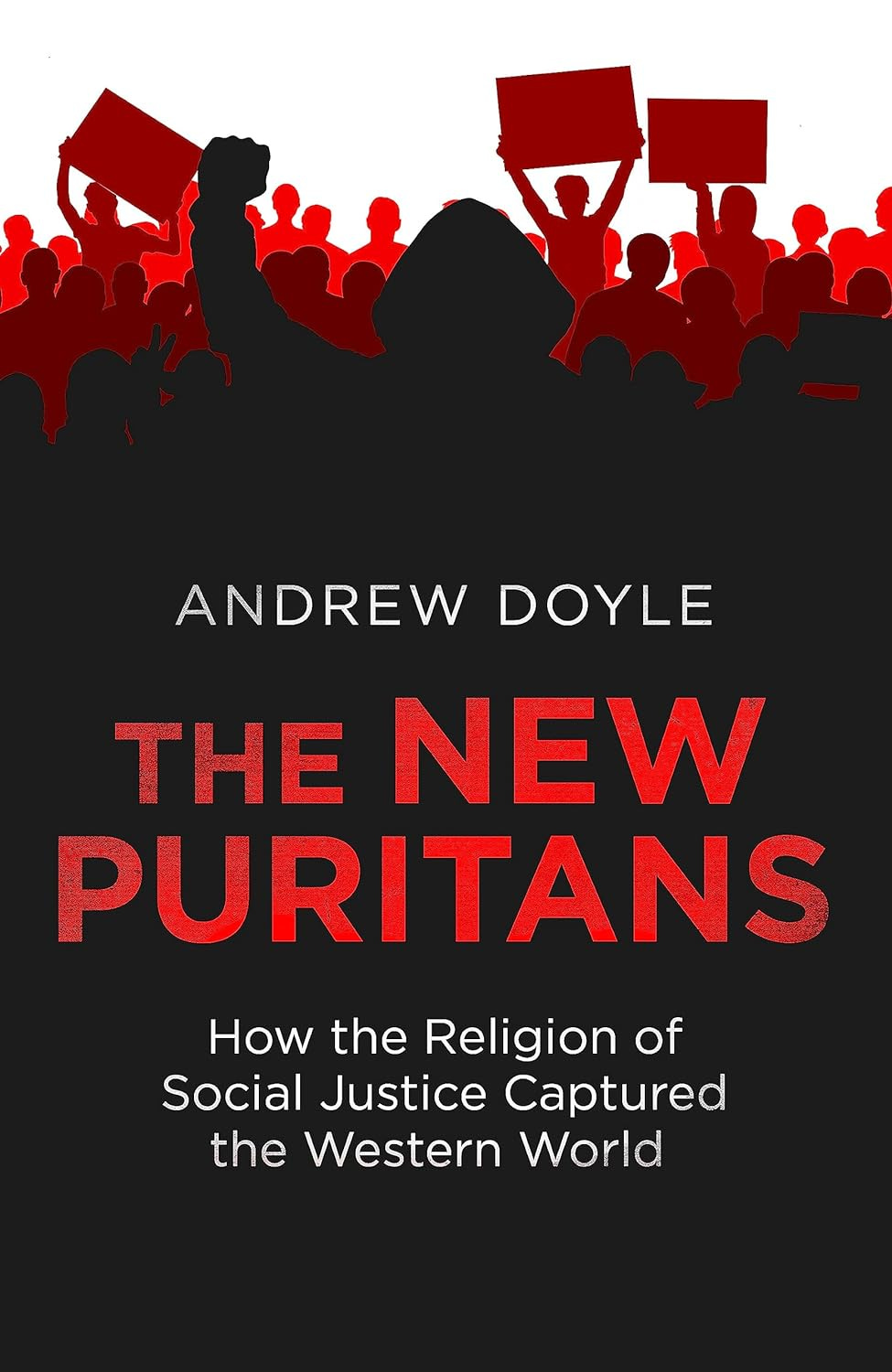
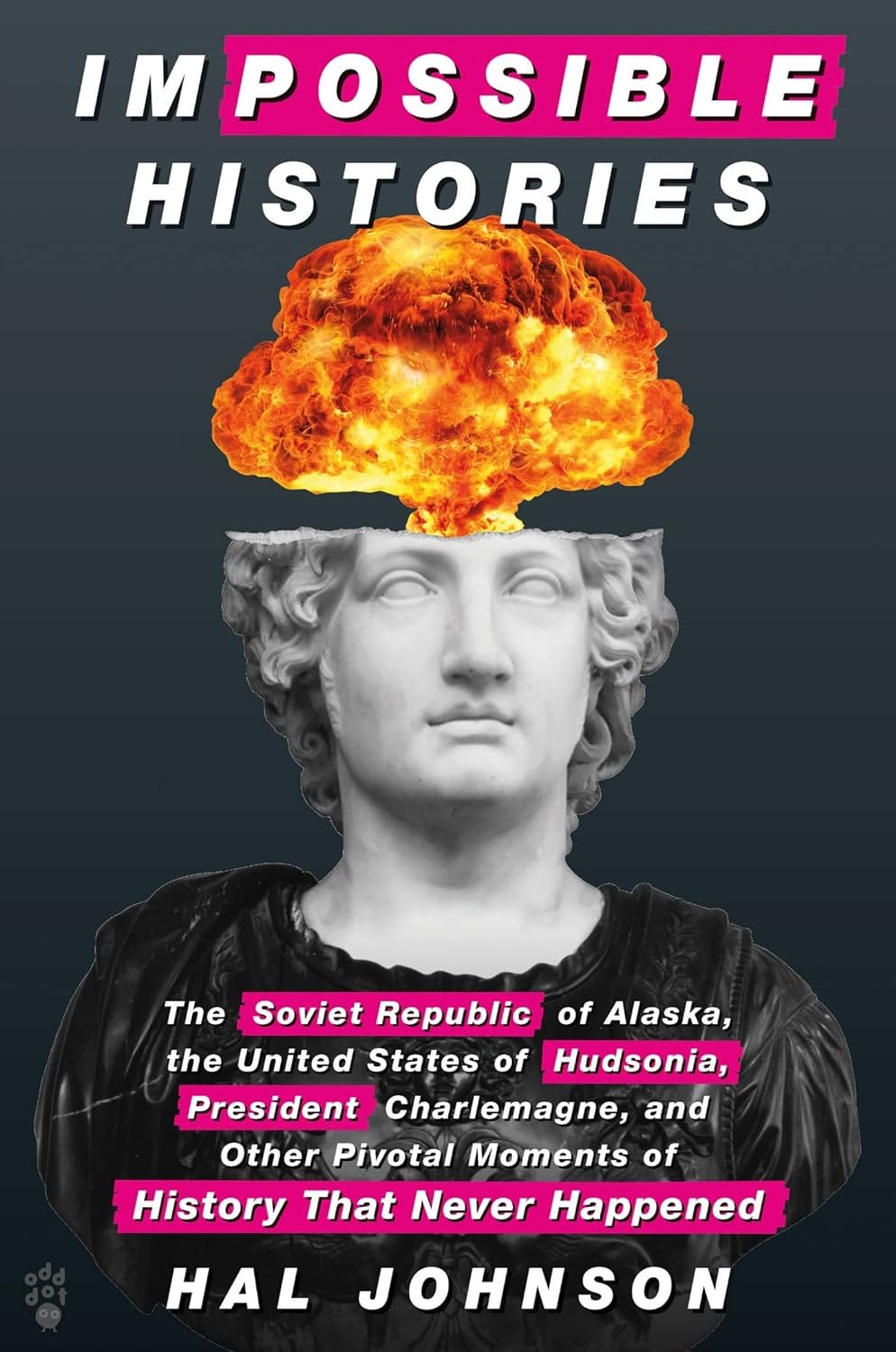
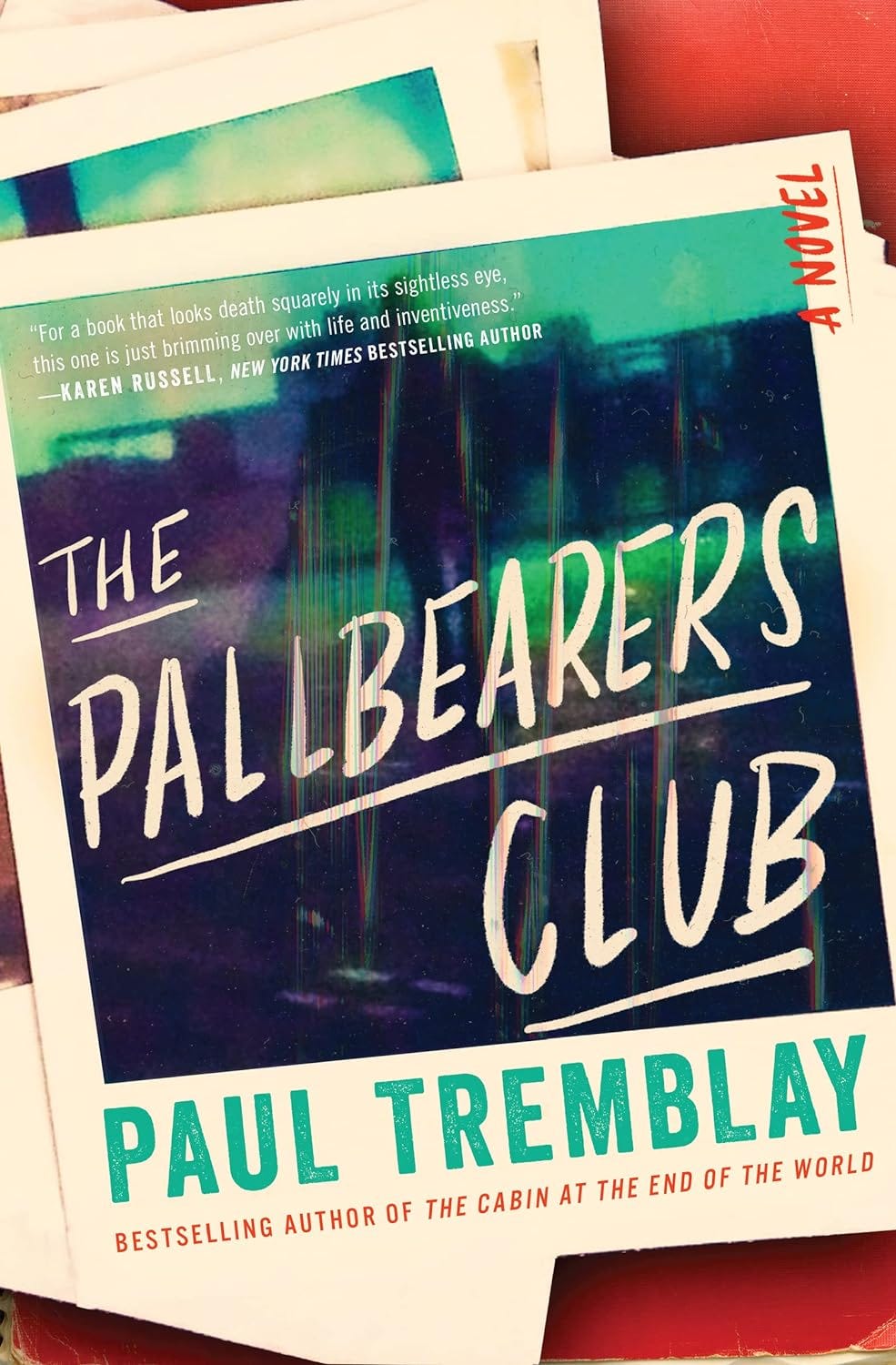
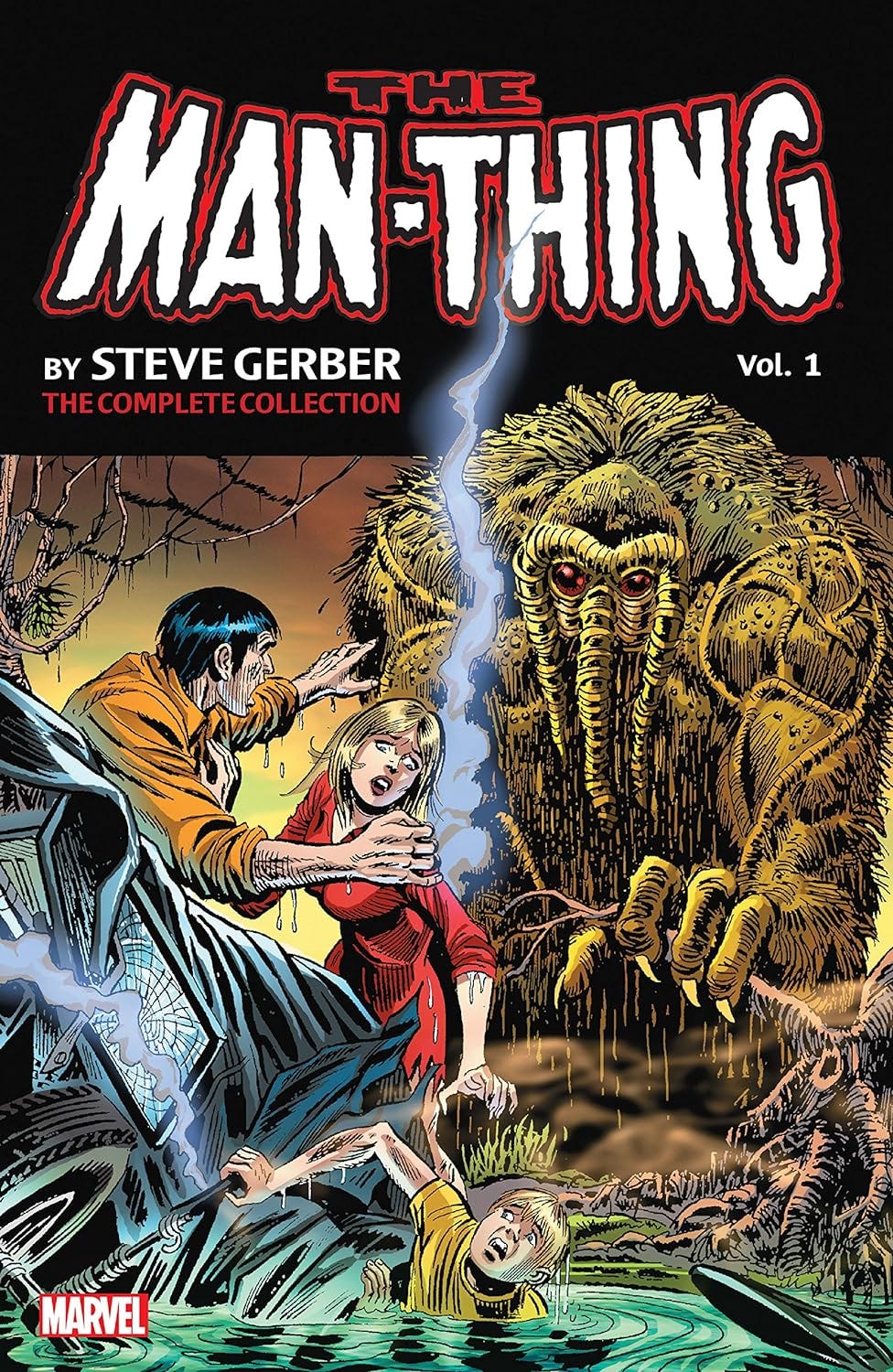
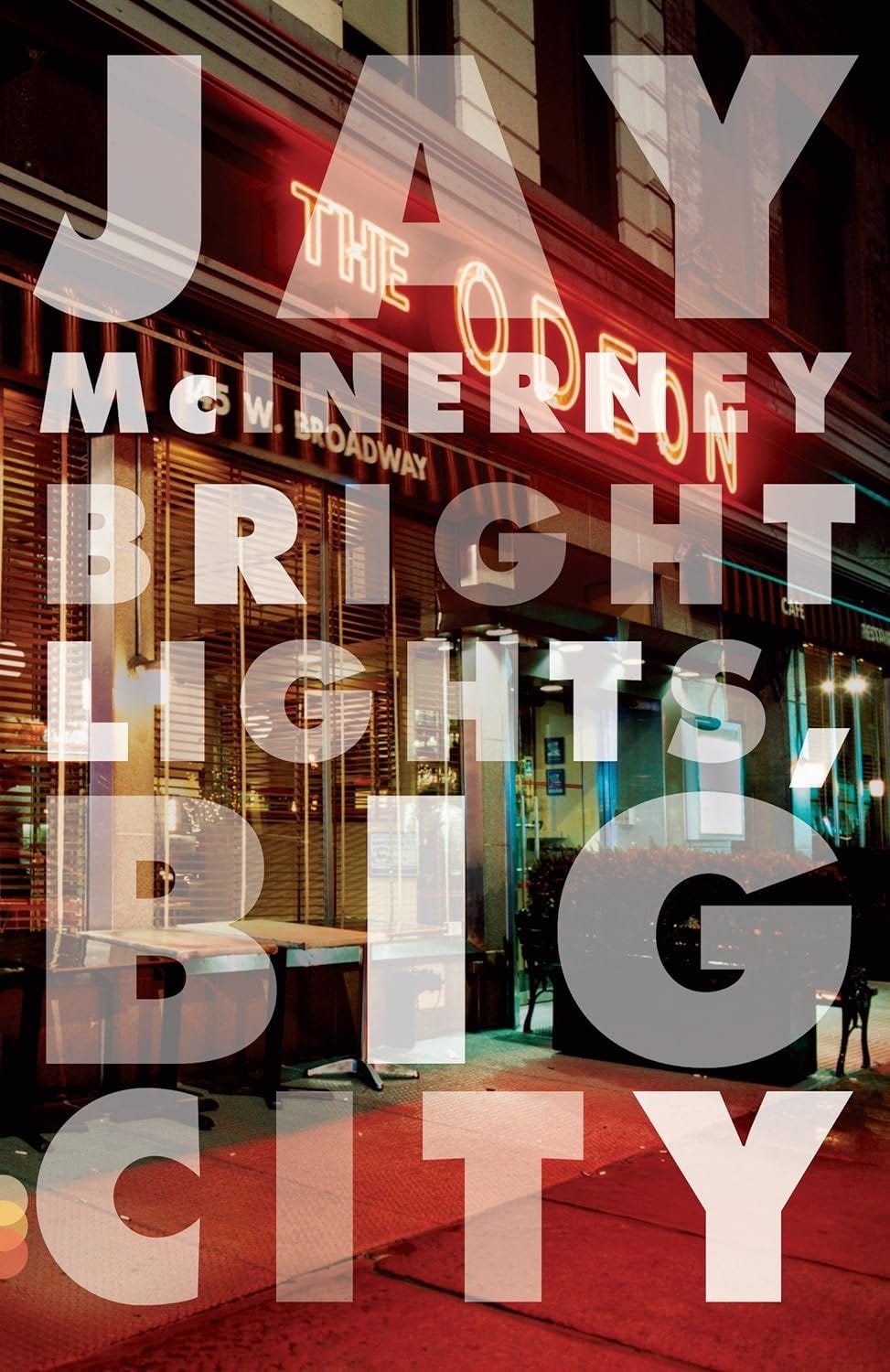
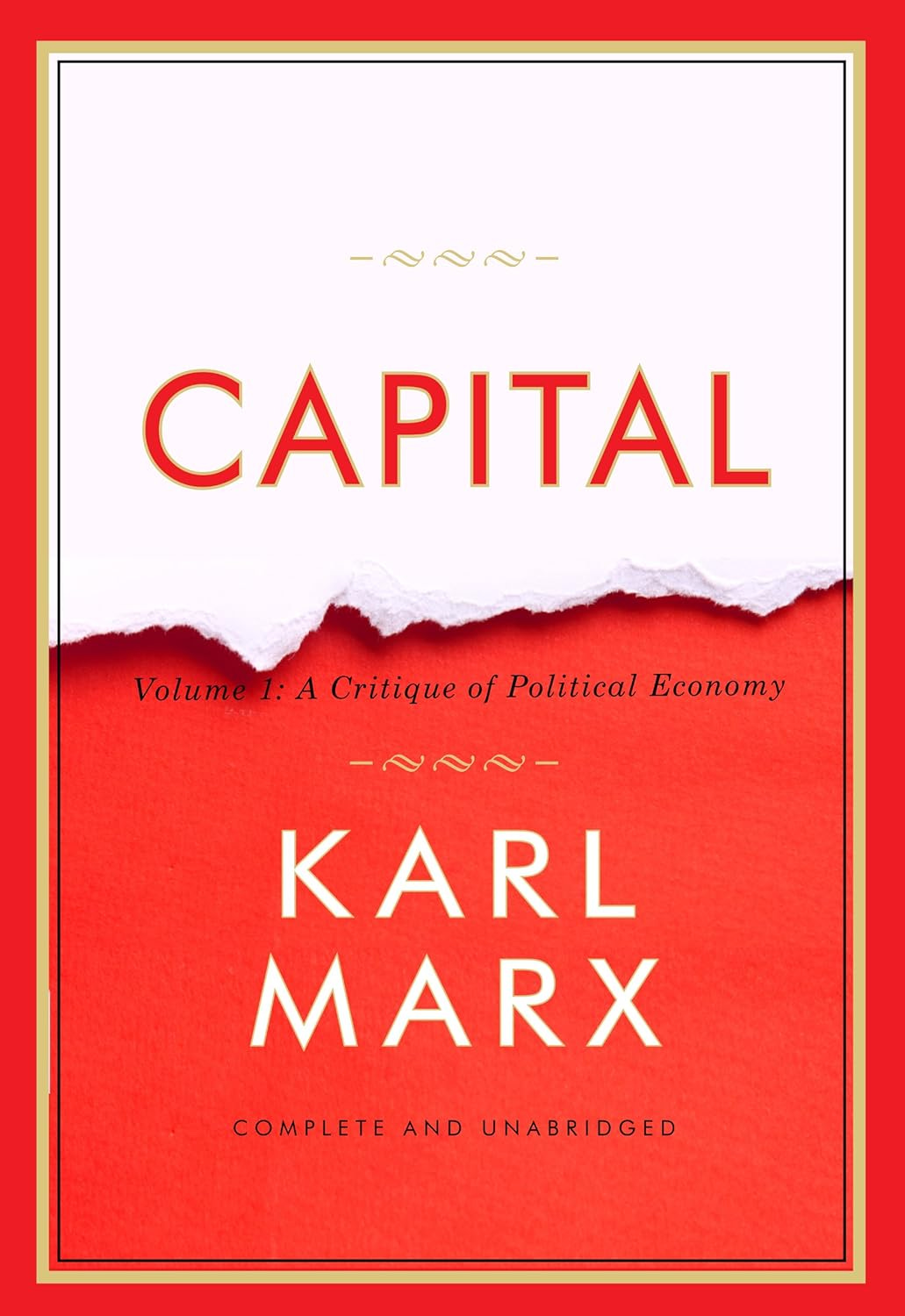
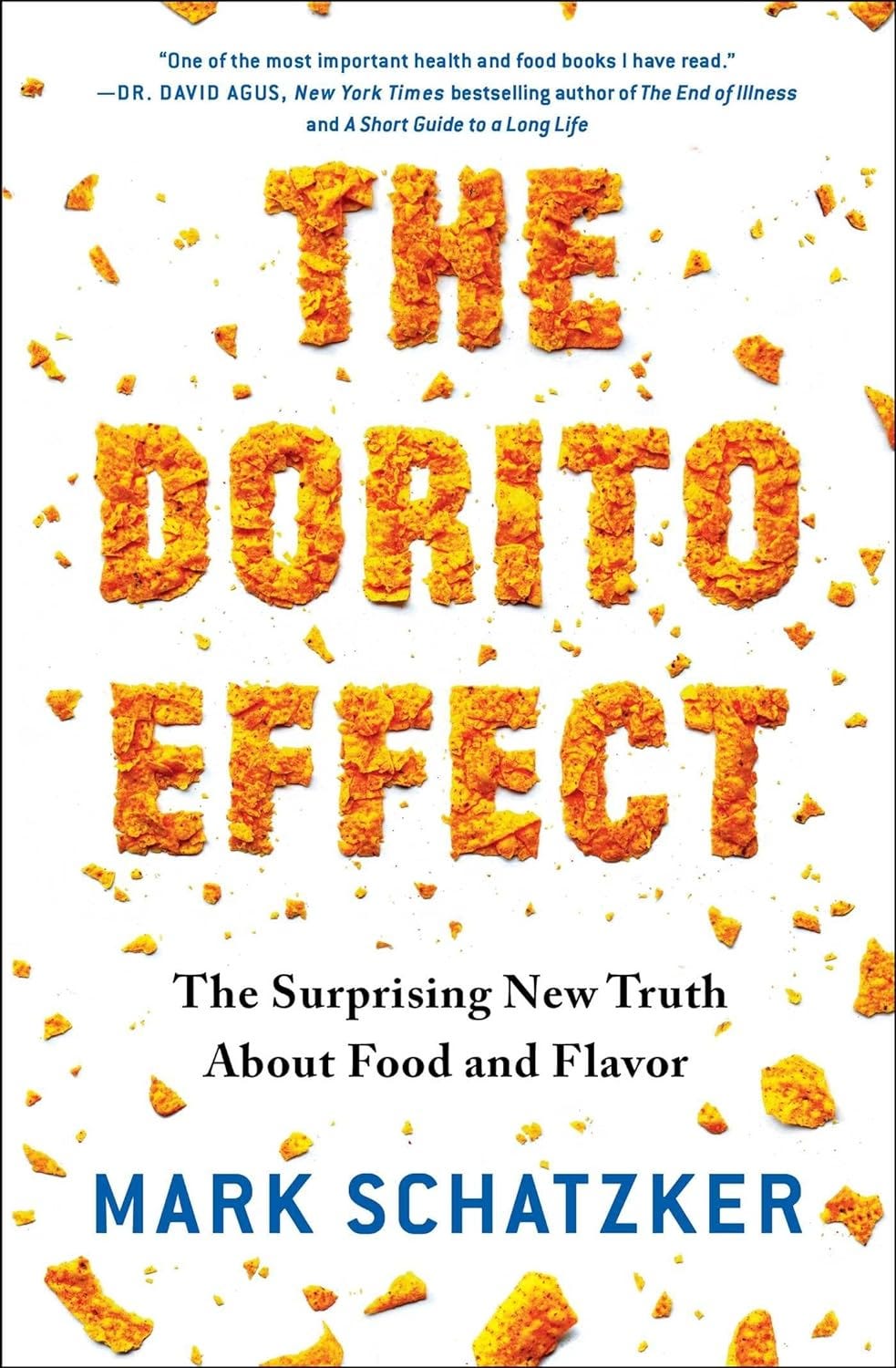
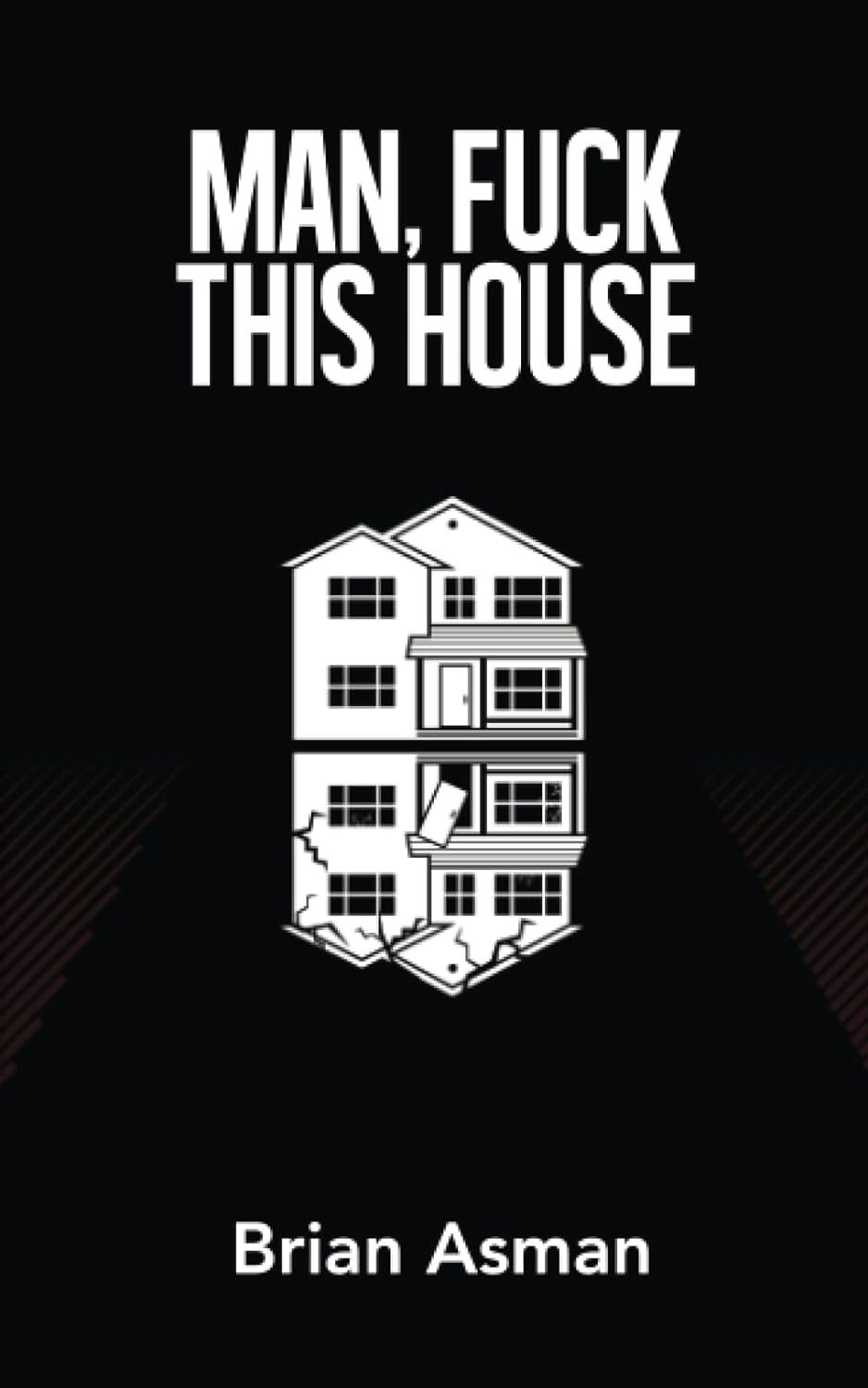
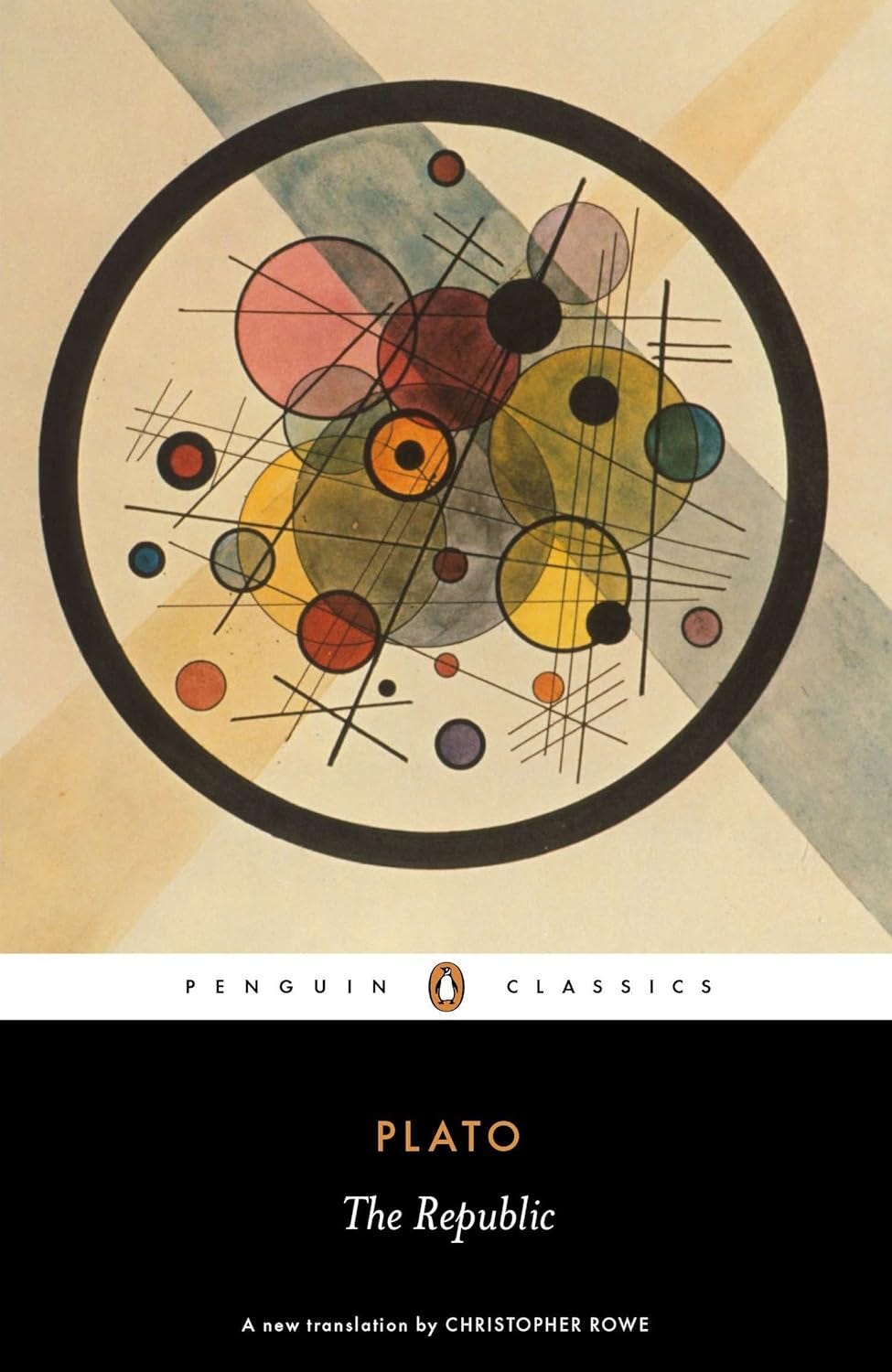
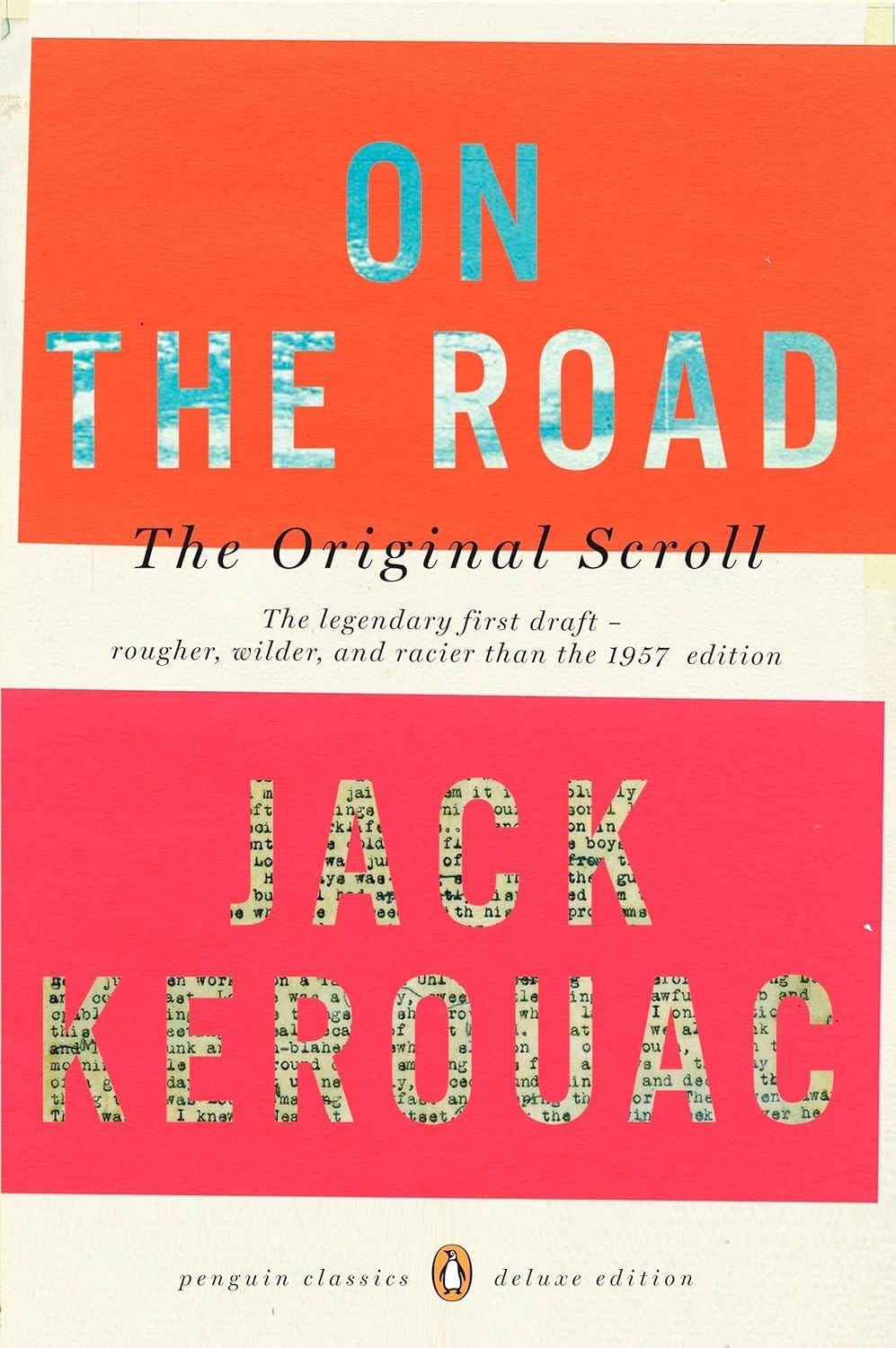
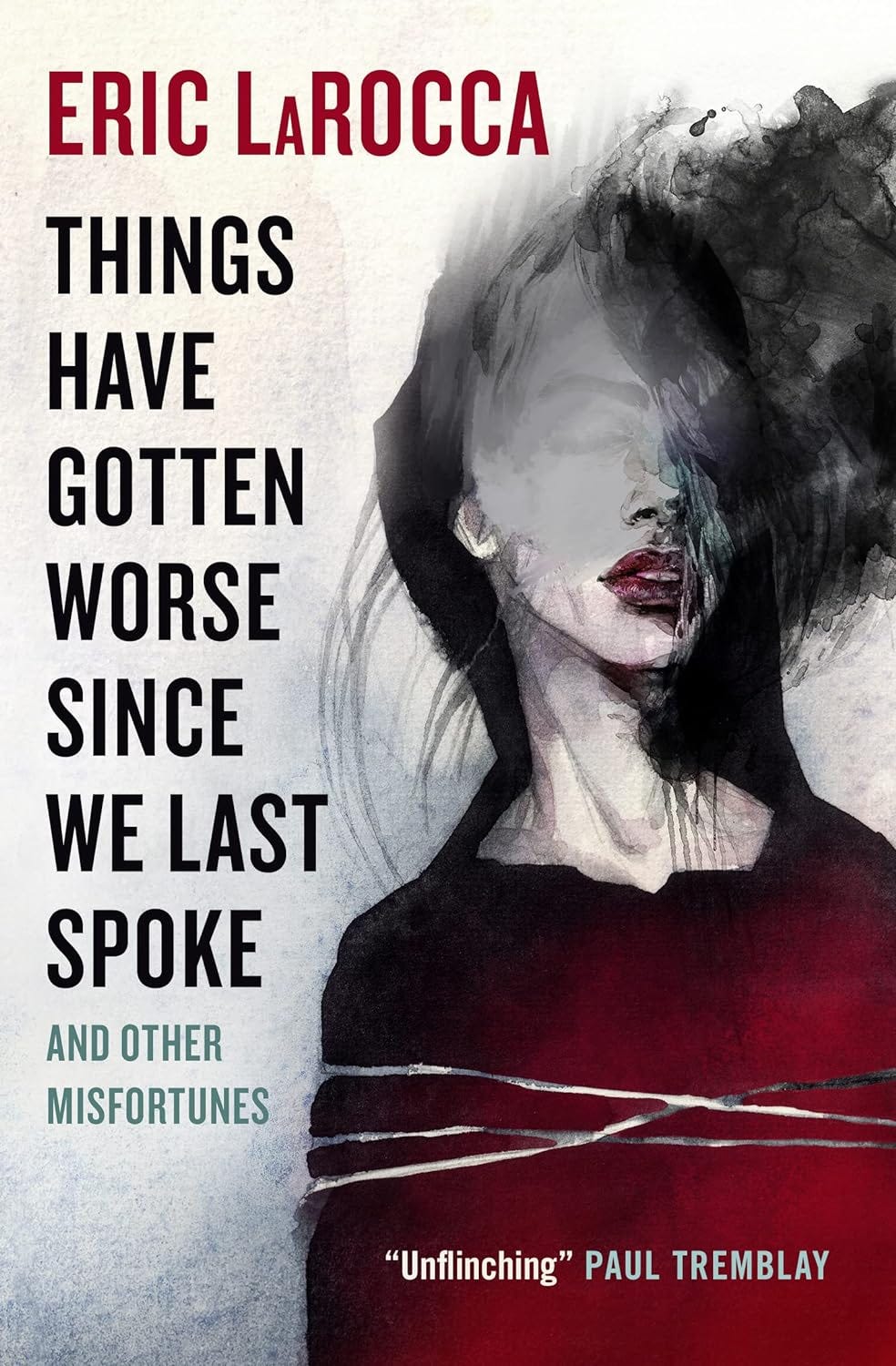
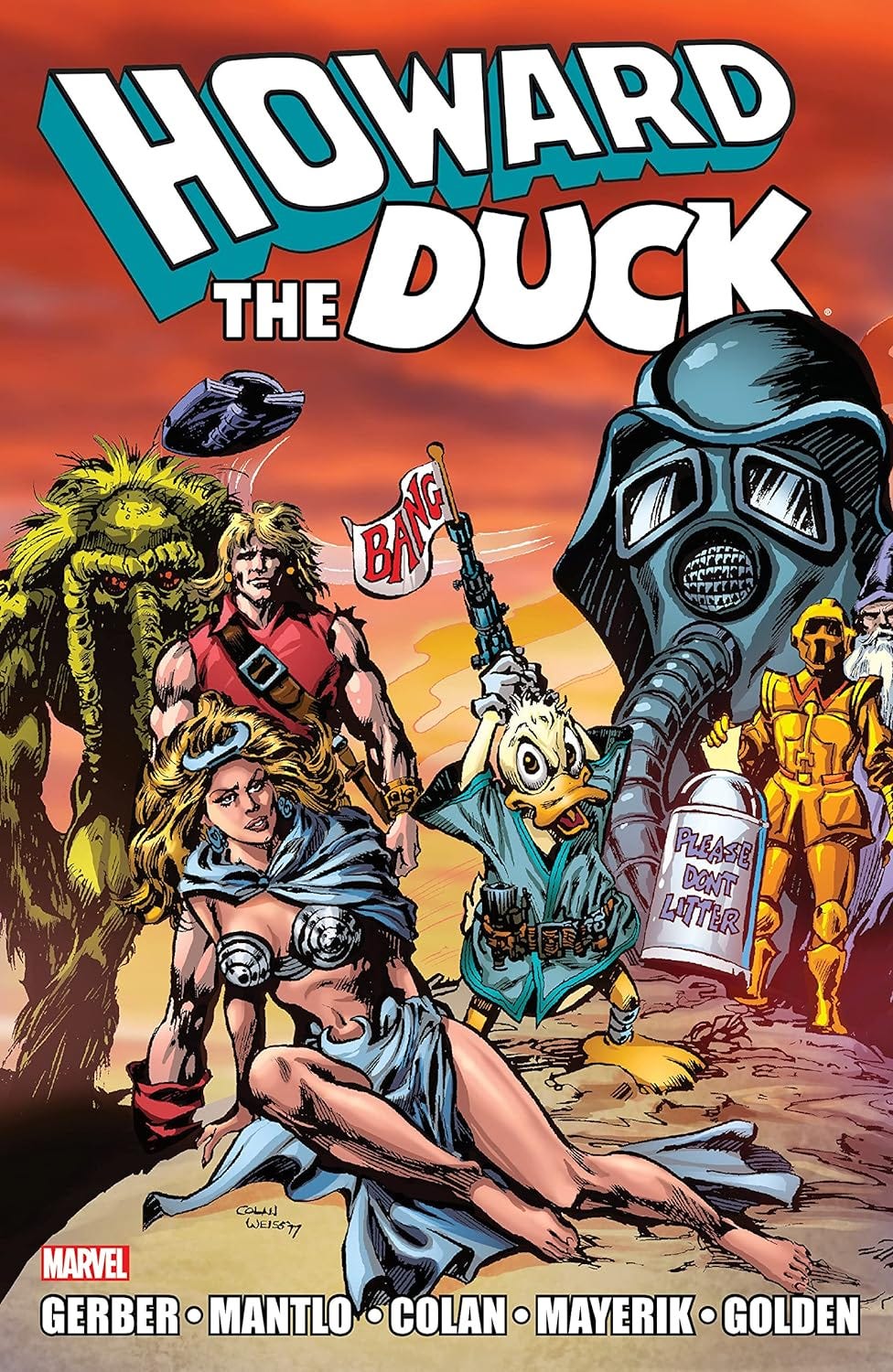
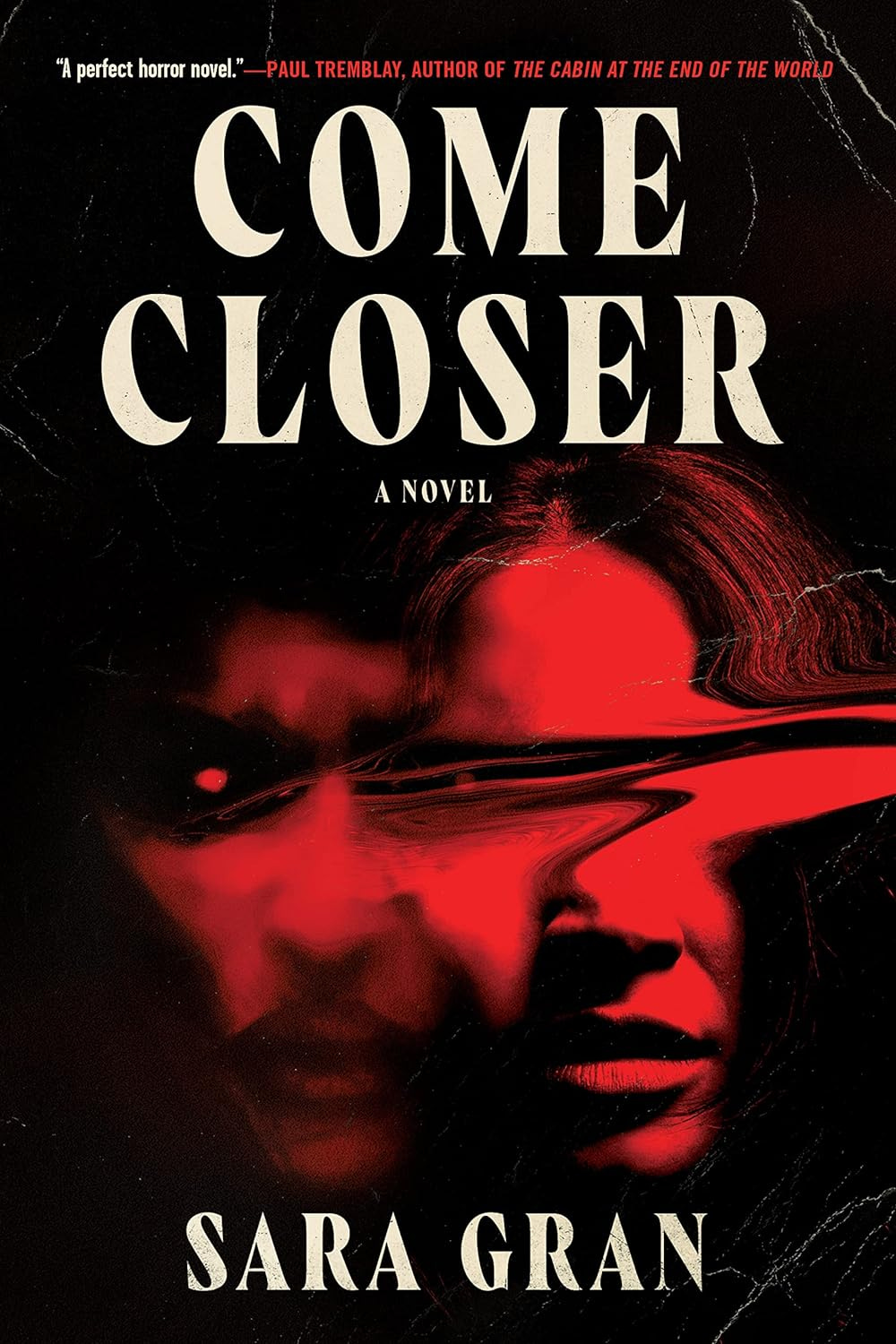
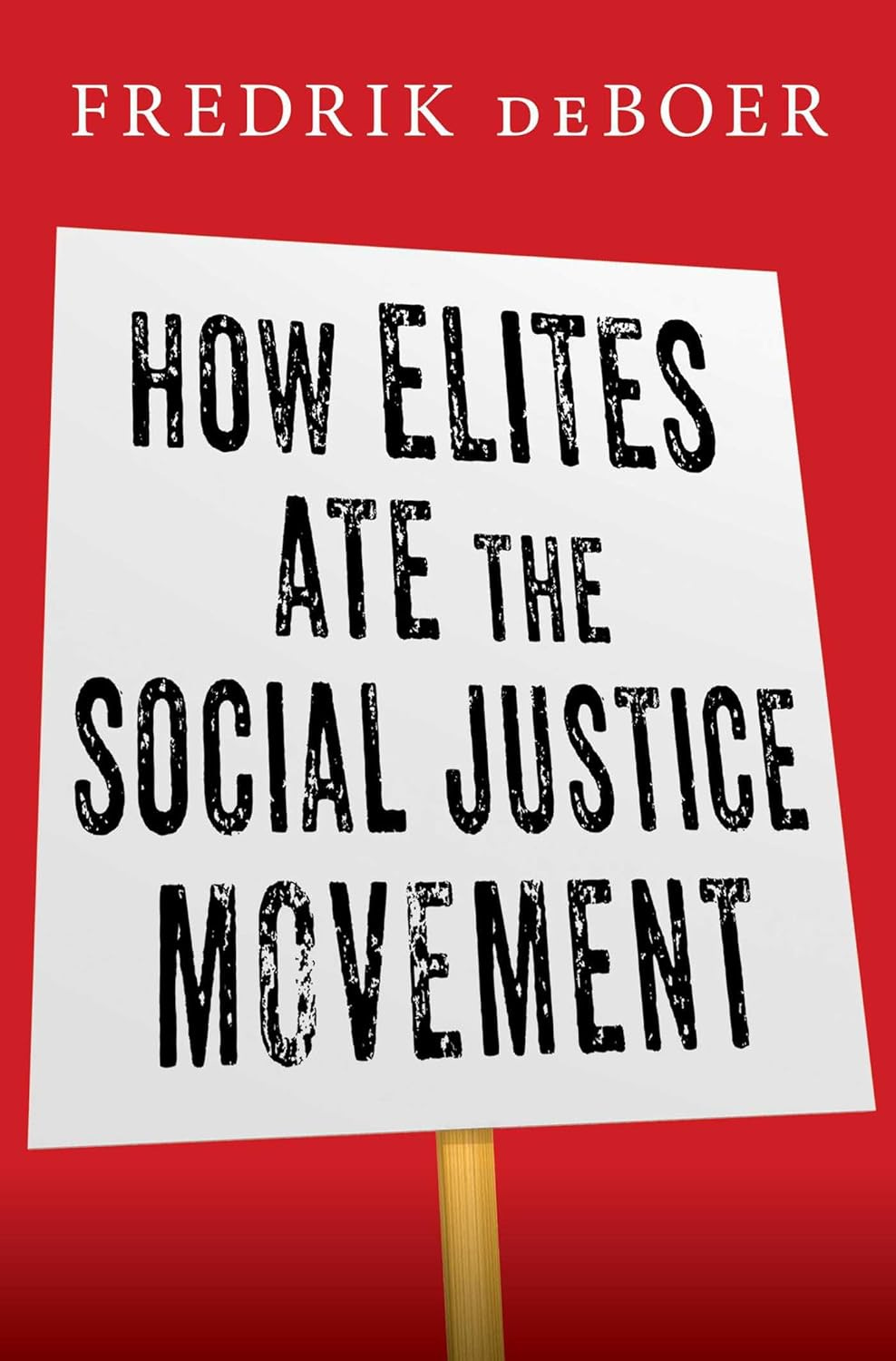
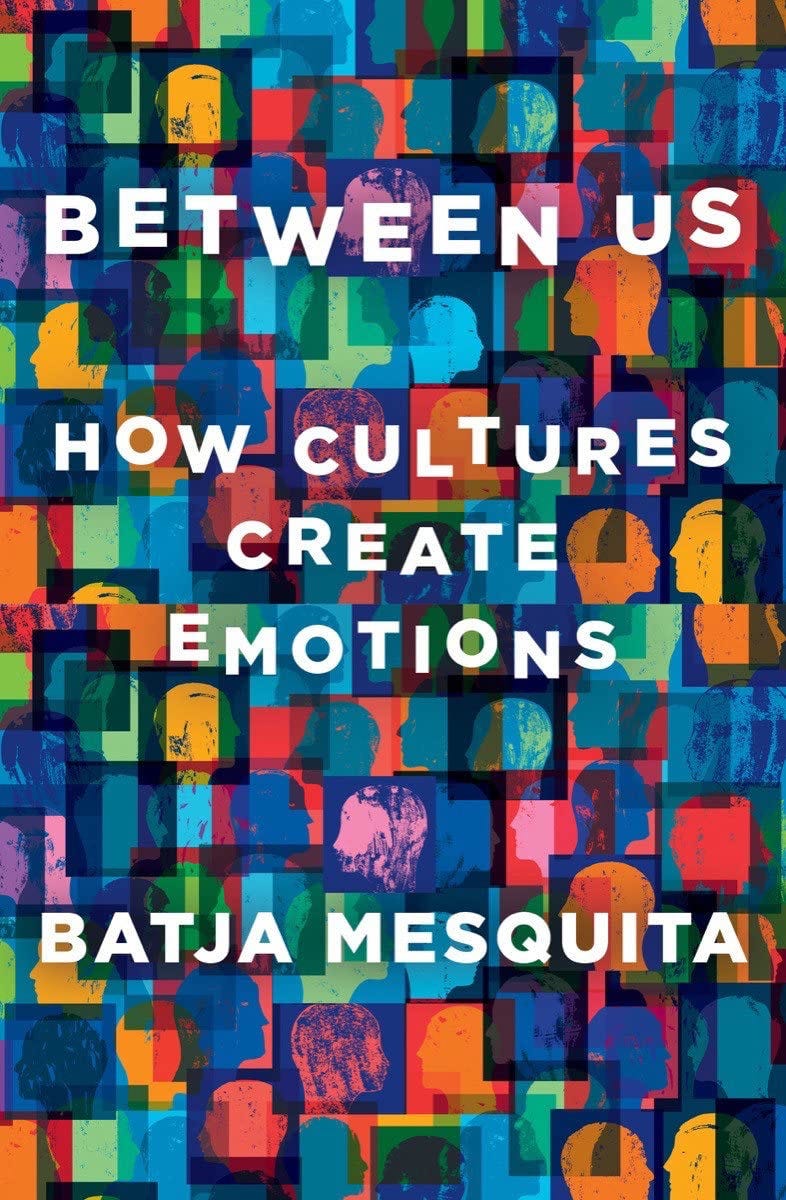
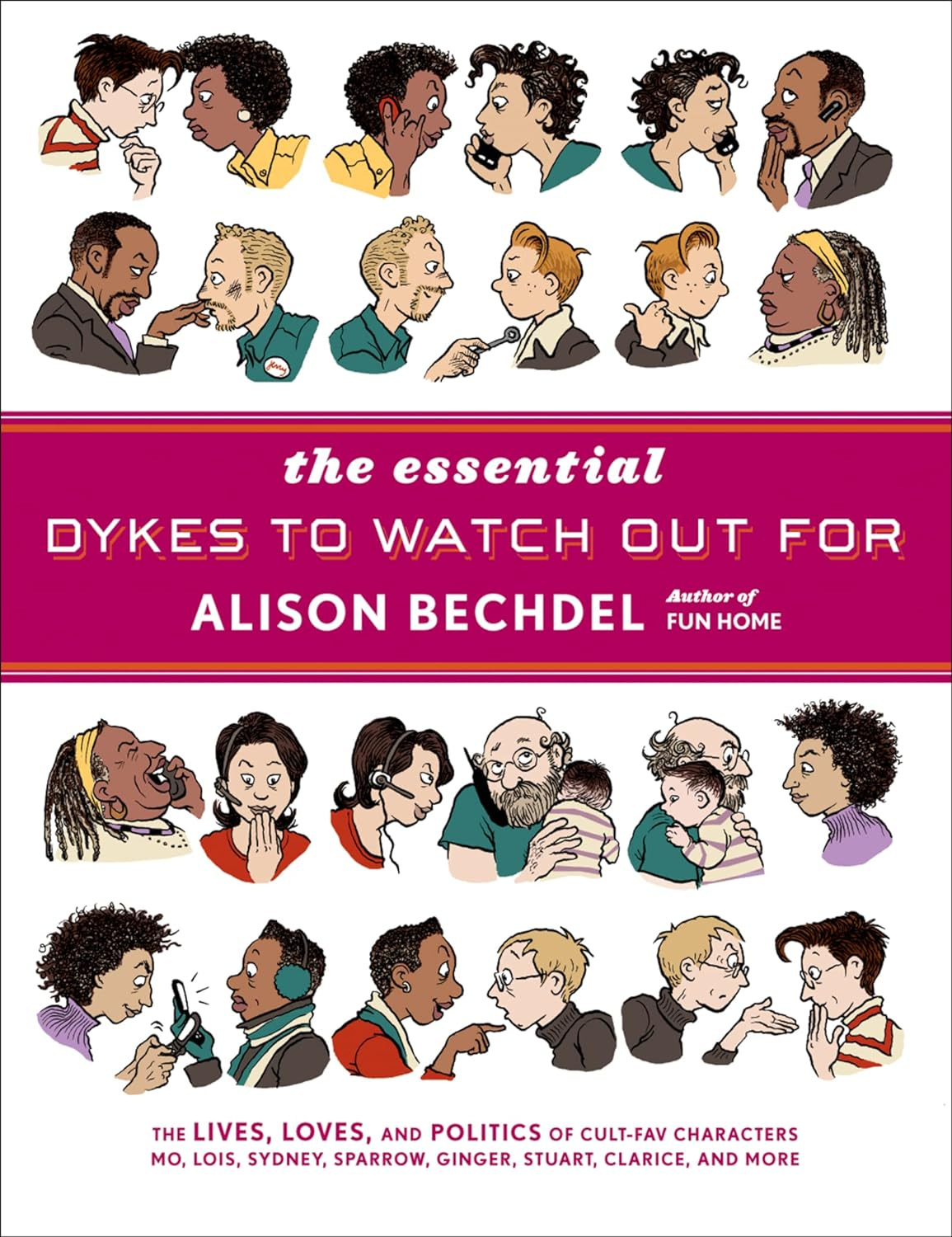
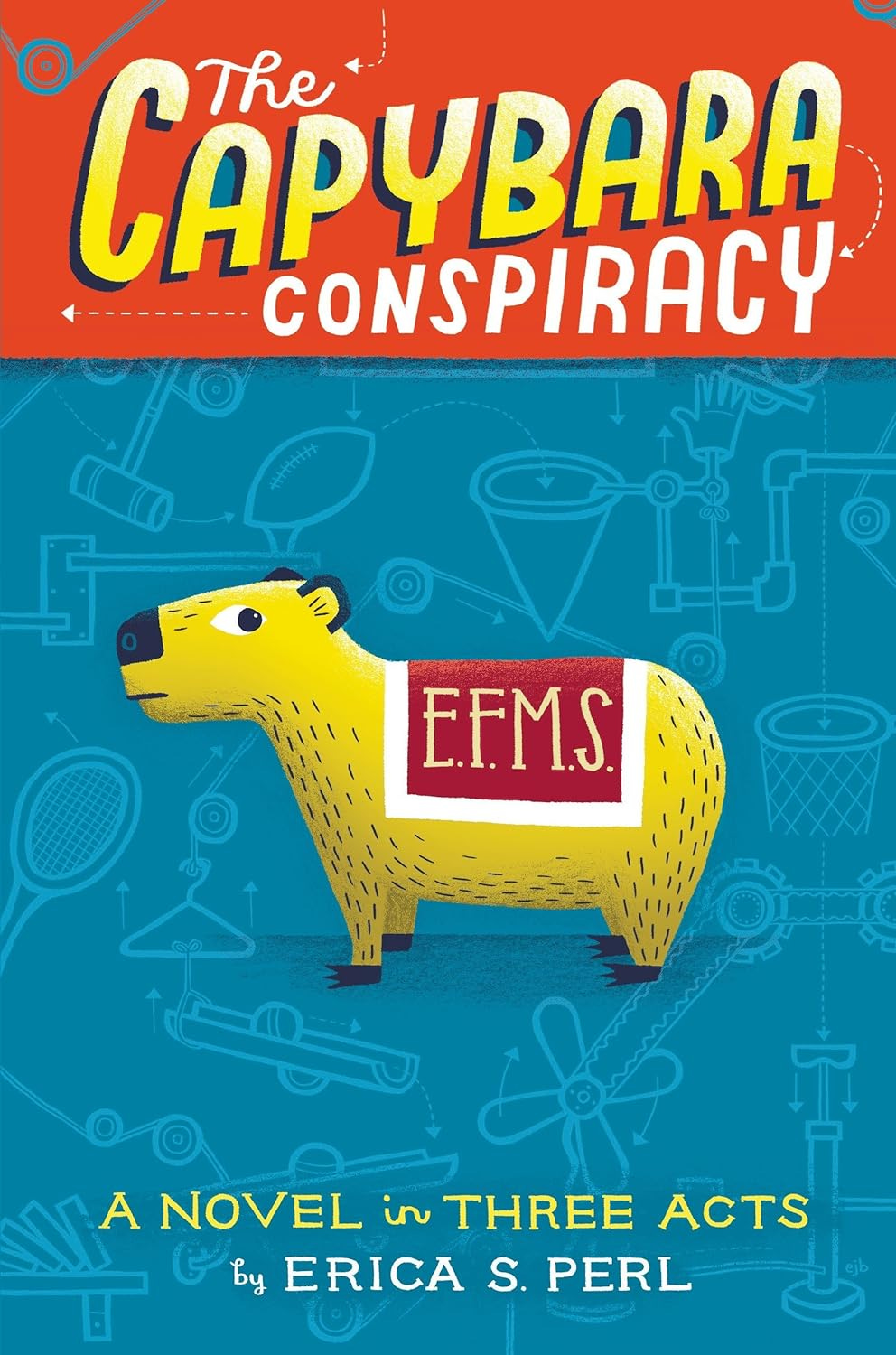
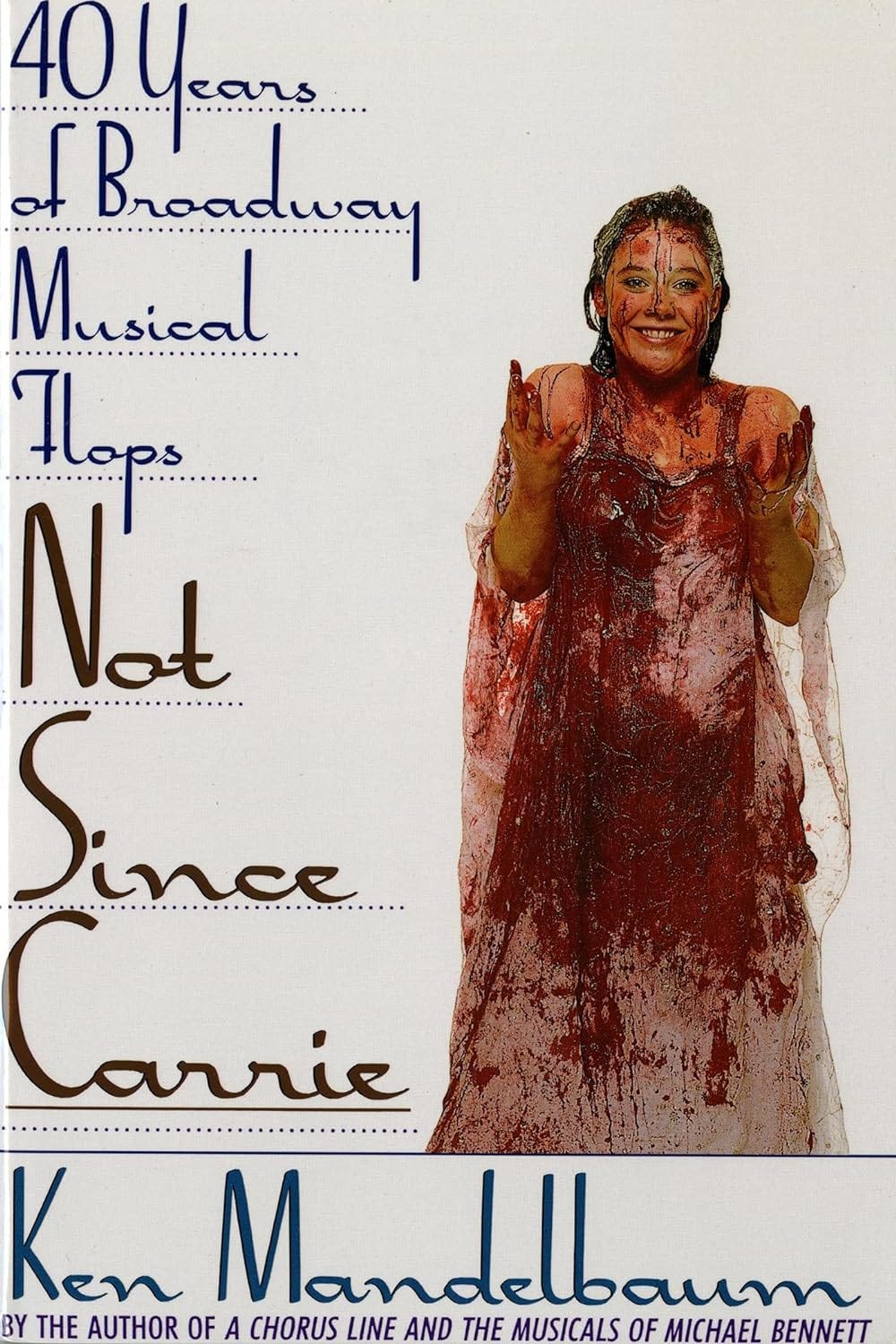
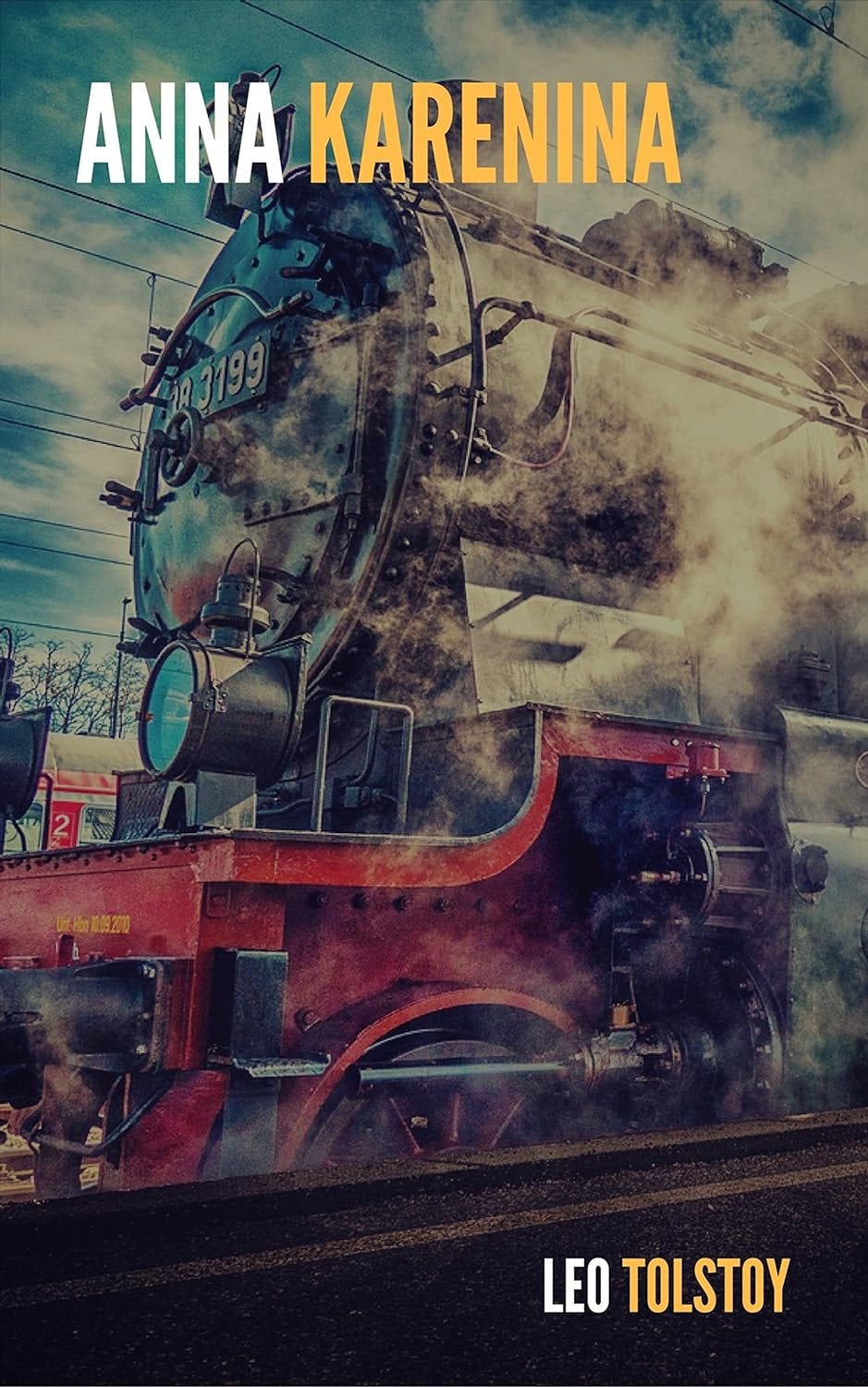
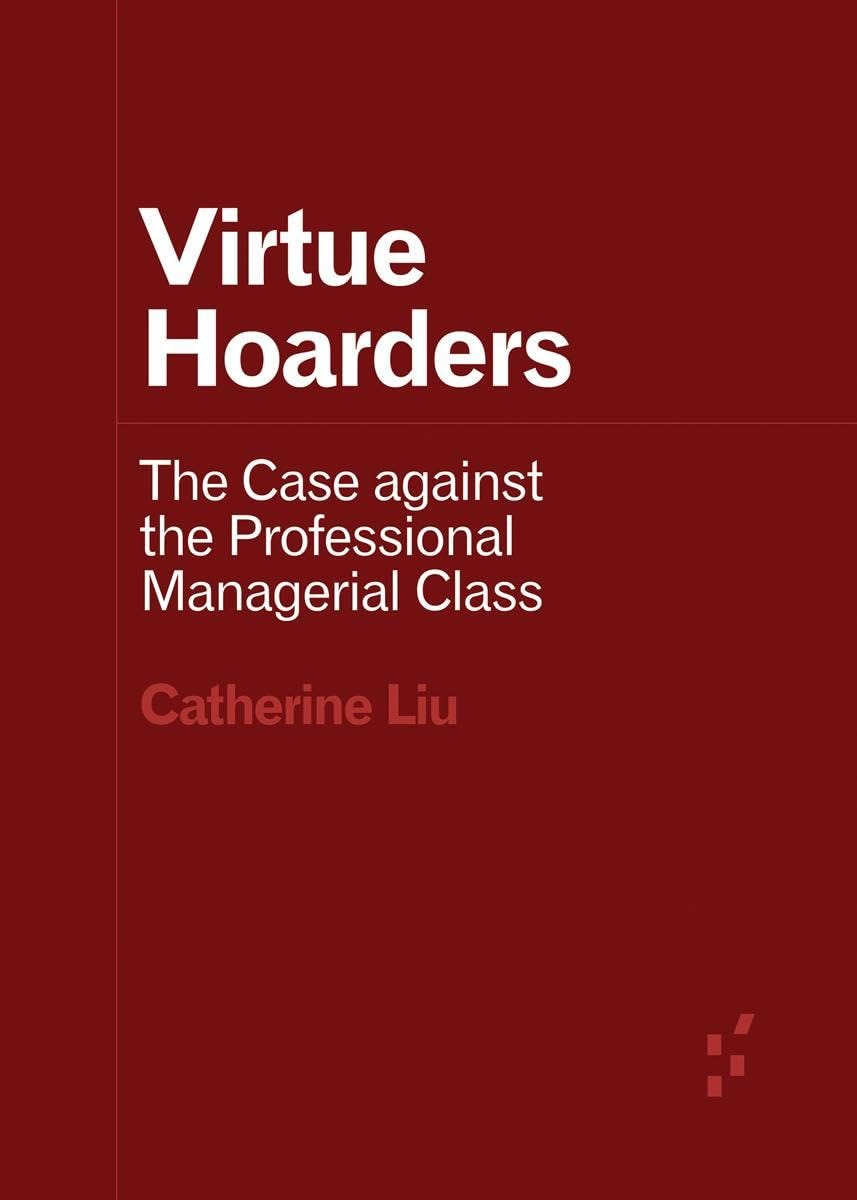
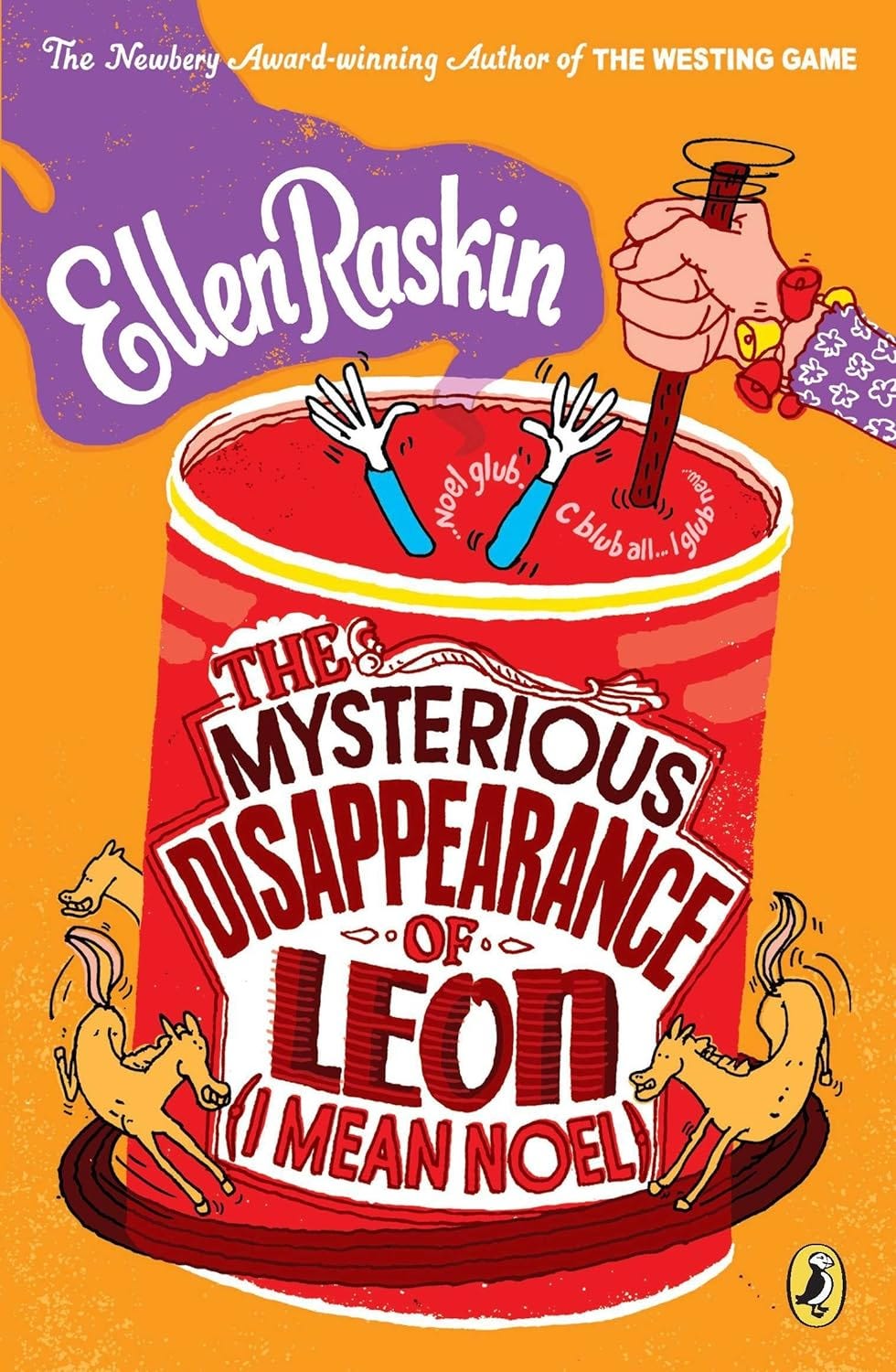
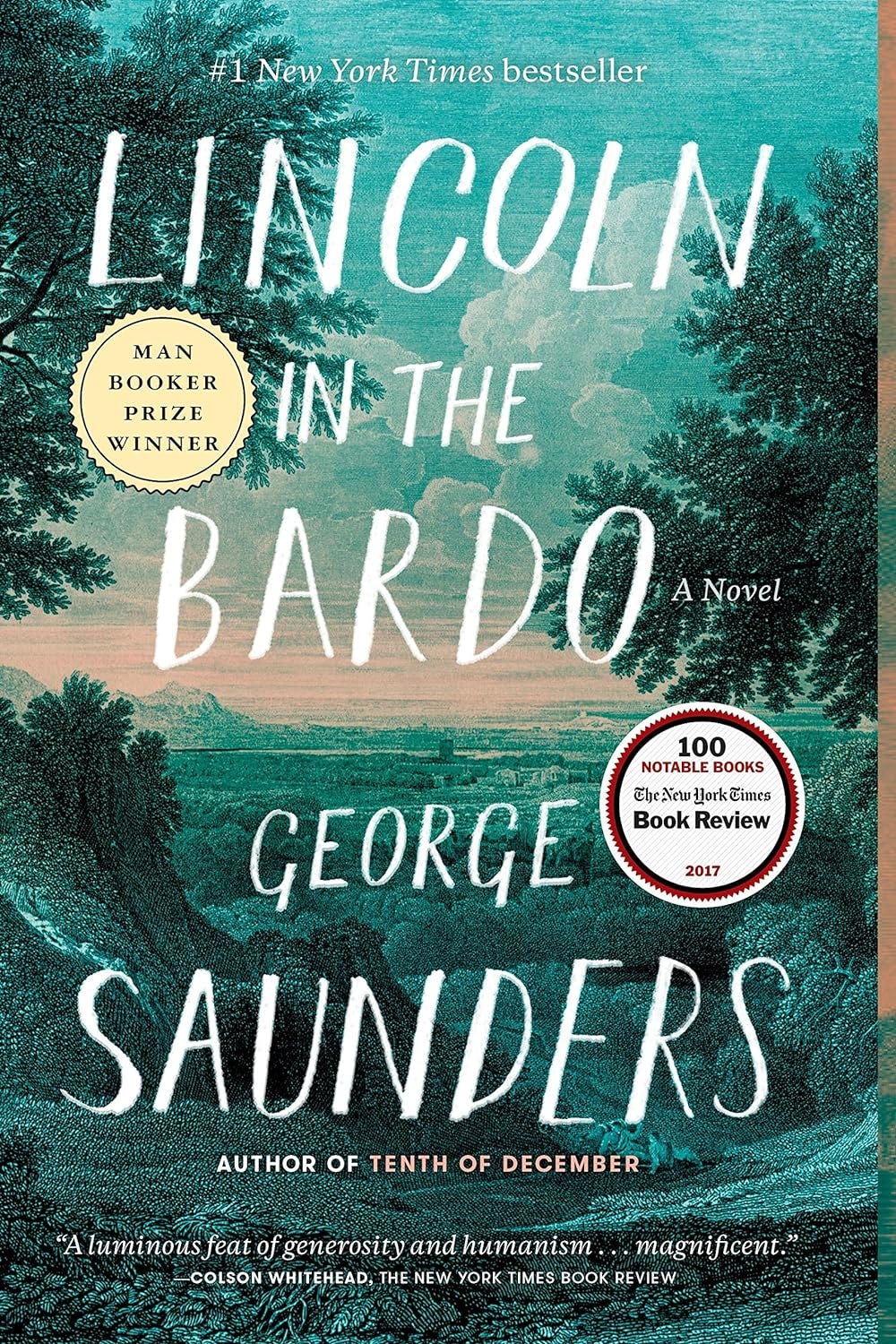
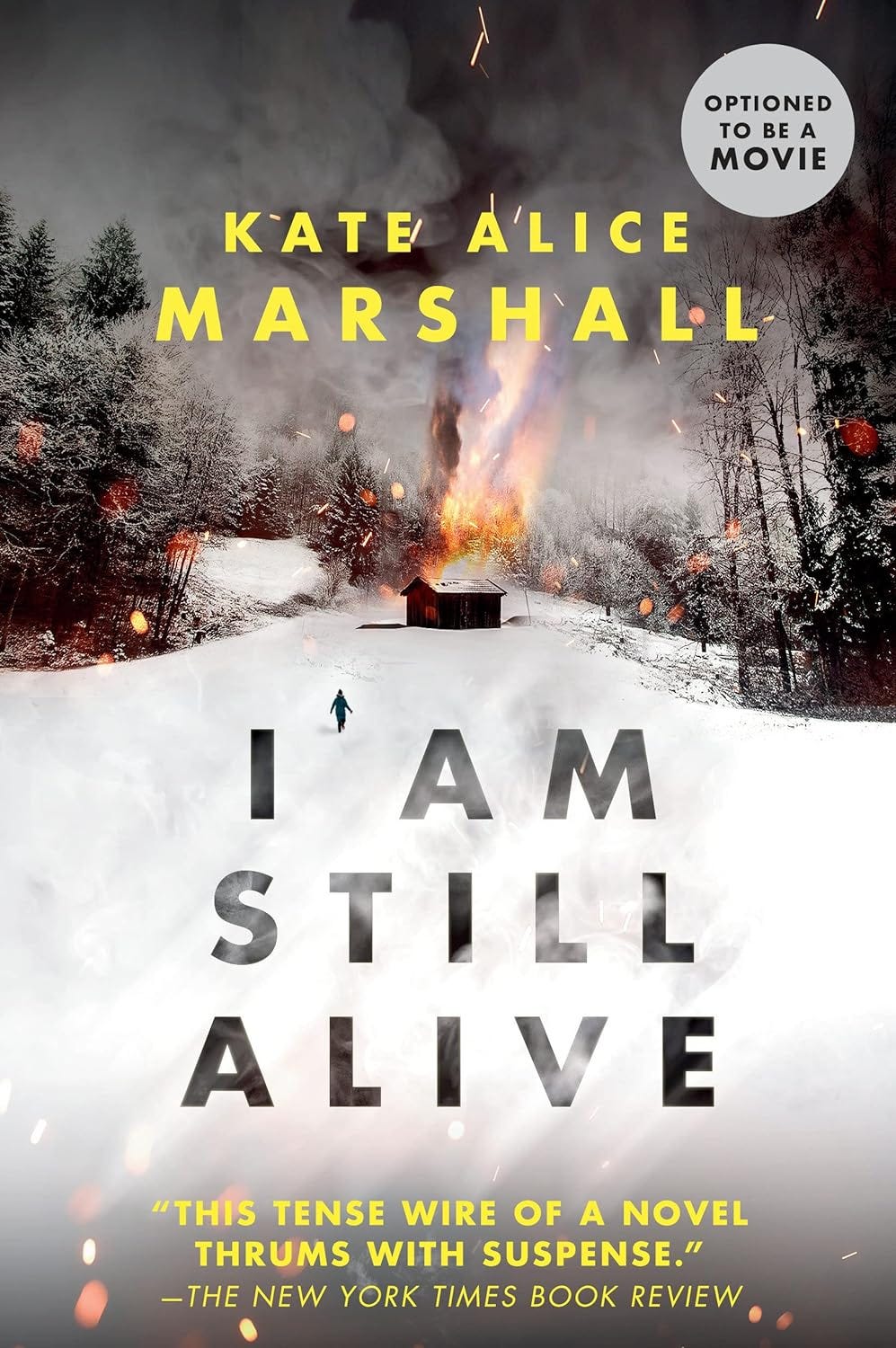
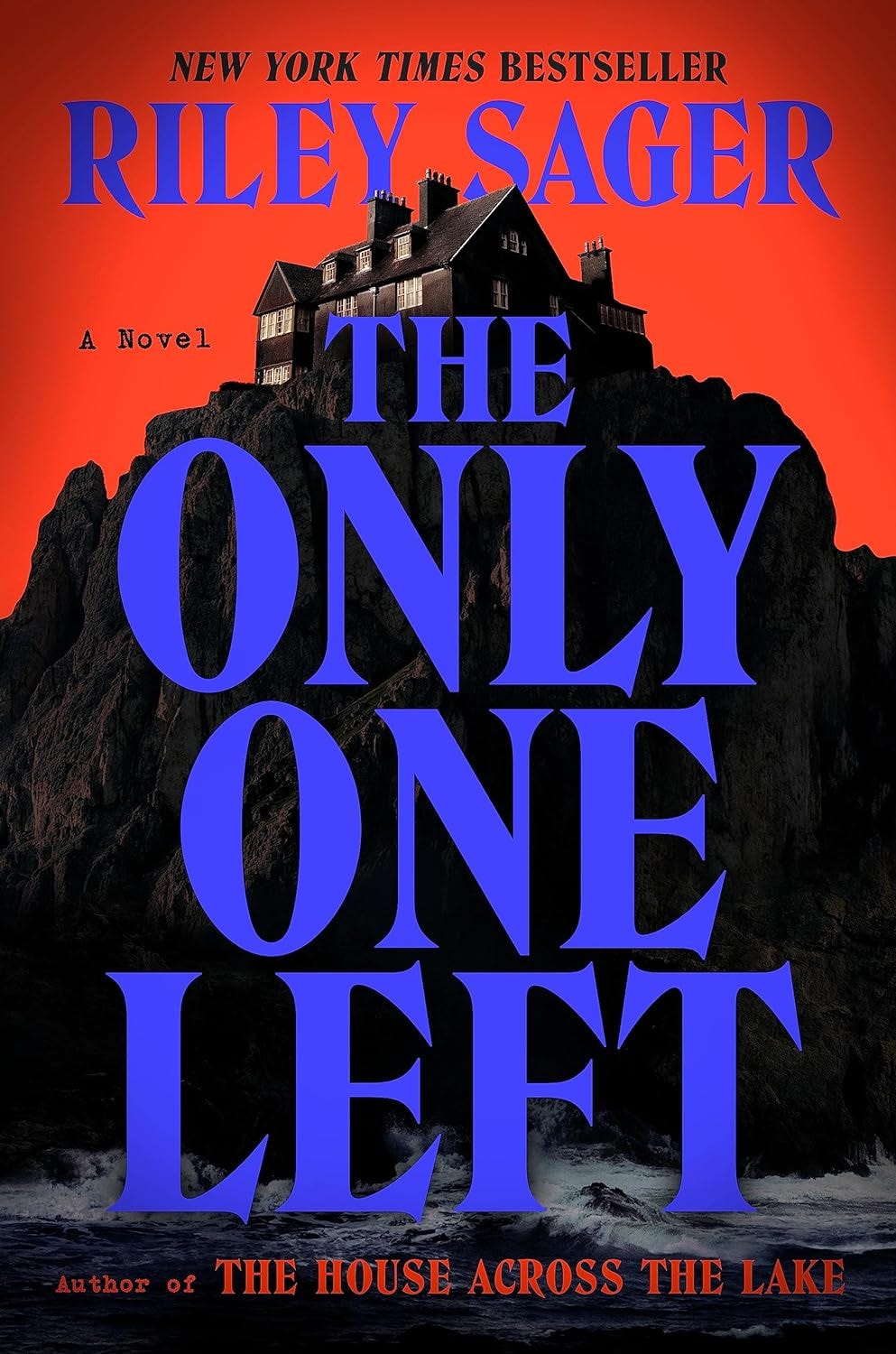
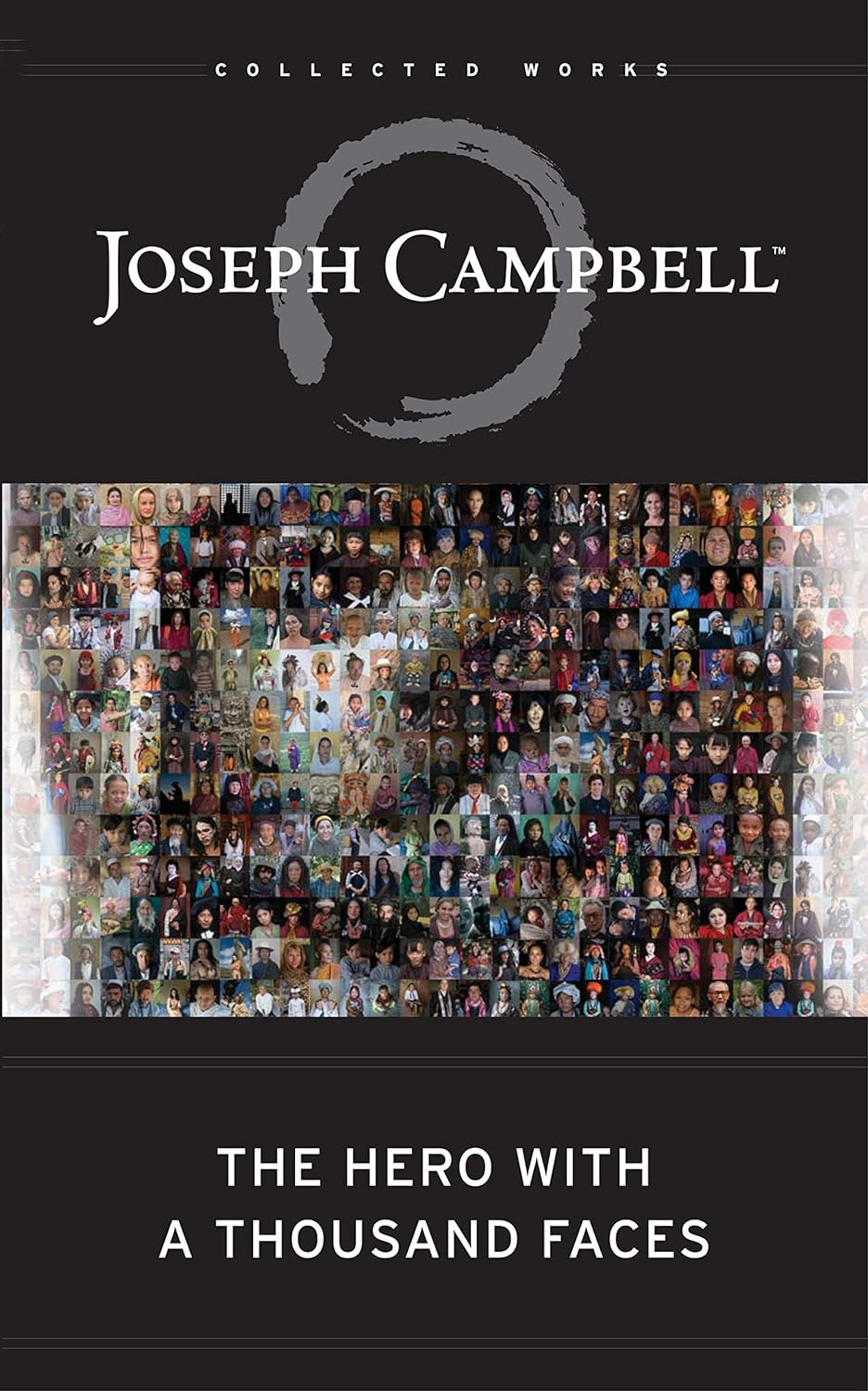
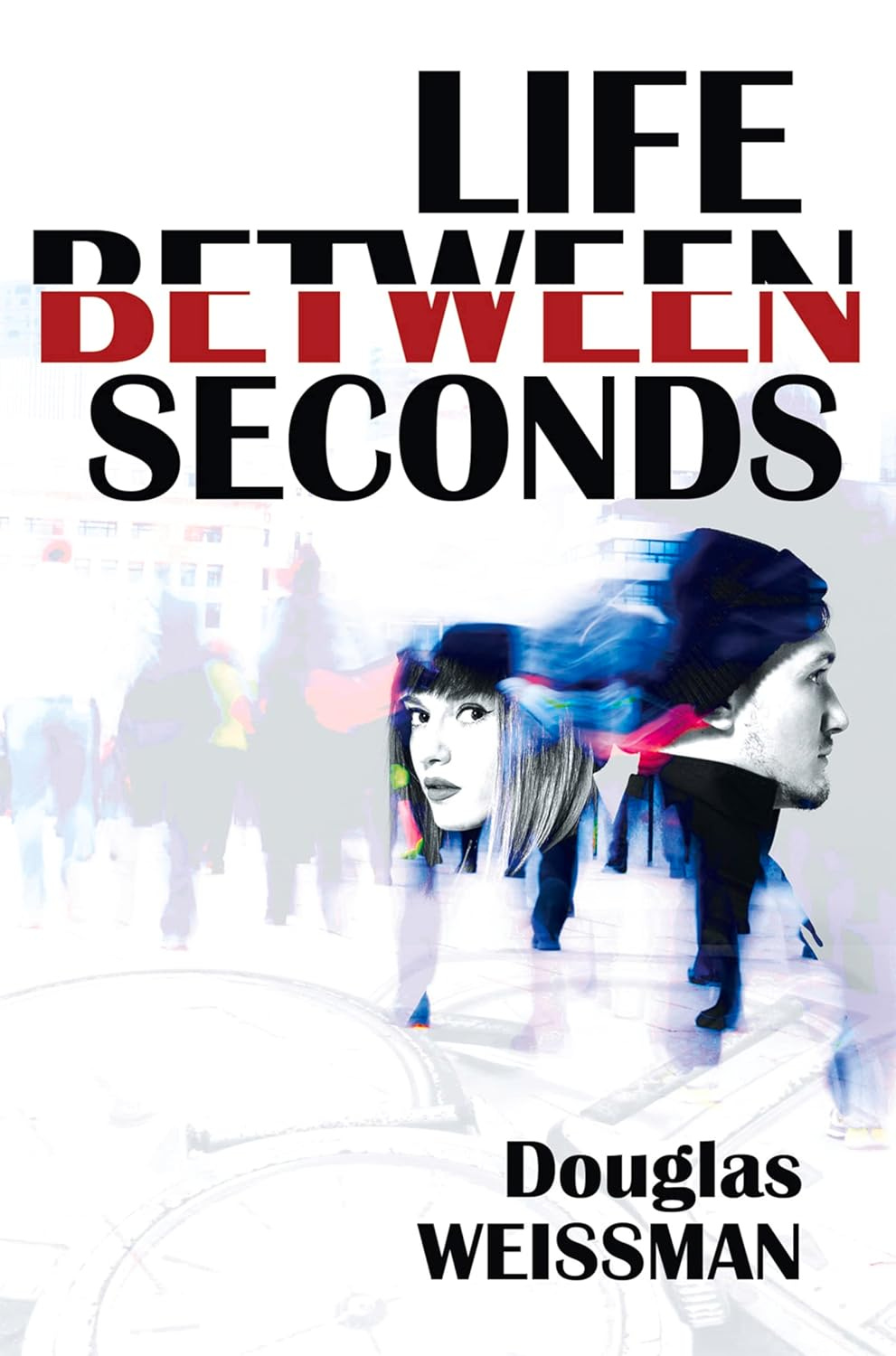
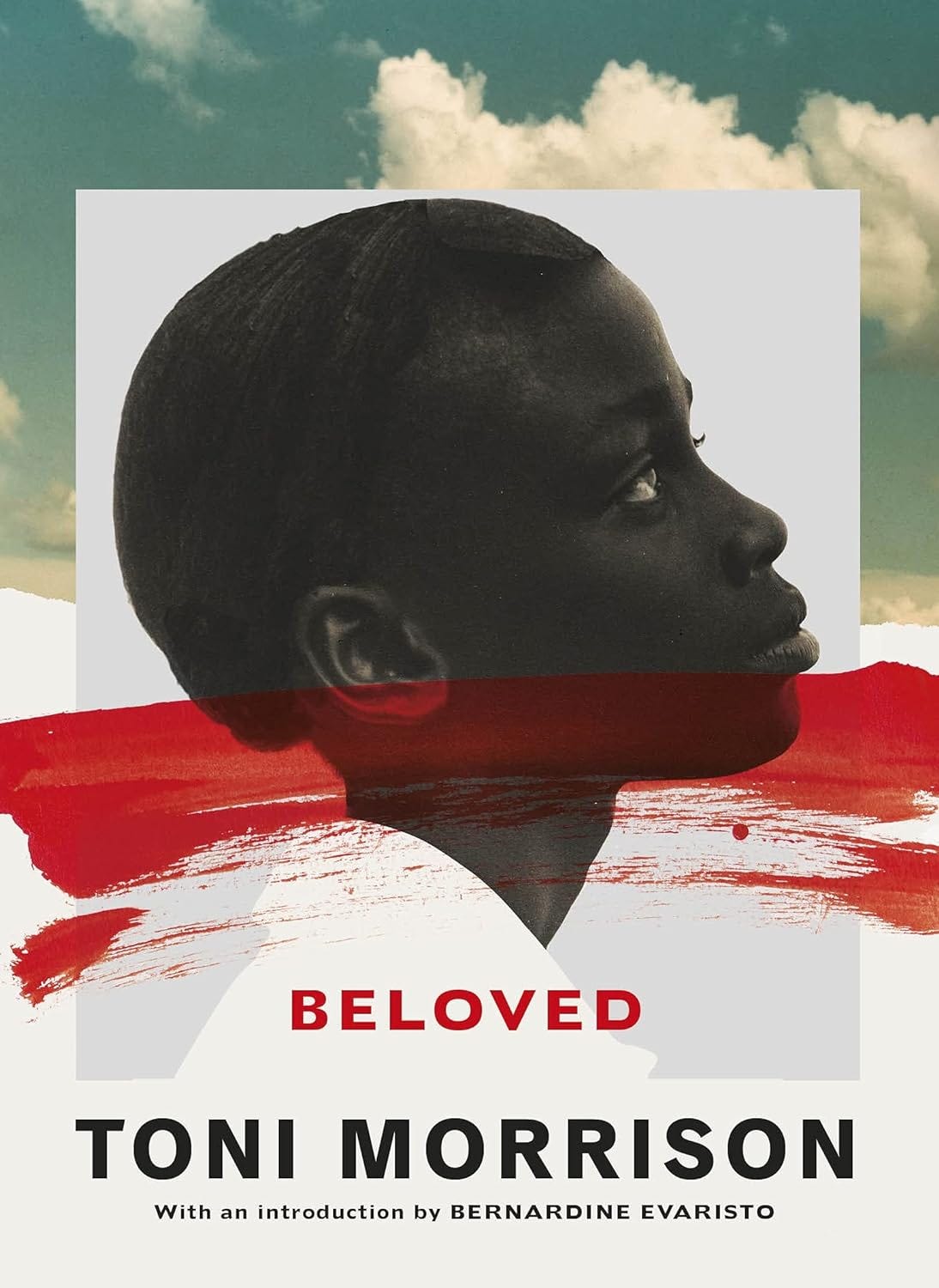
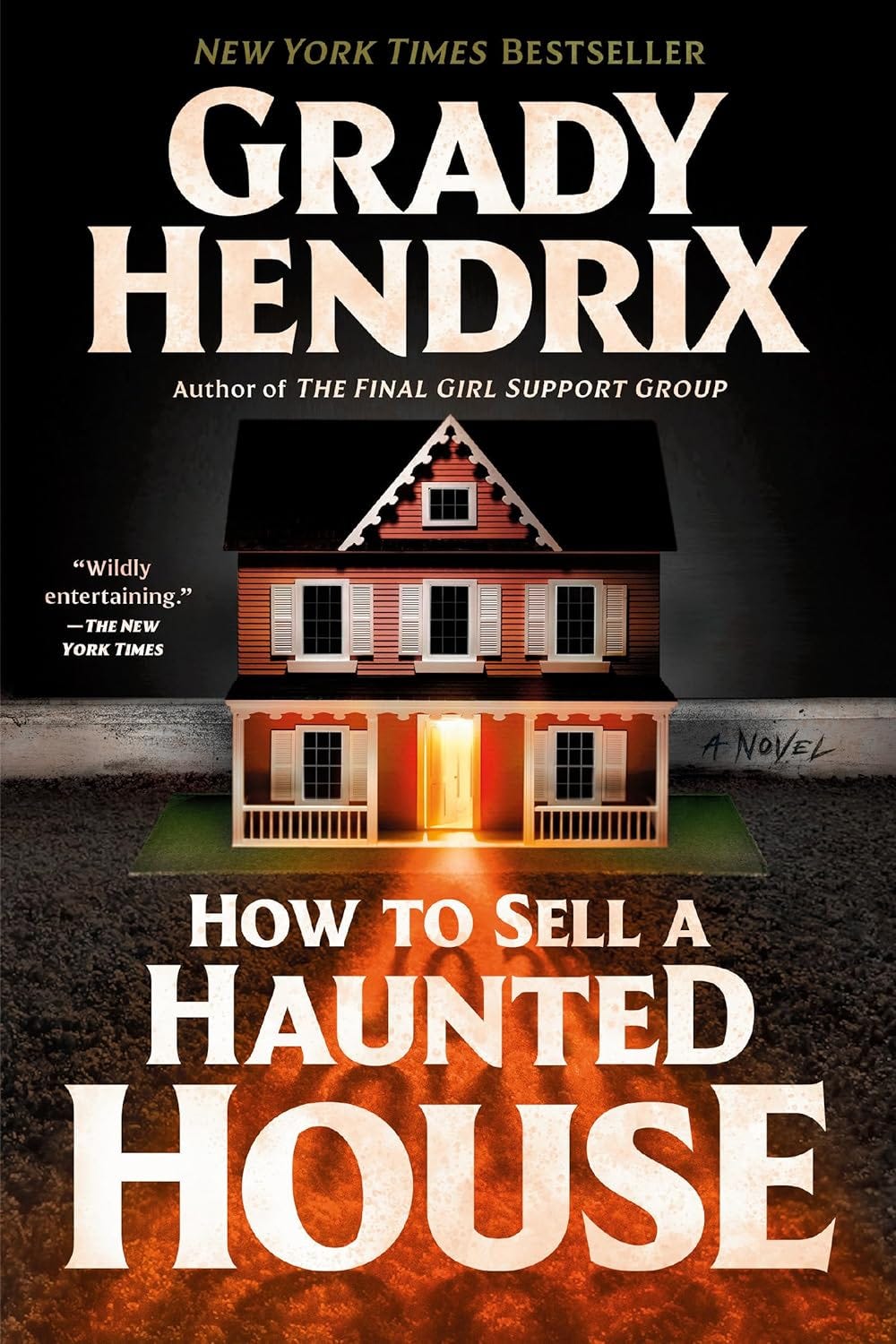
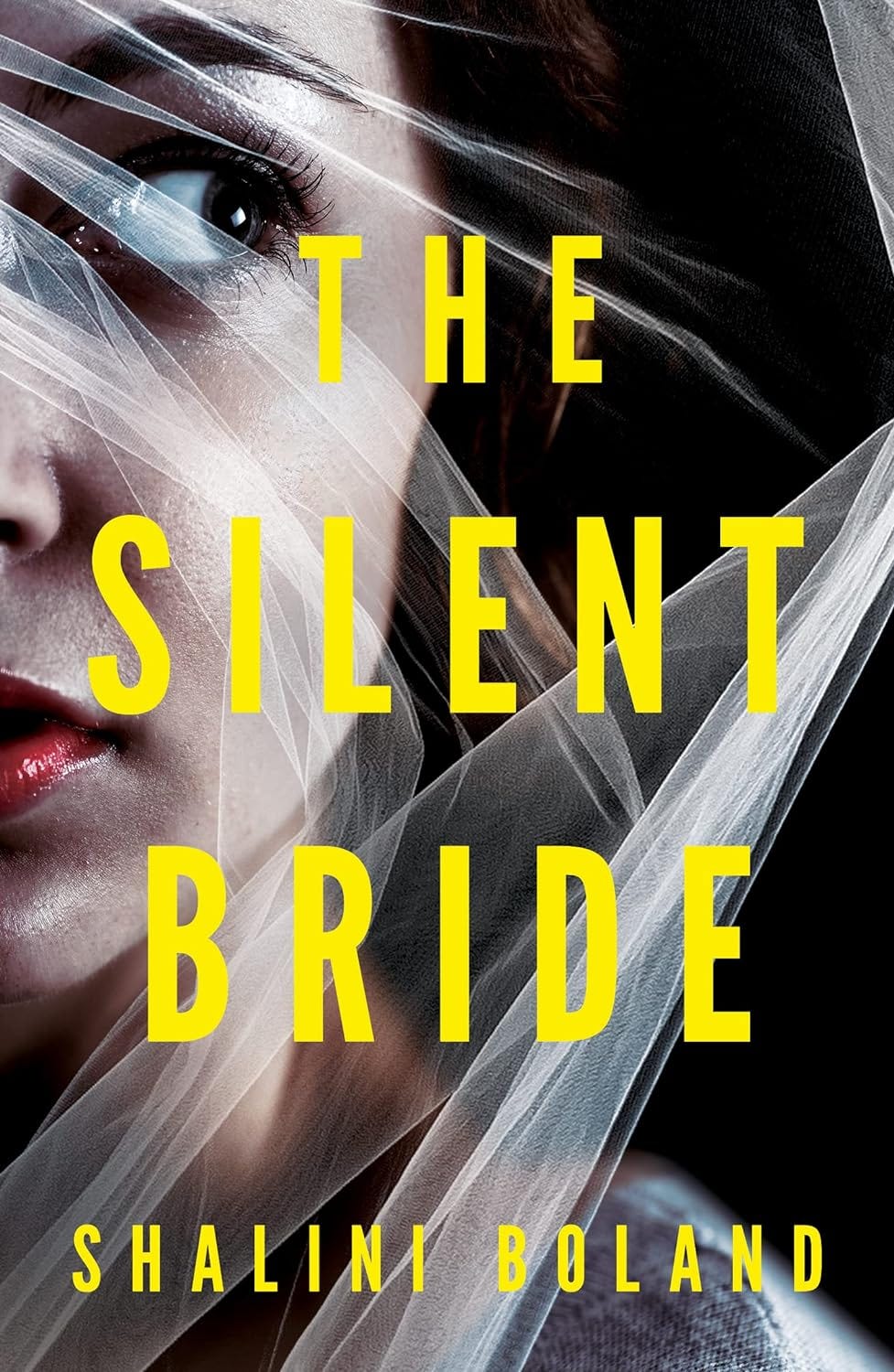
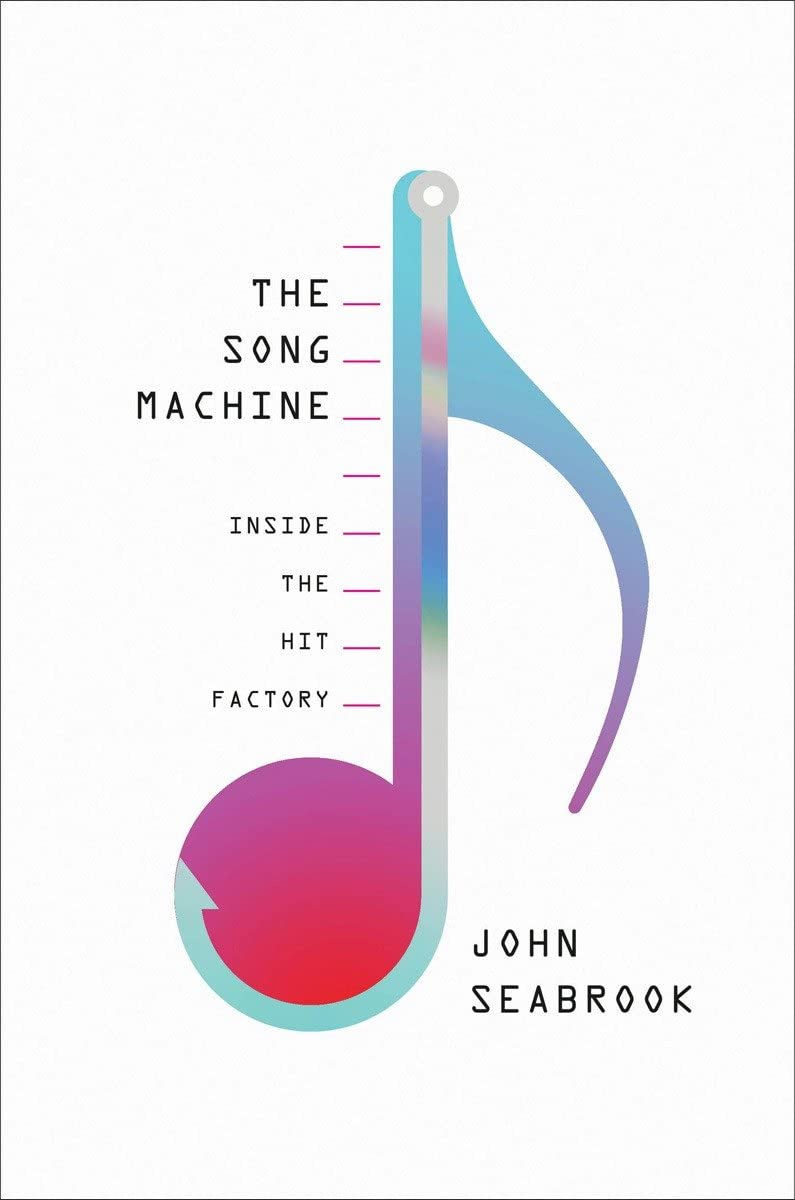
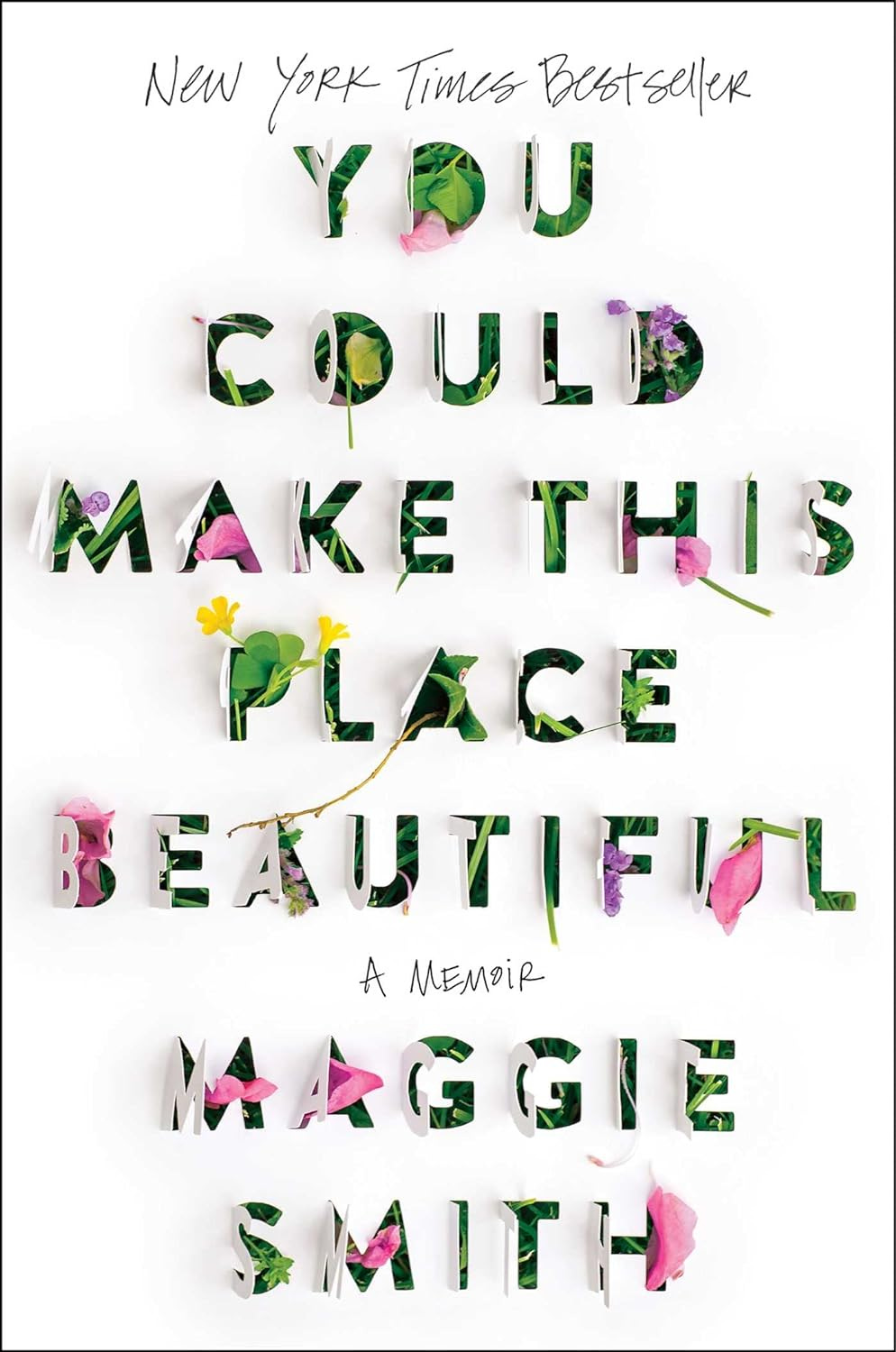
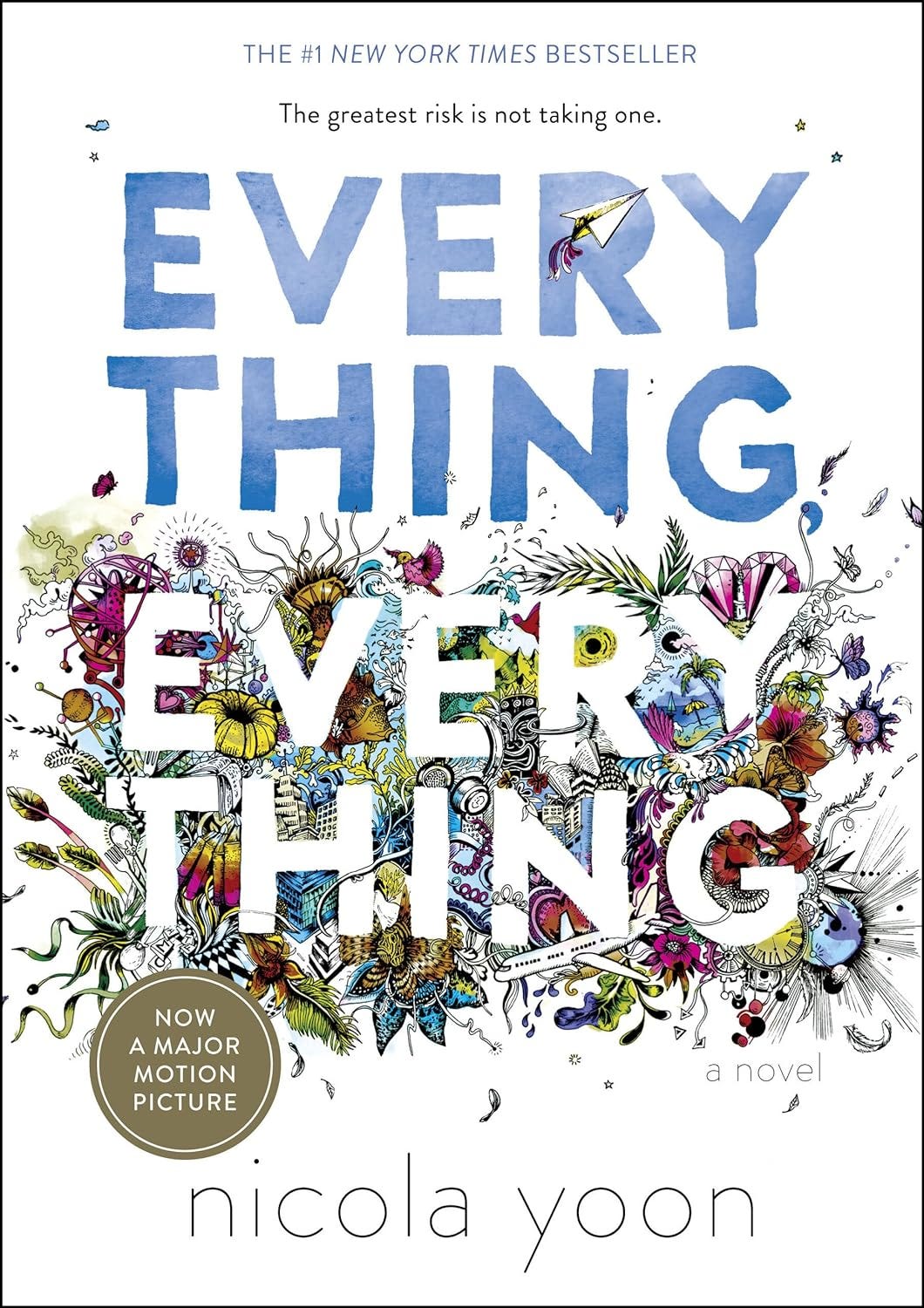
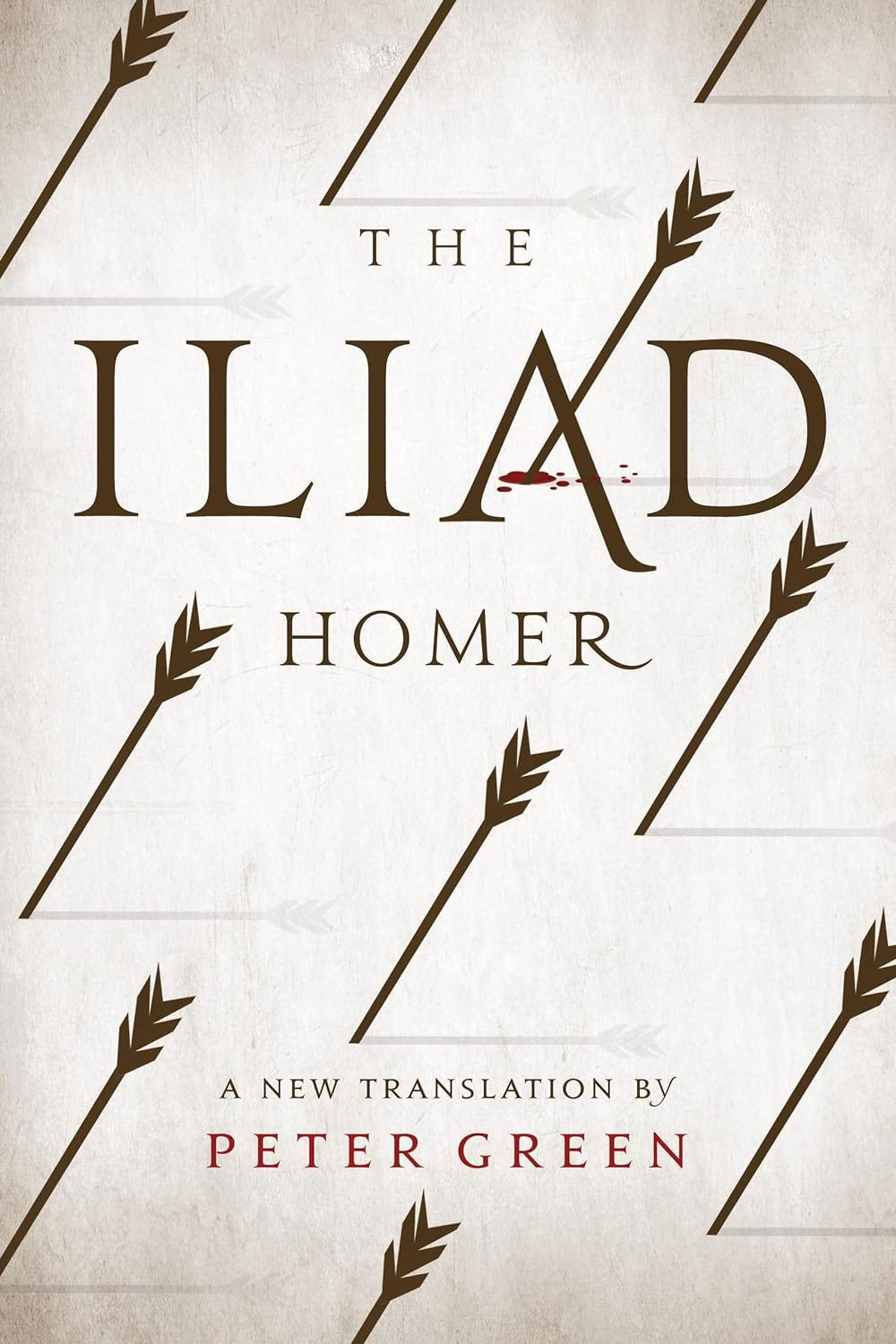
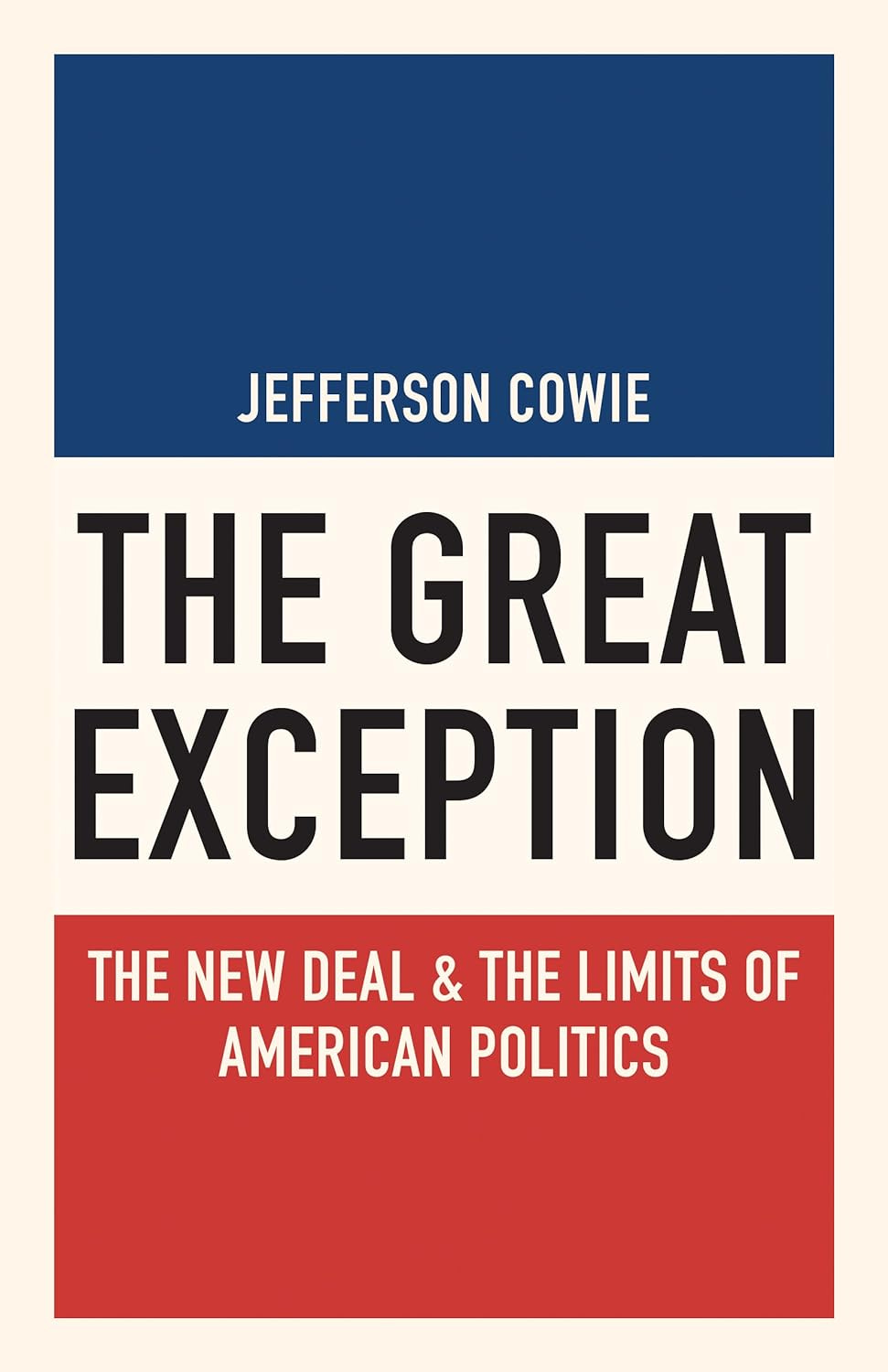
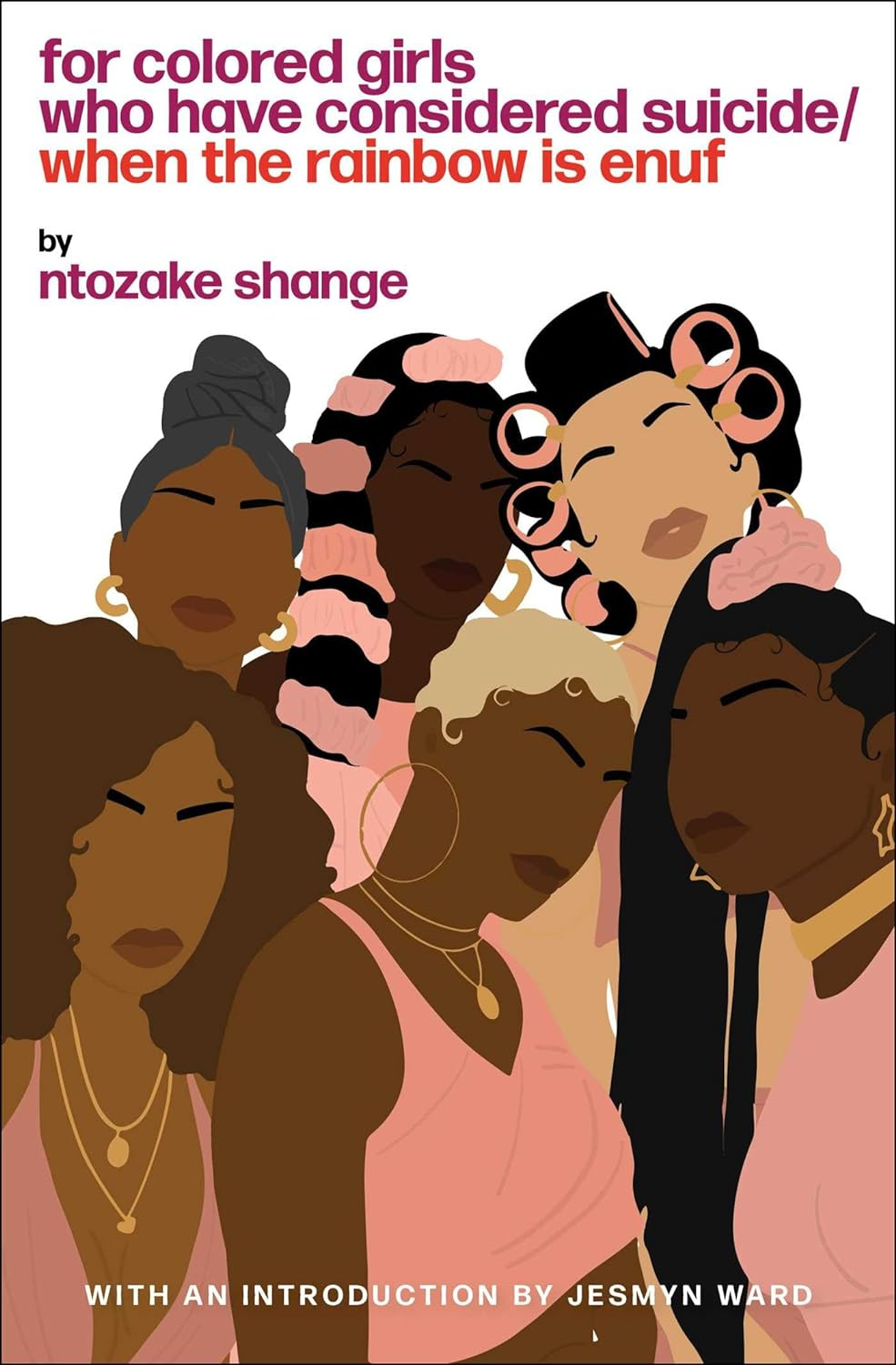
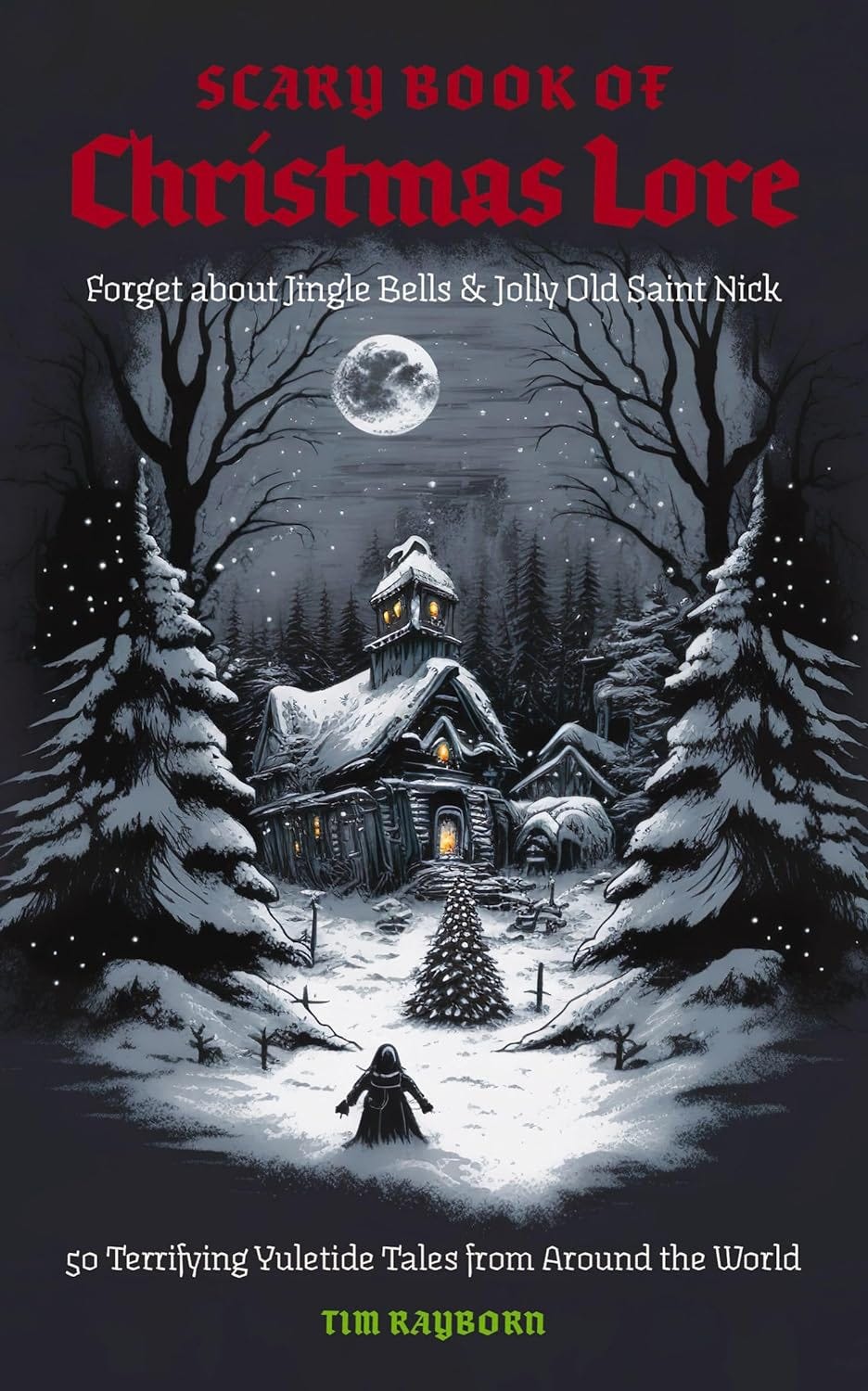
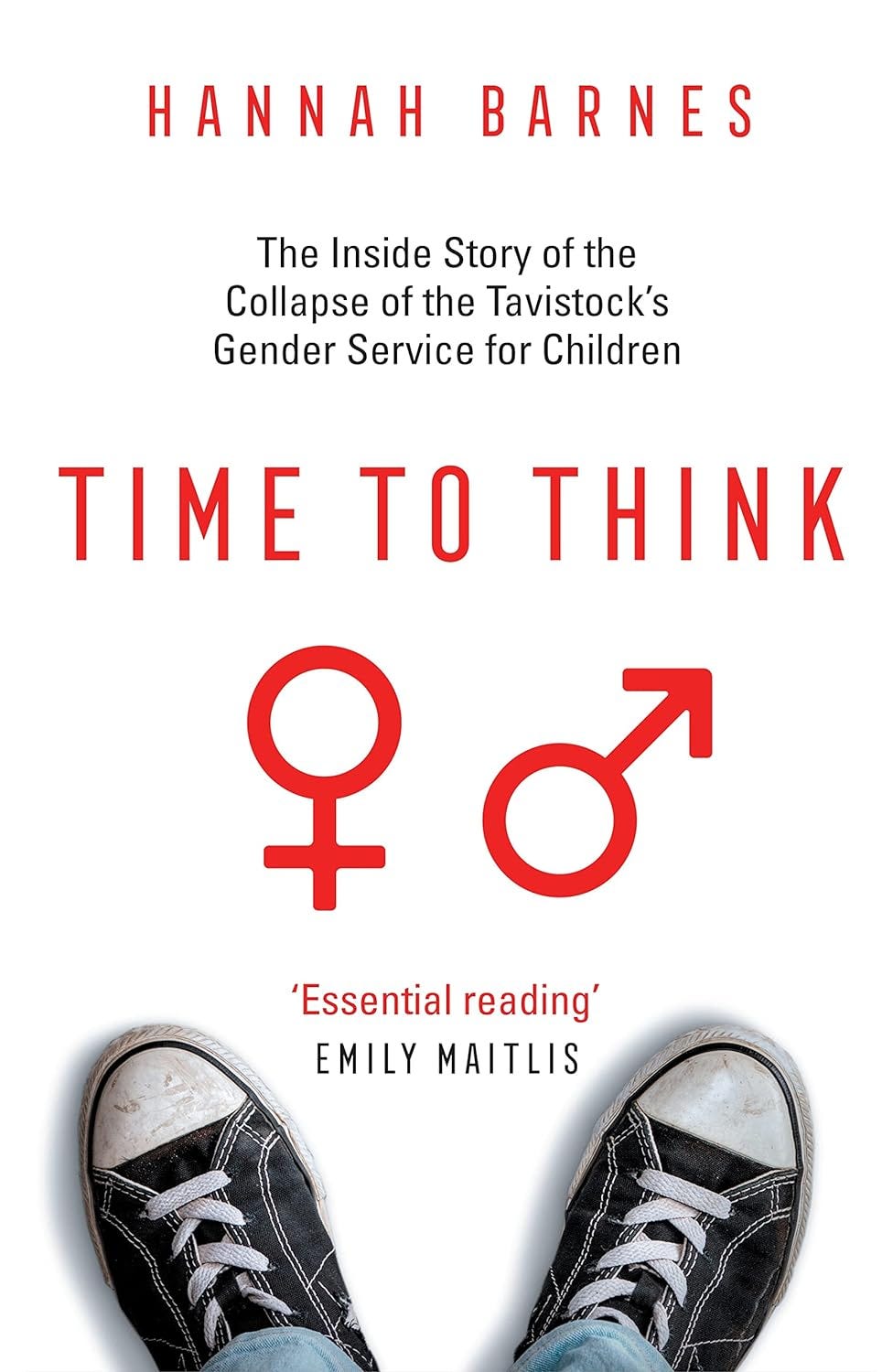
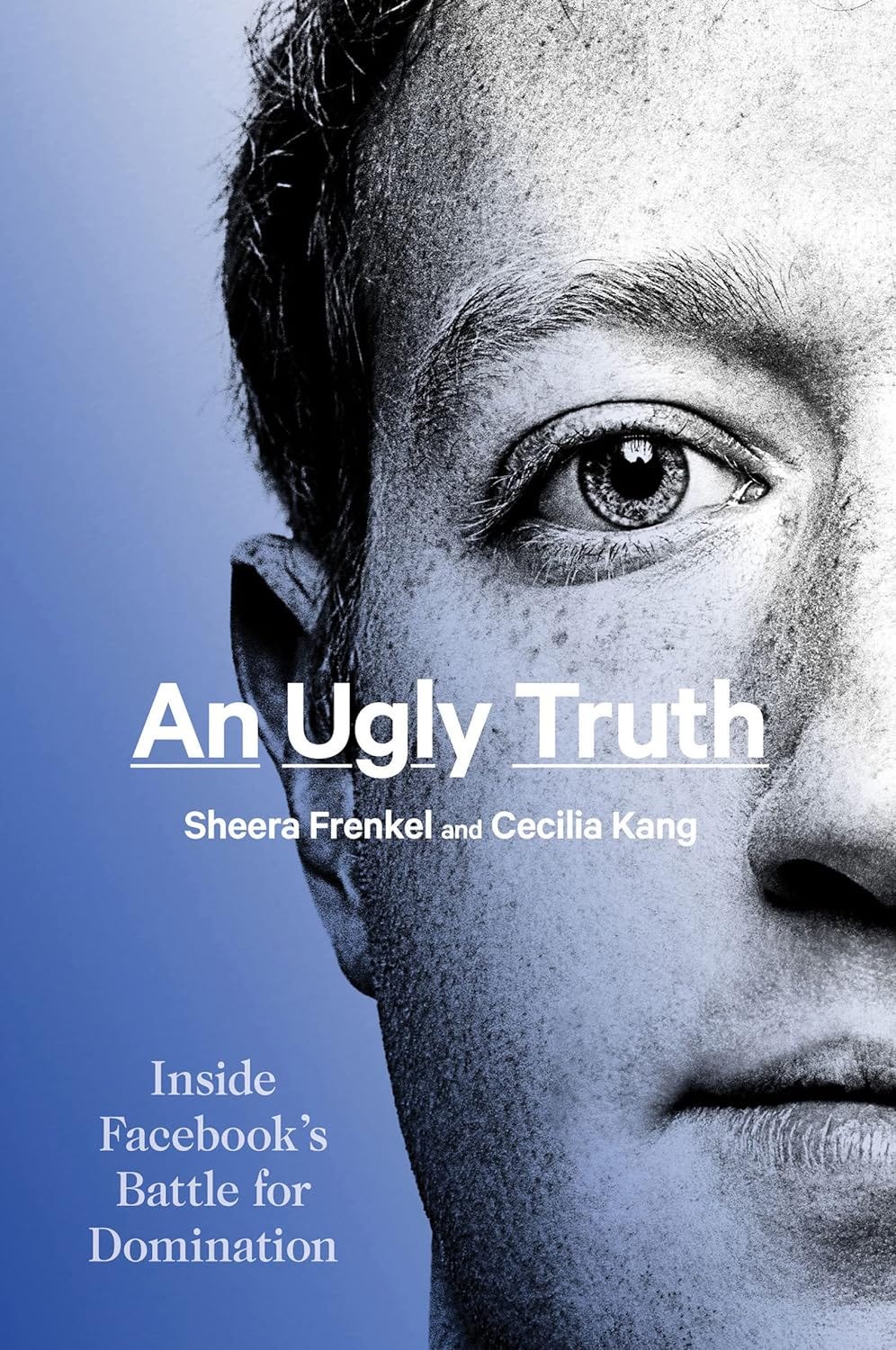
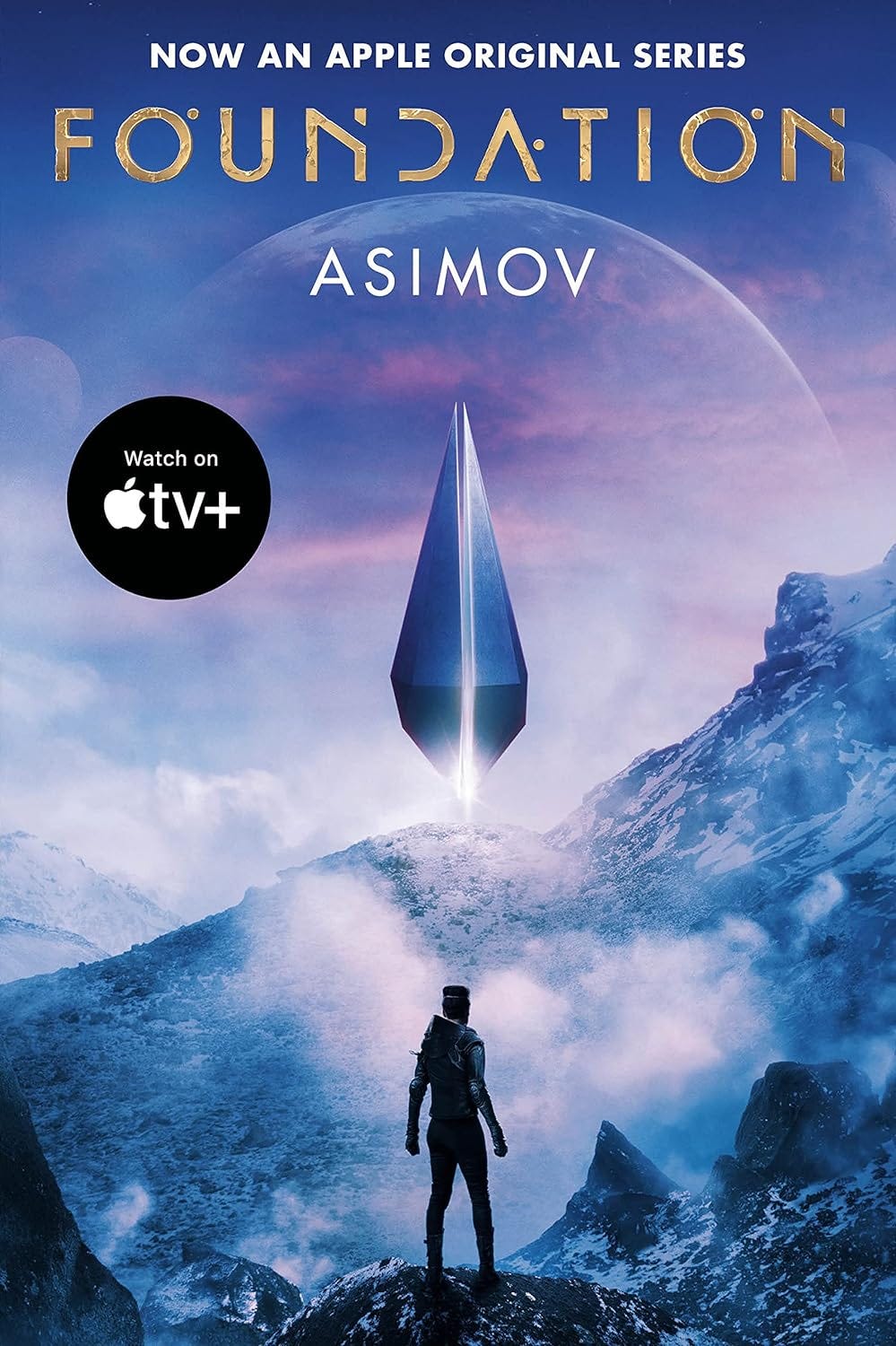
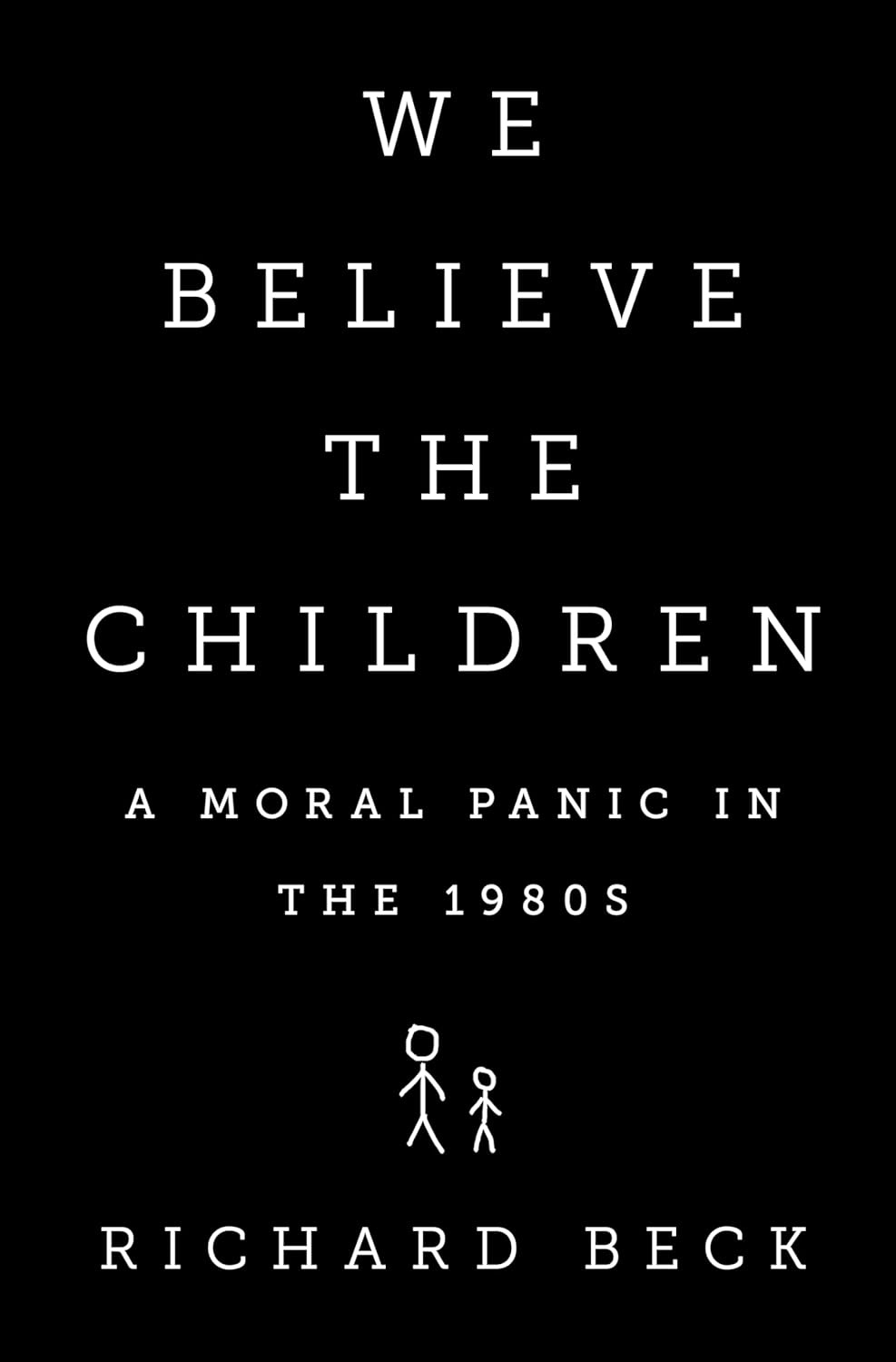
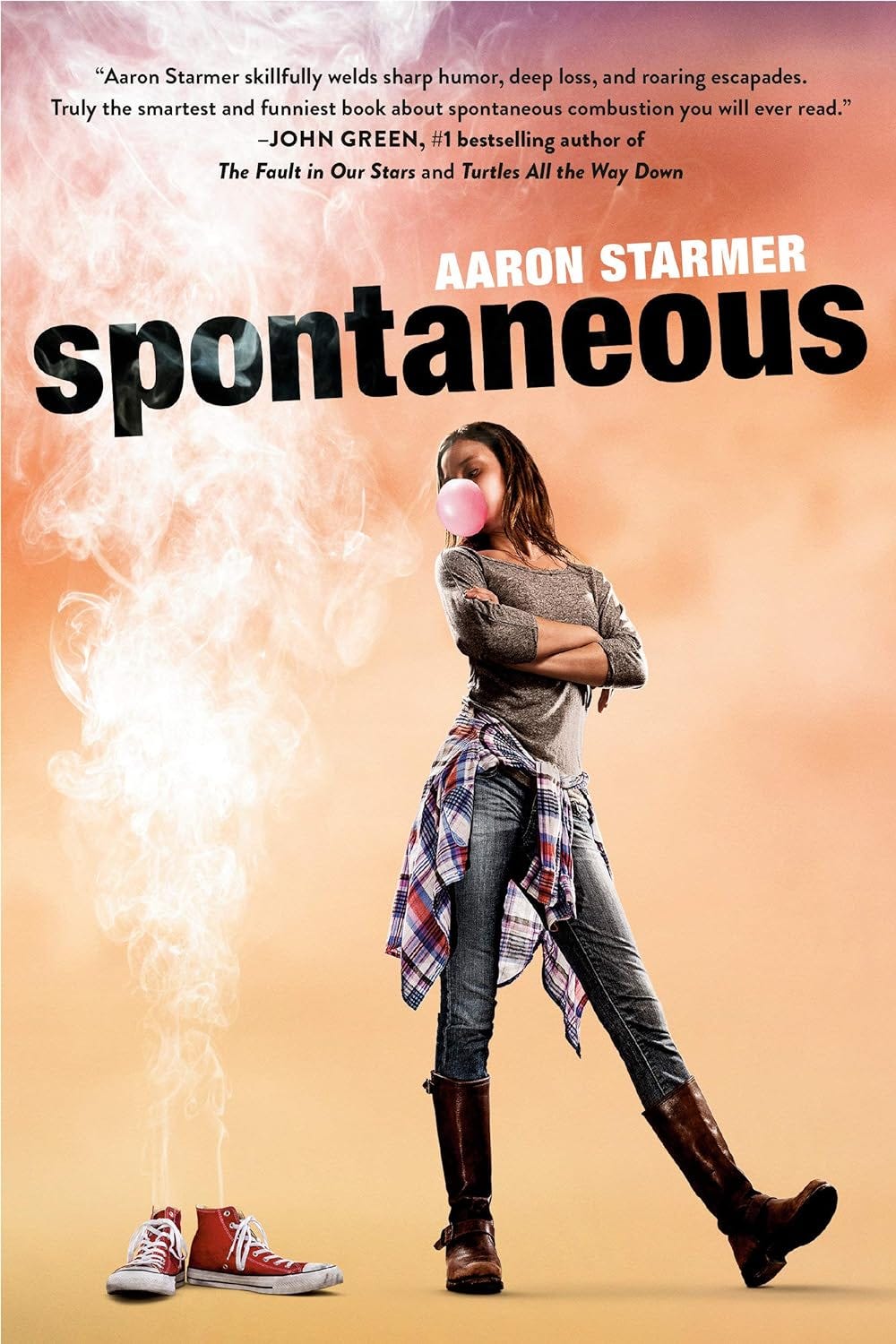
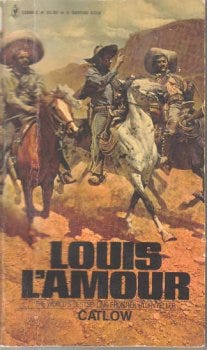
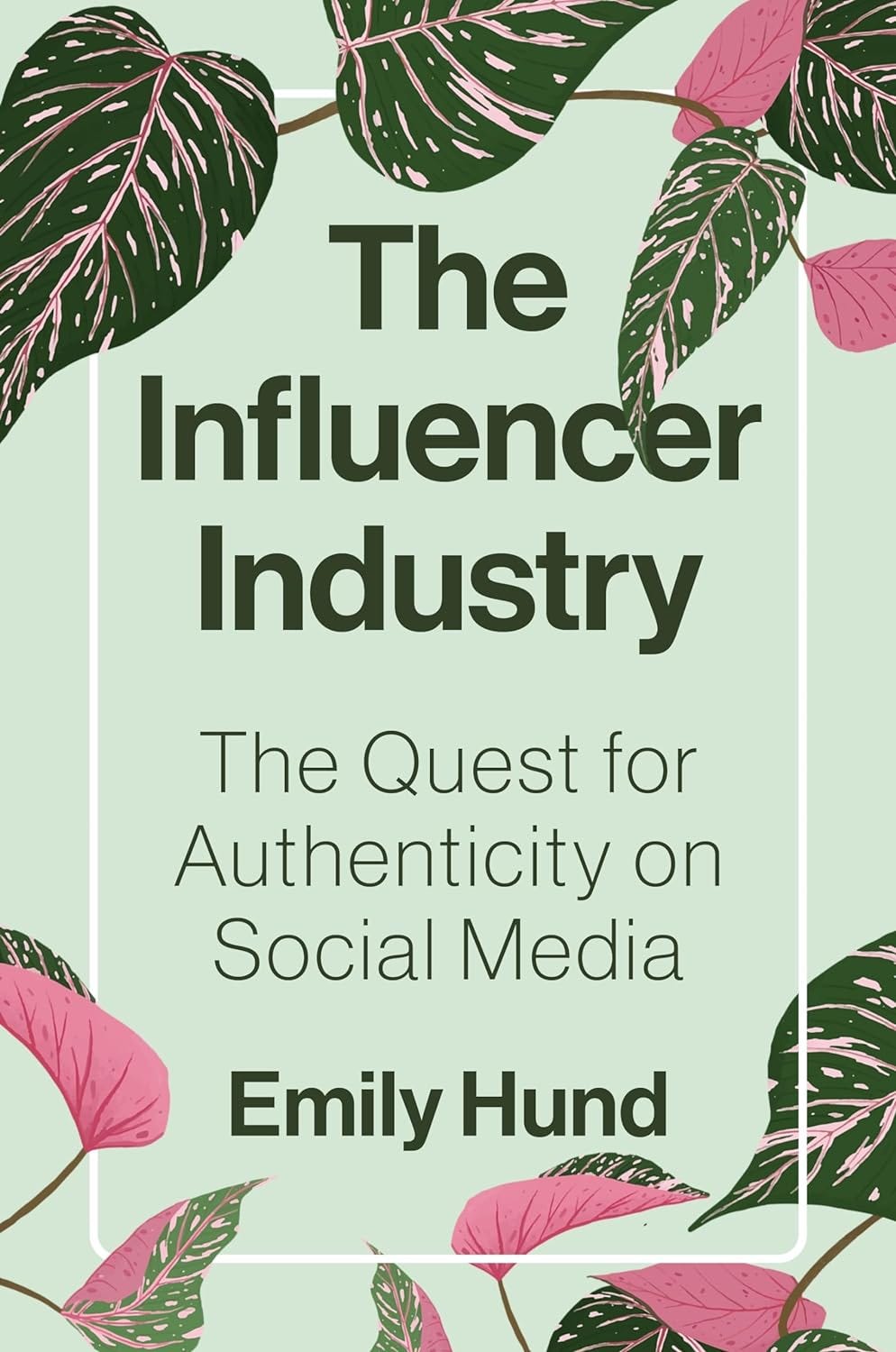
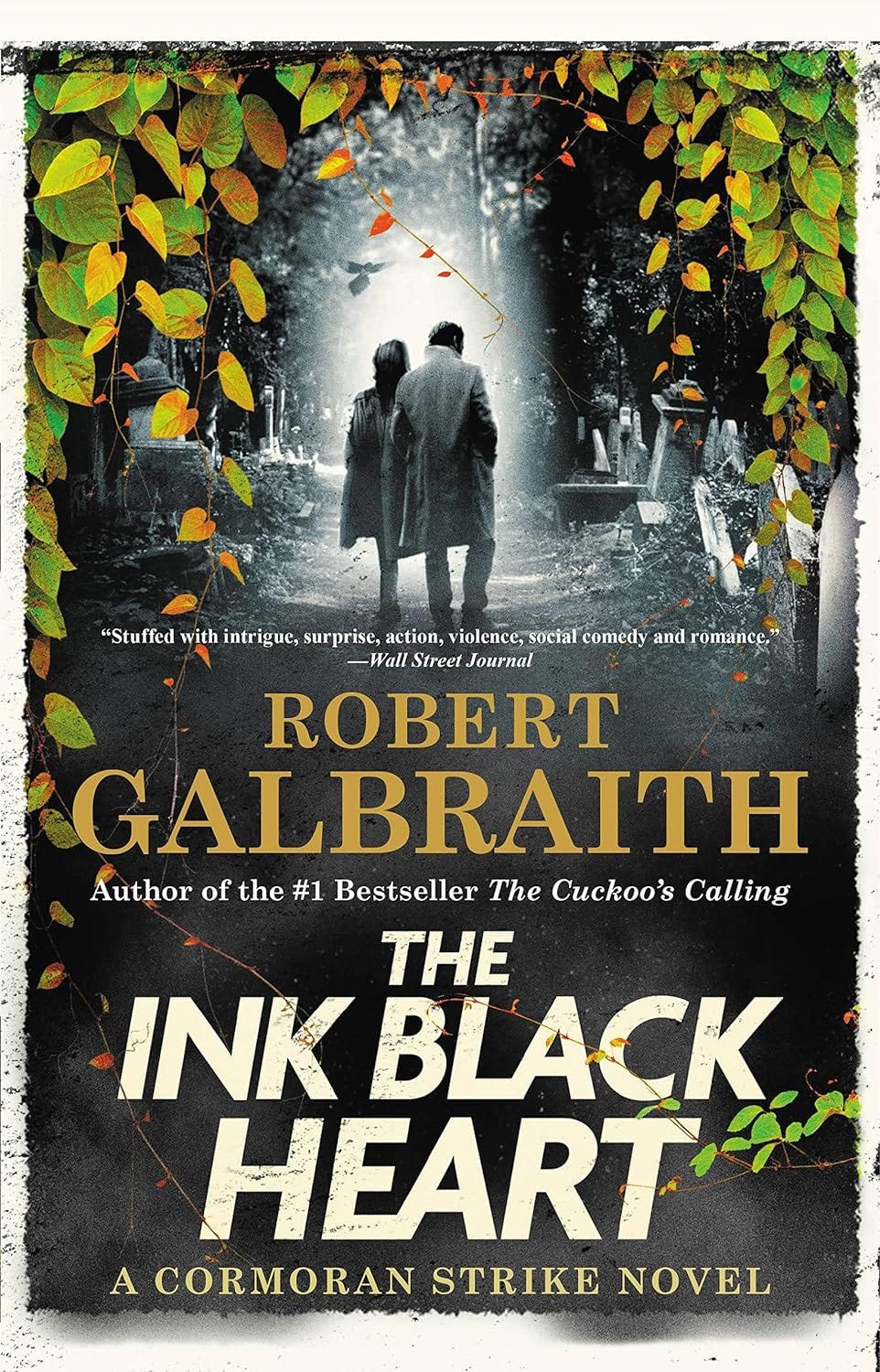
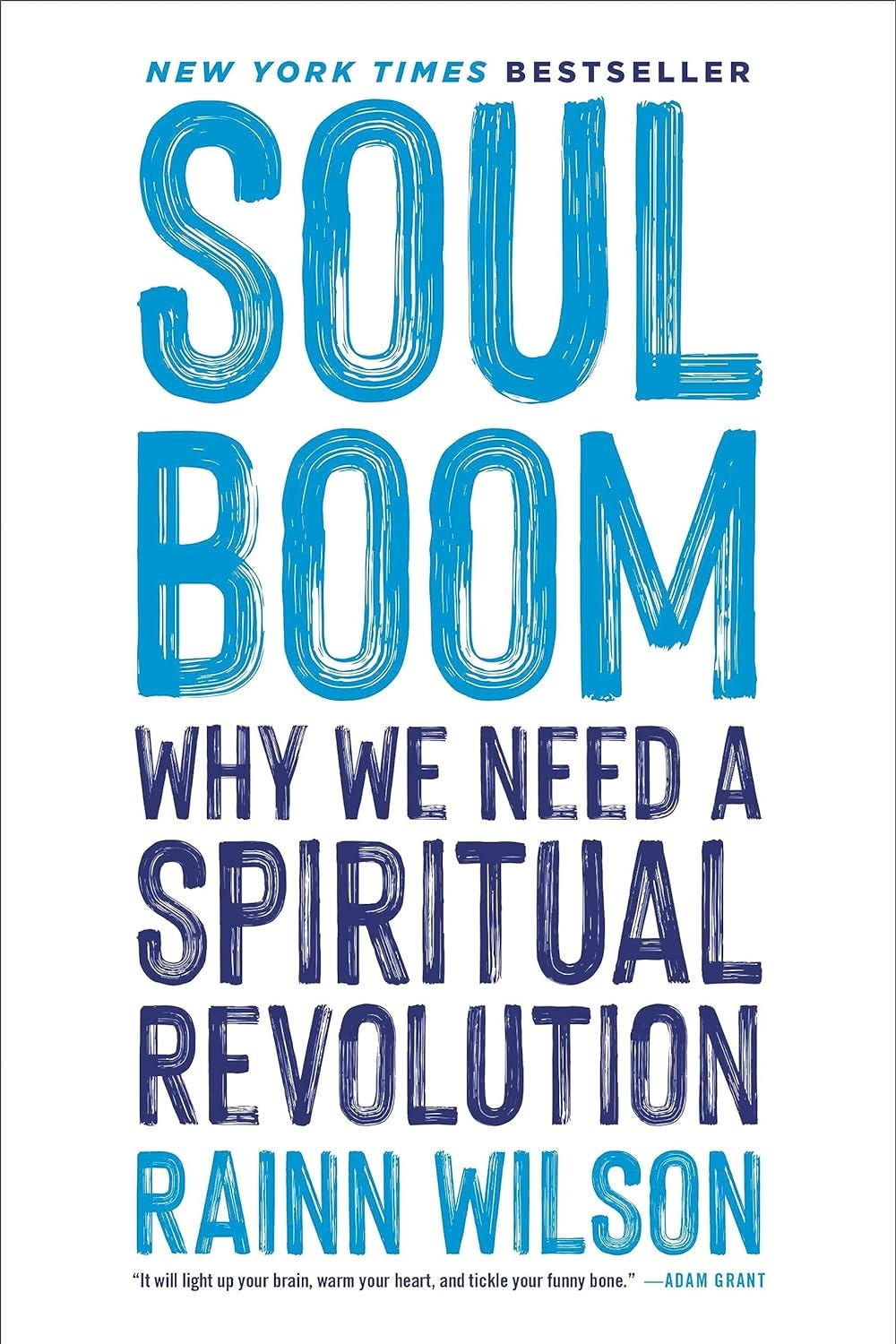
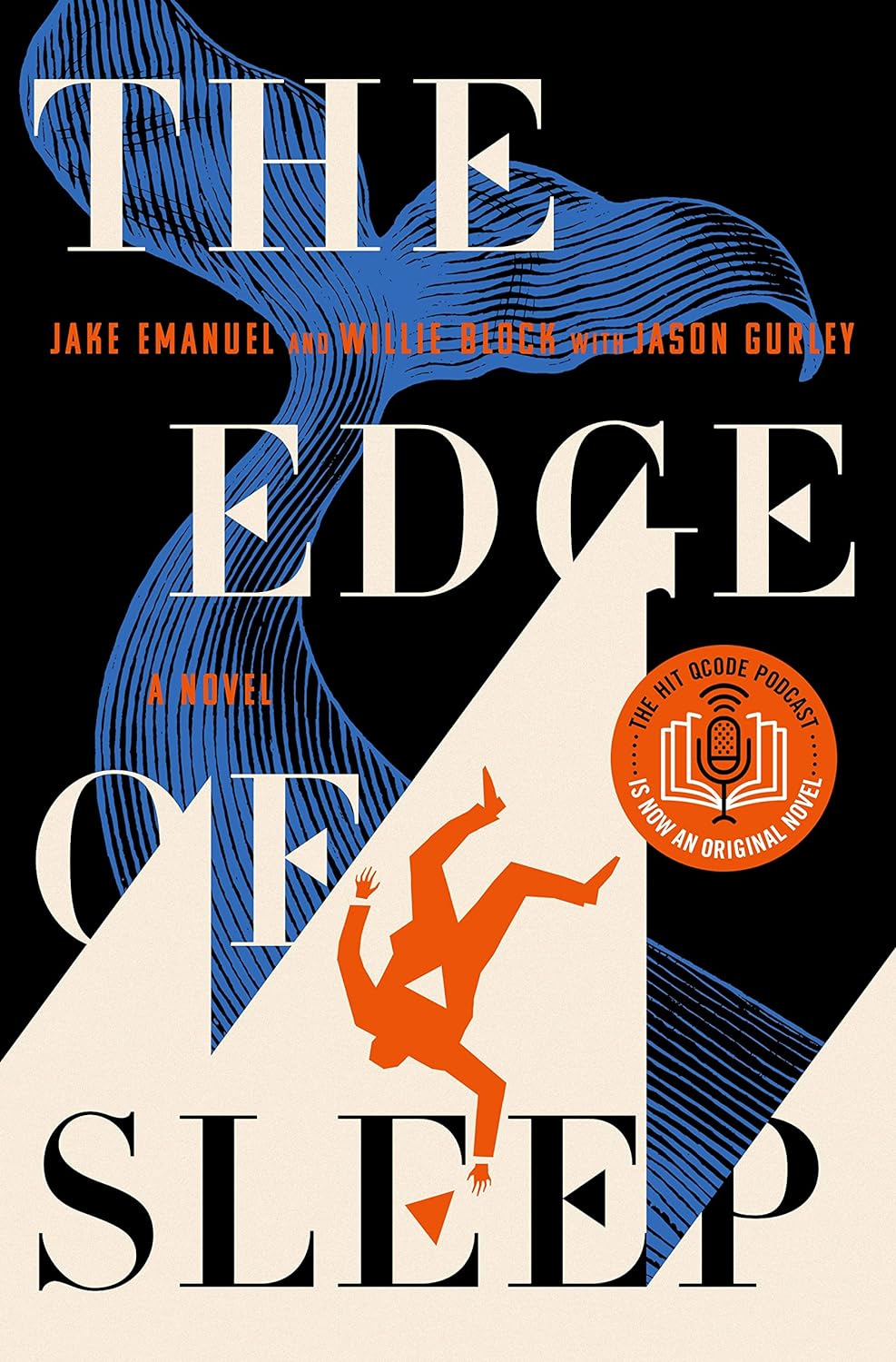
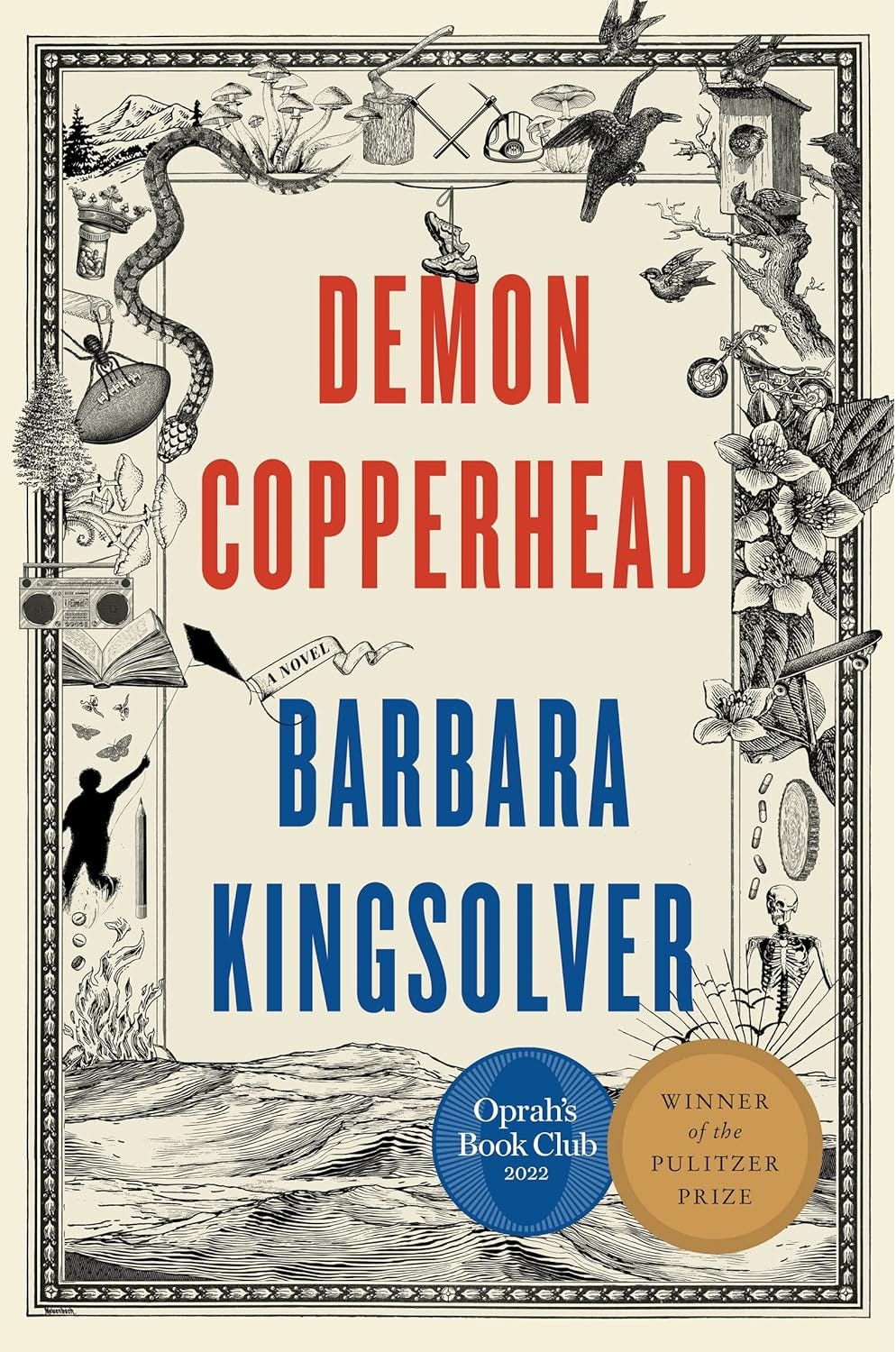

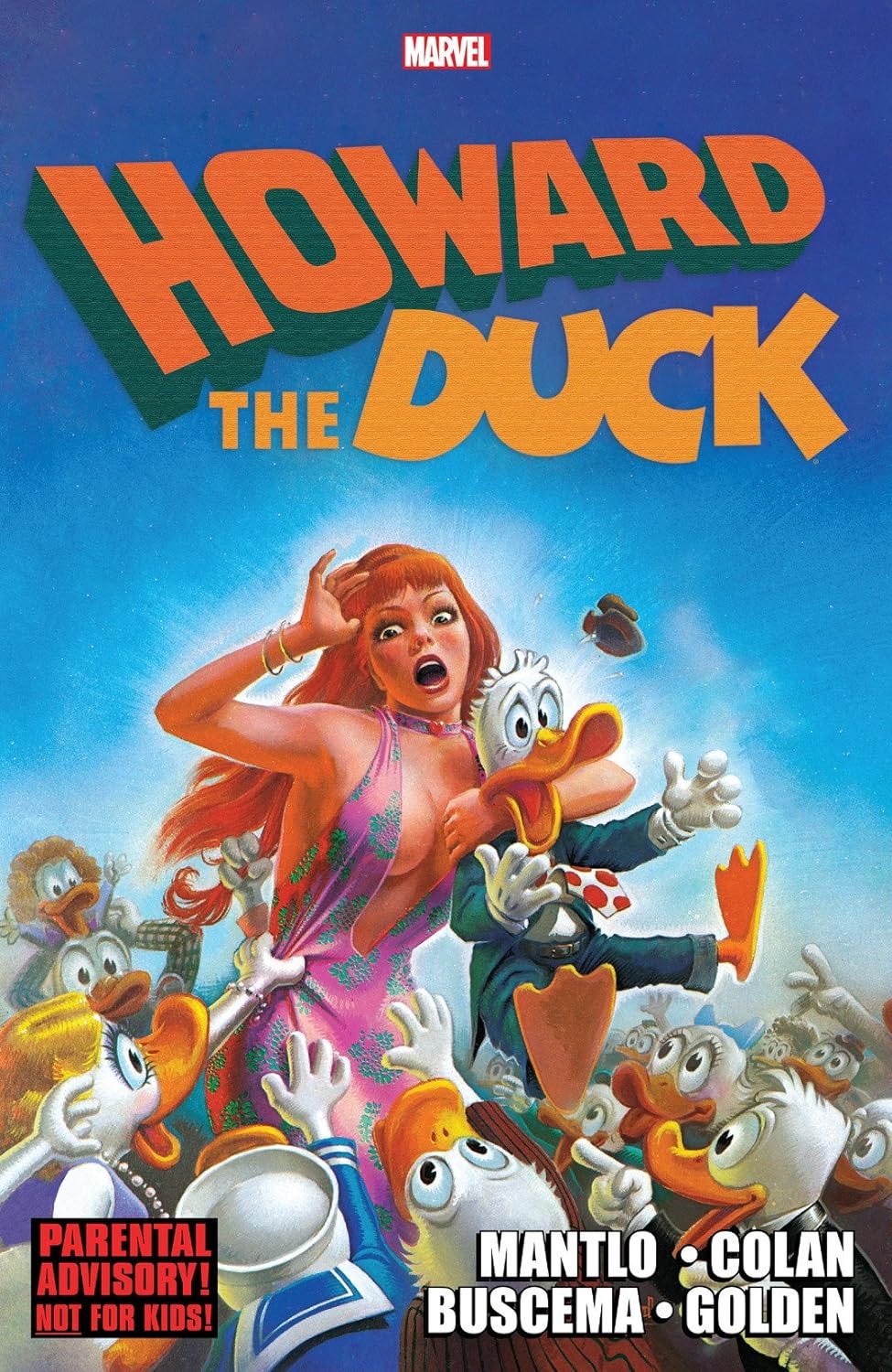

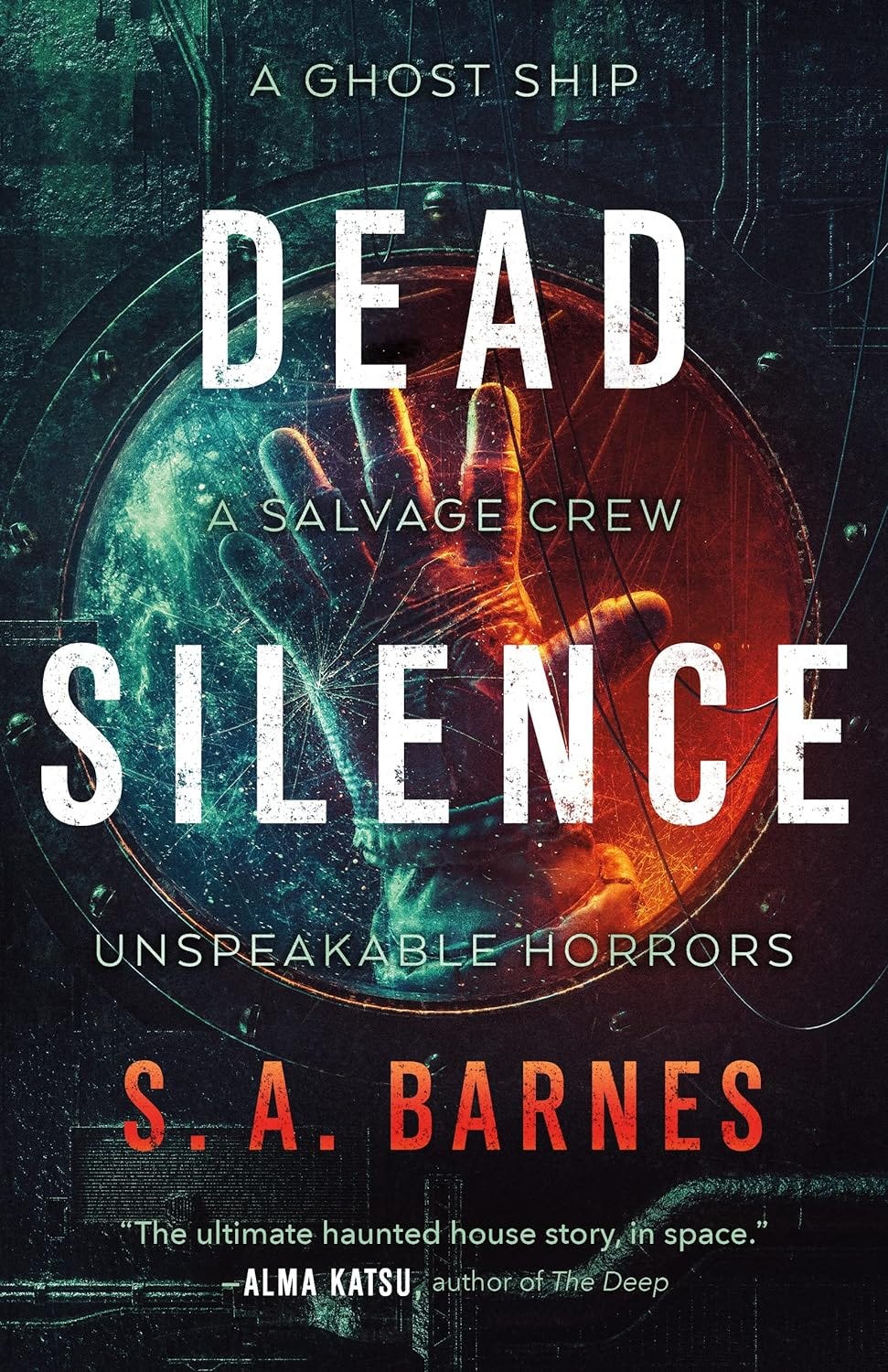

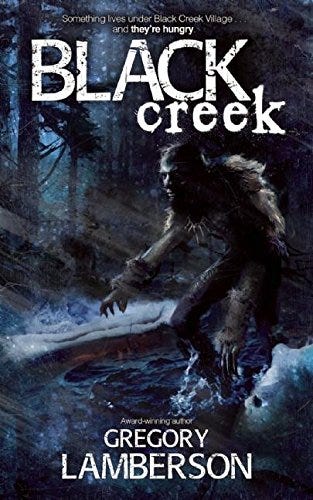
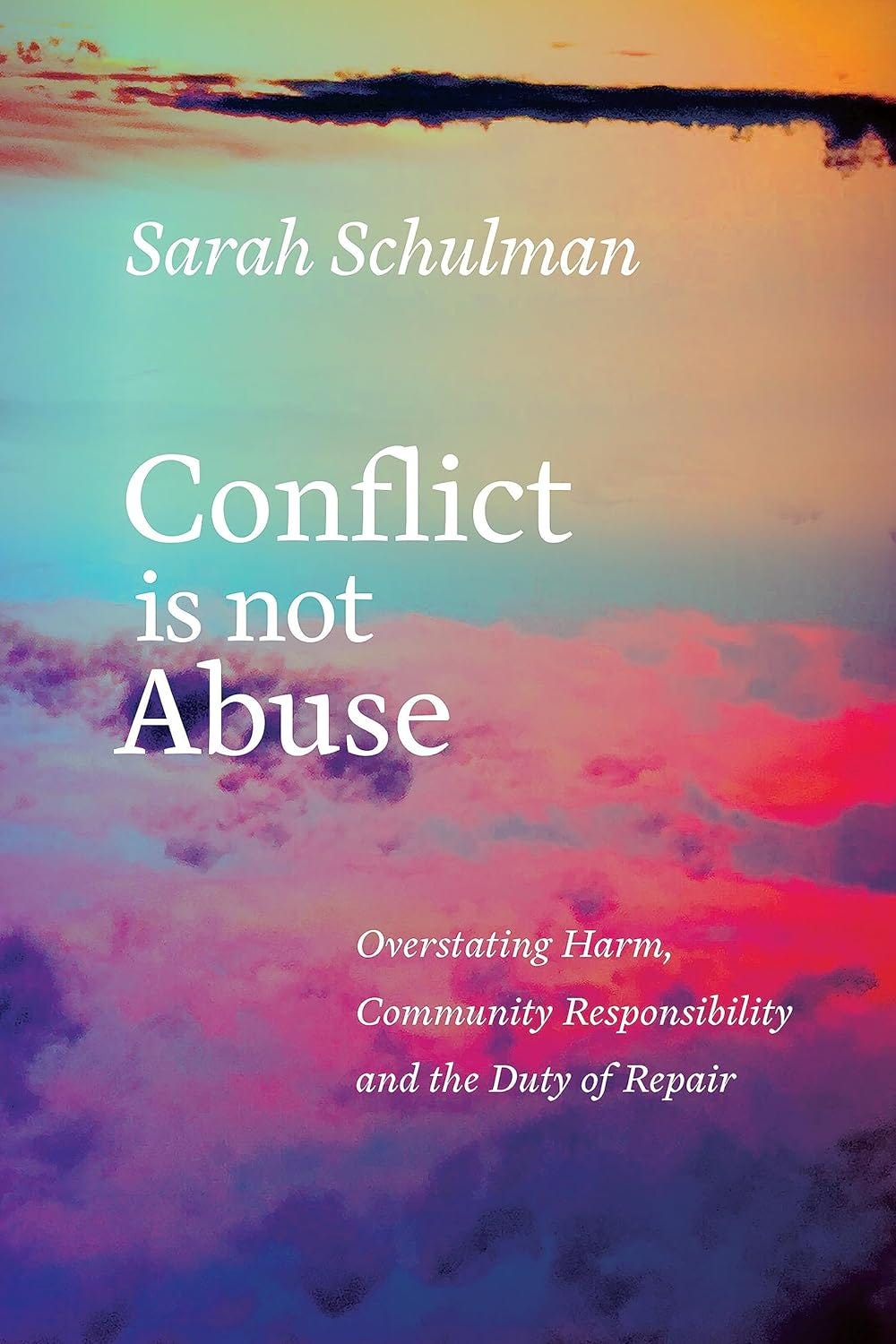
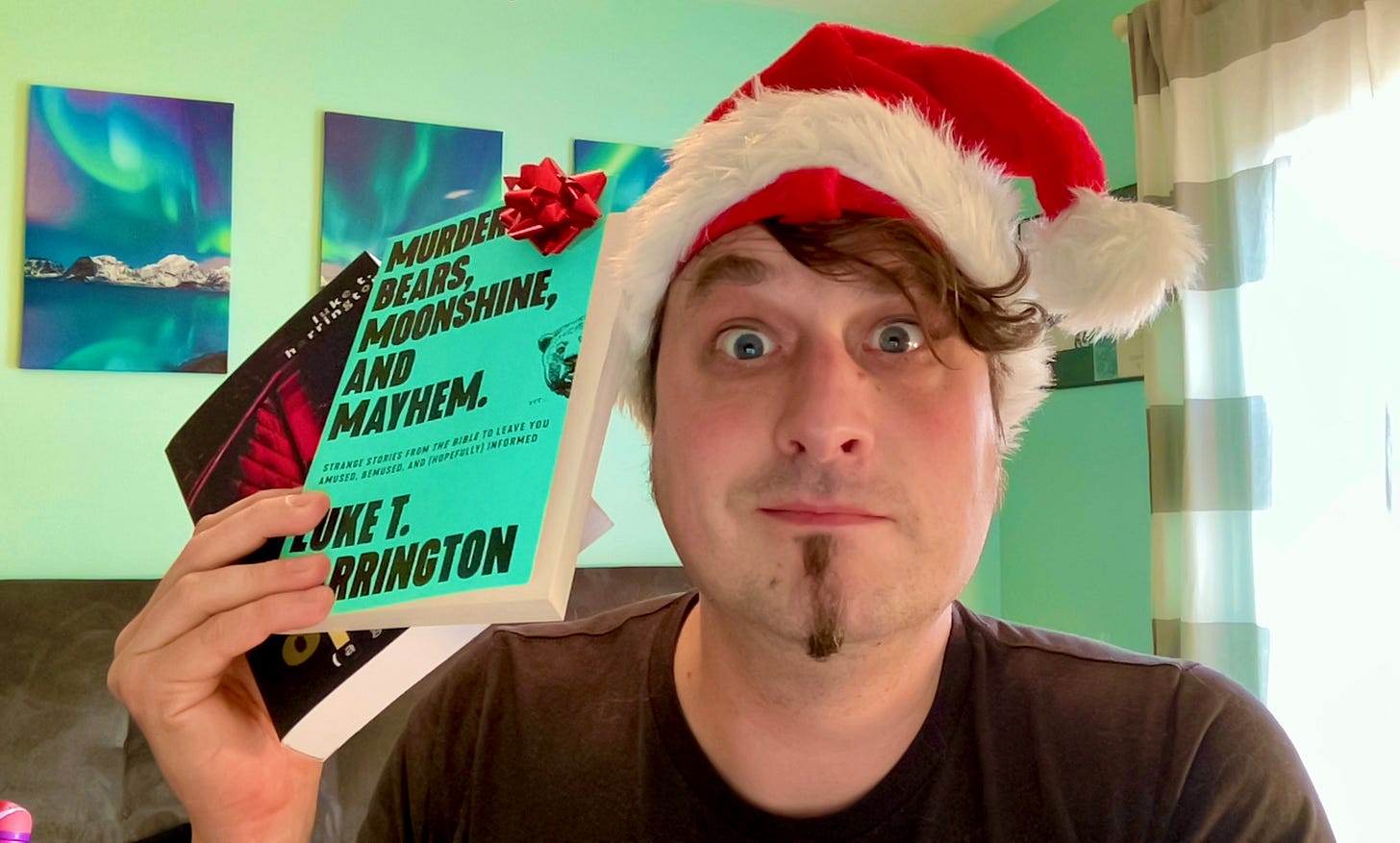
Worth a watch, if only for Holliday Grainger: https://en.wikipedia.org/wiki/Strike_(TV_series)
Yes, Rowling's "Ink Black Heart" is pretty bad, an attempt at epistolary novel via text messages, not a successful experiment. However, the earlier books in the series were quite good, with excellent plotting and character development. The Brit TV series is also quite good.